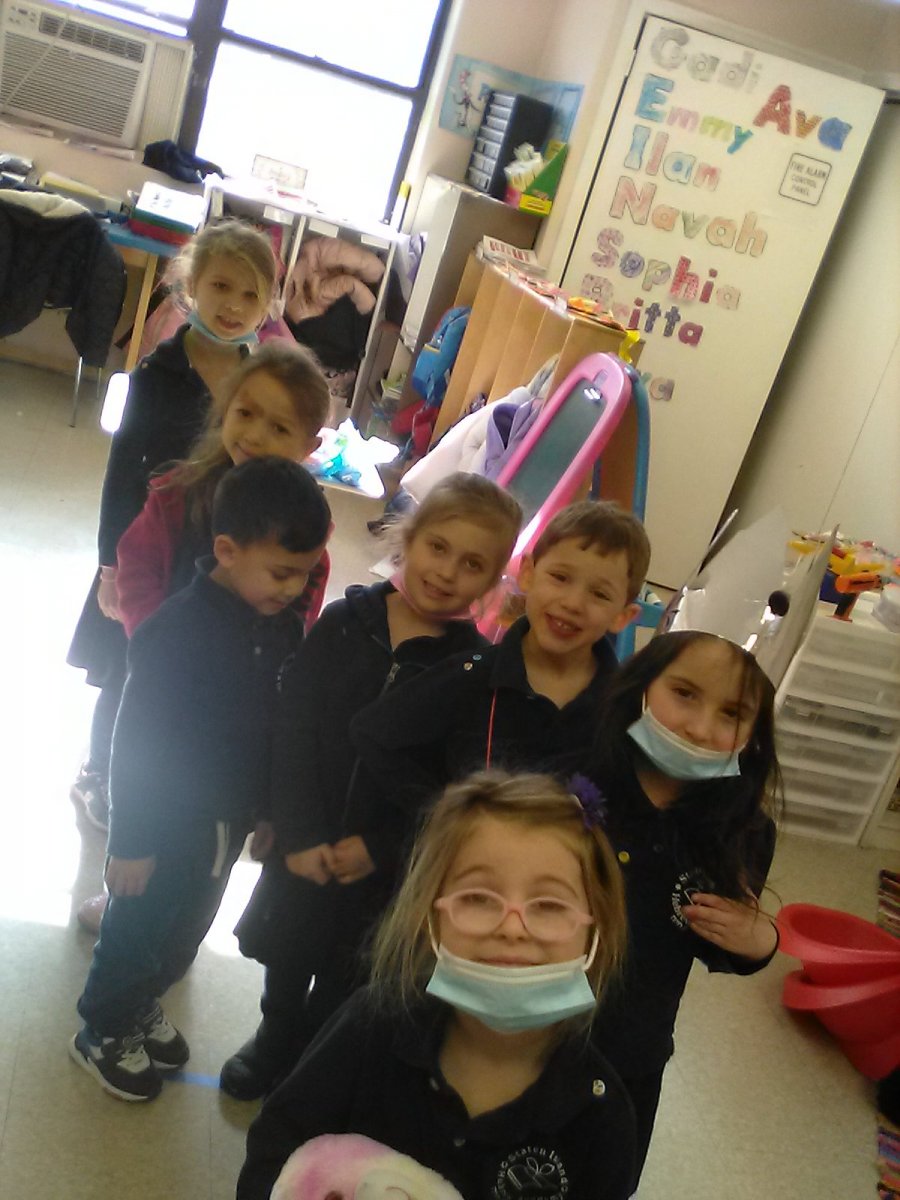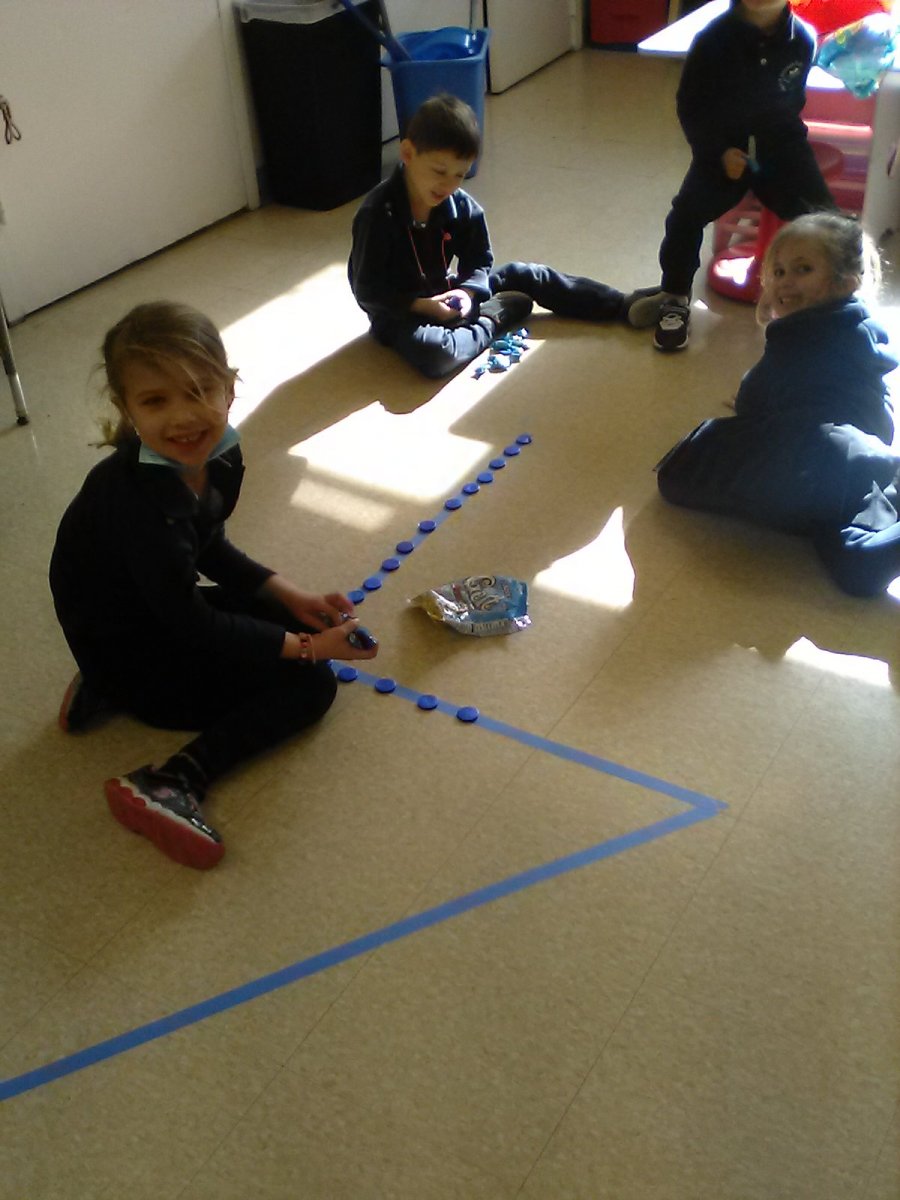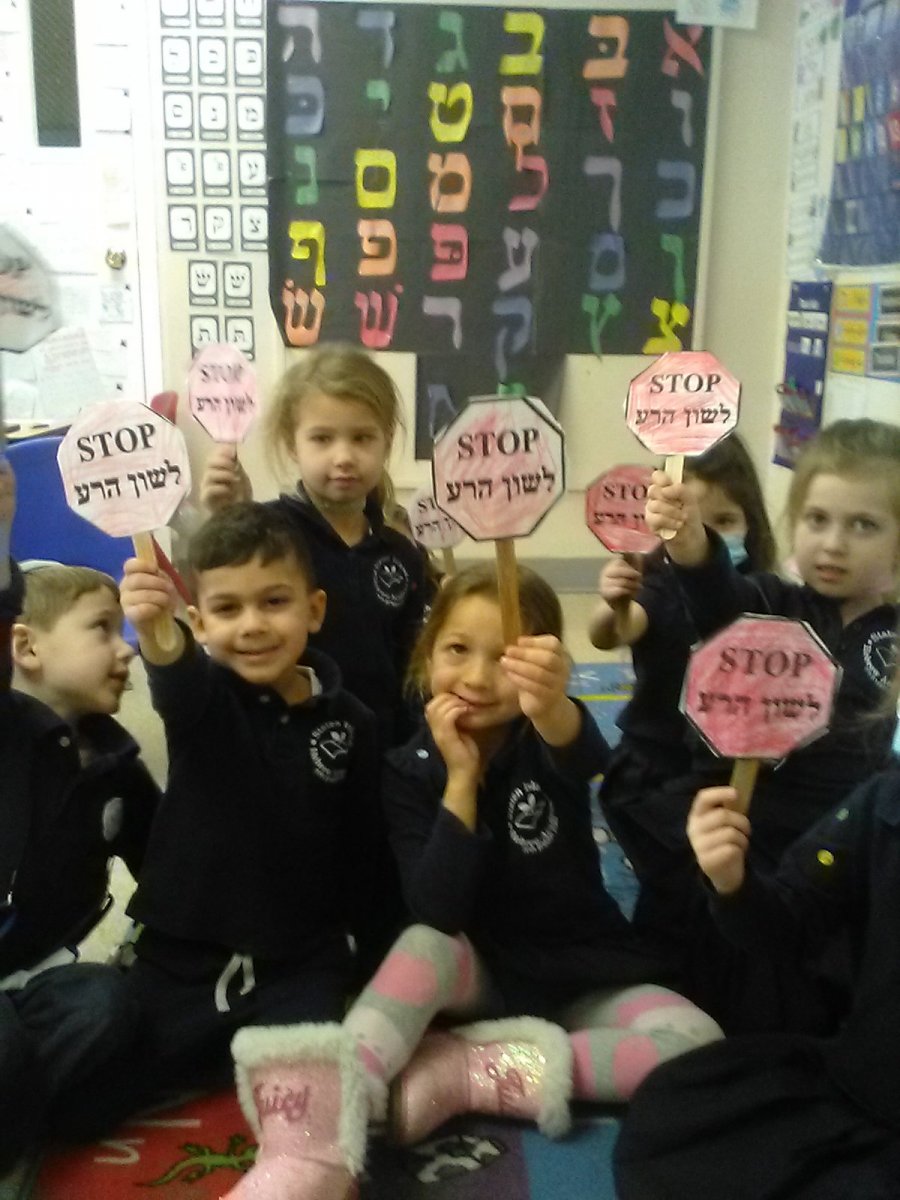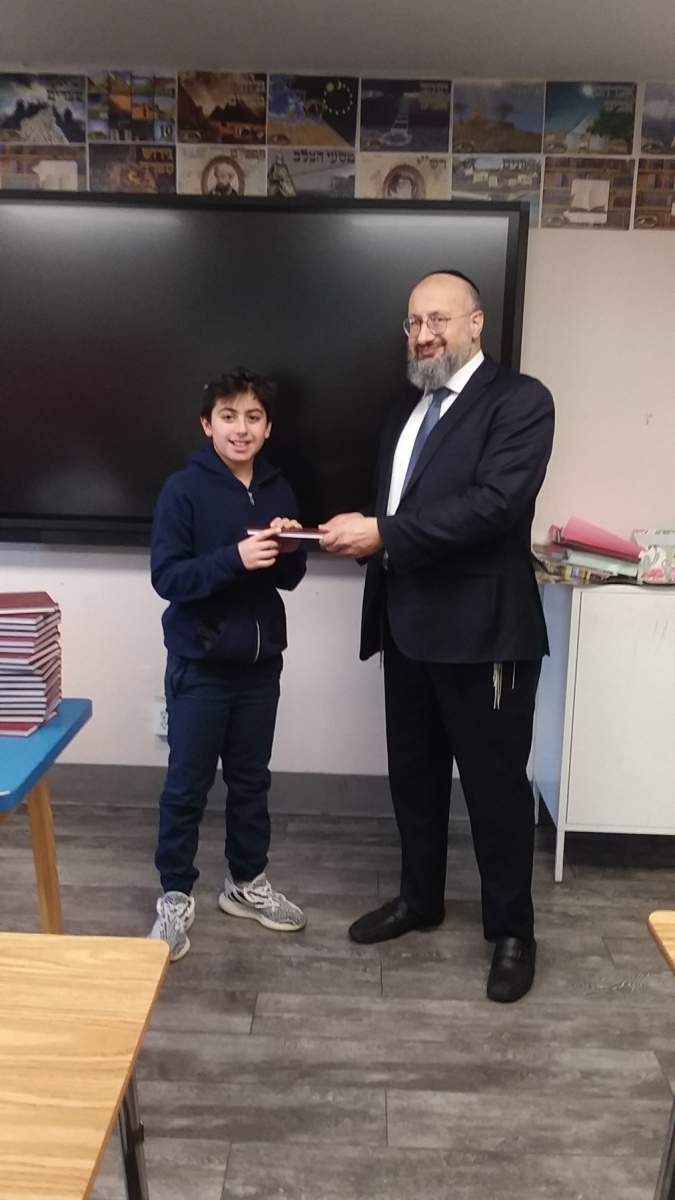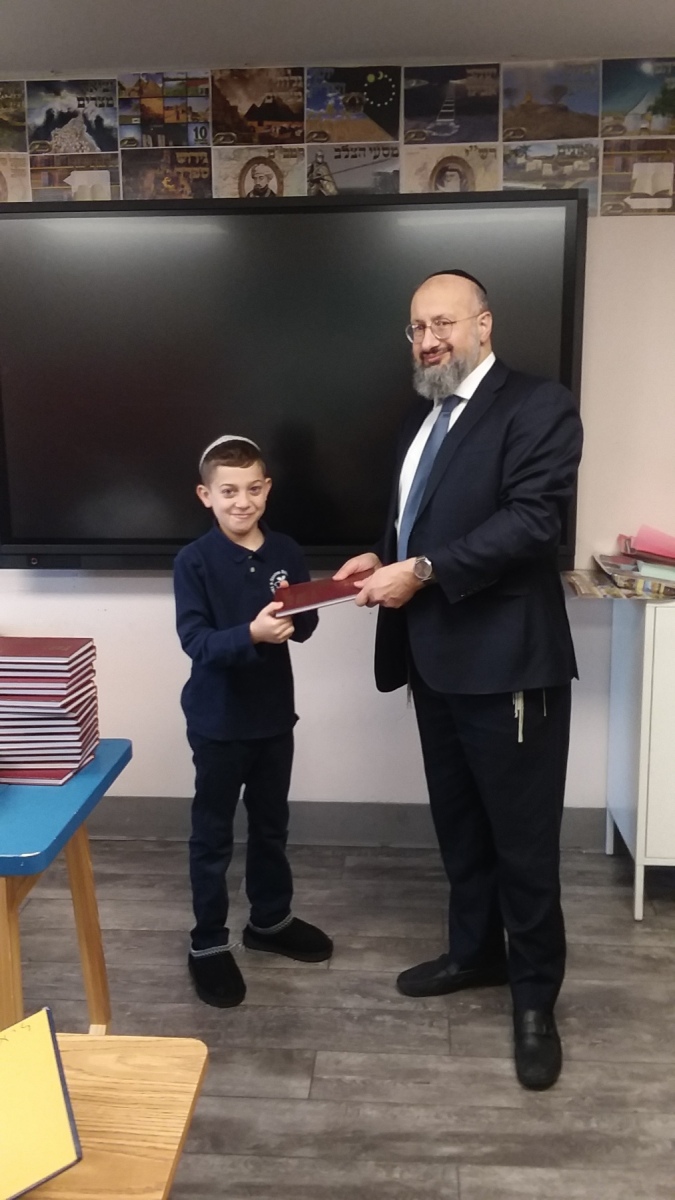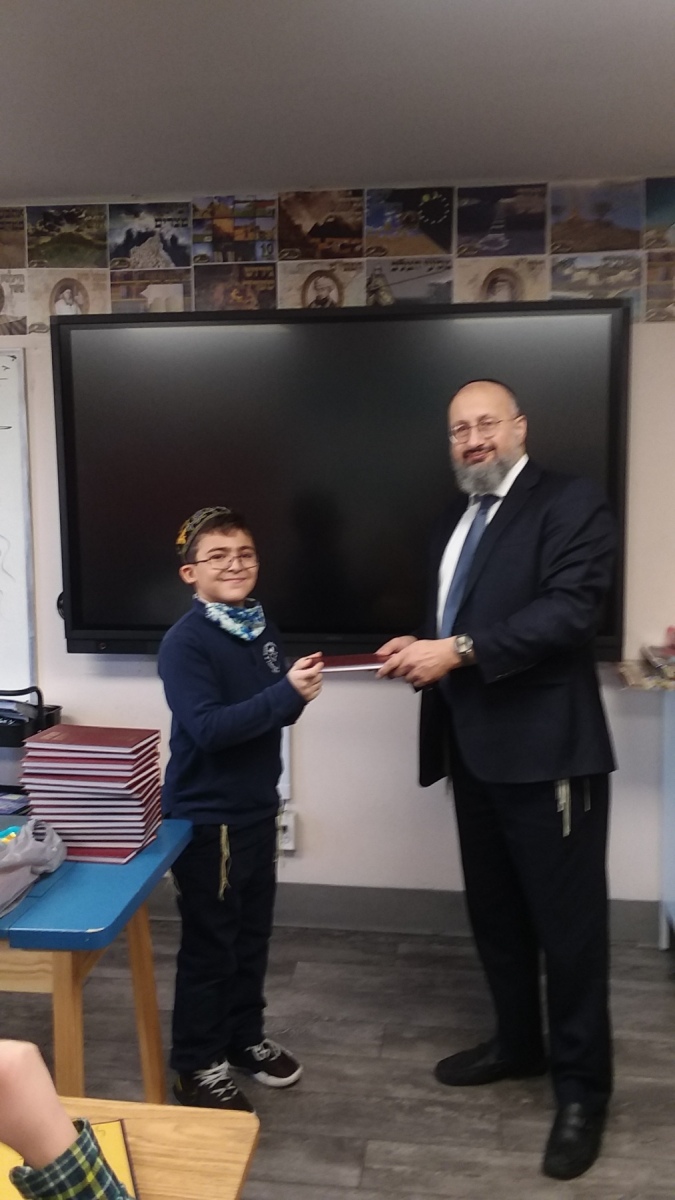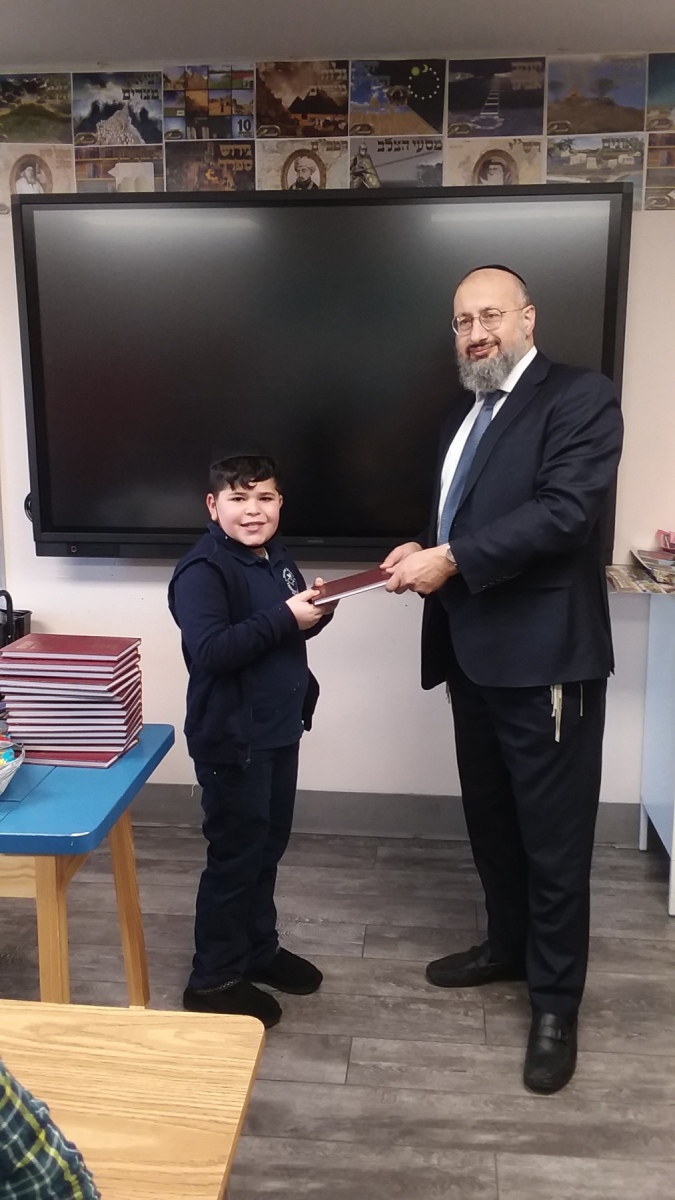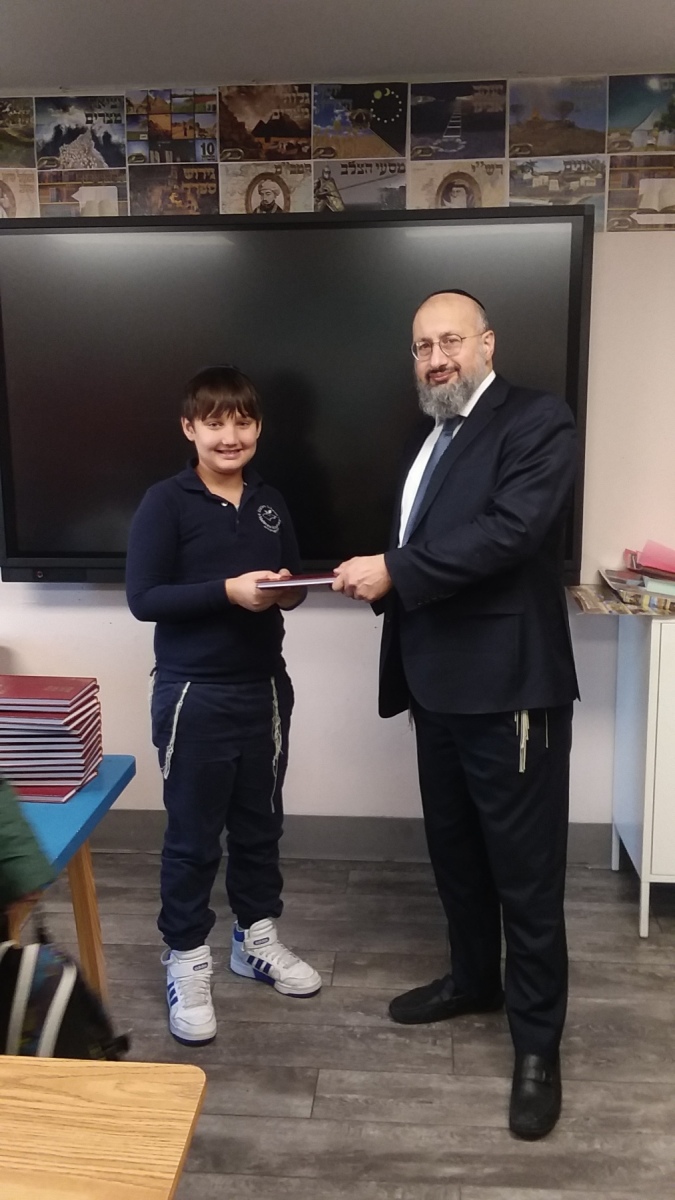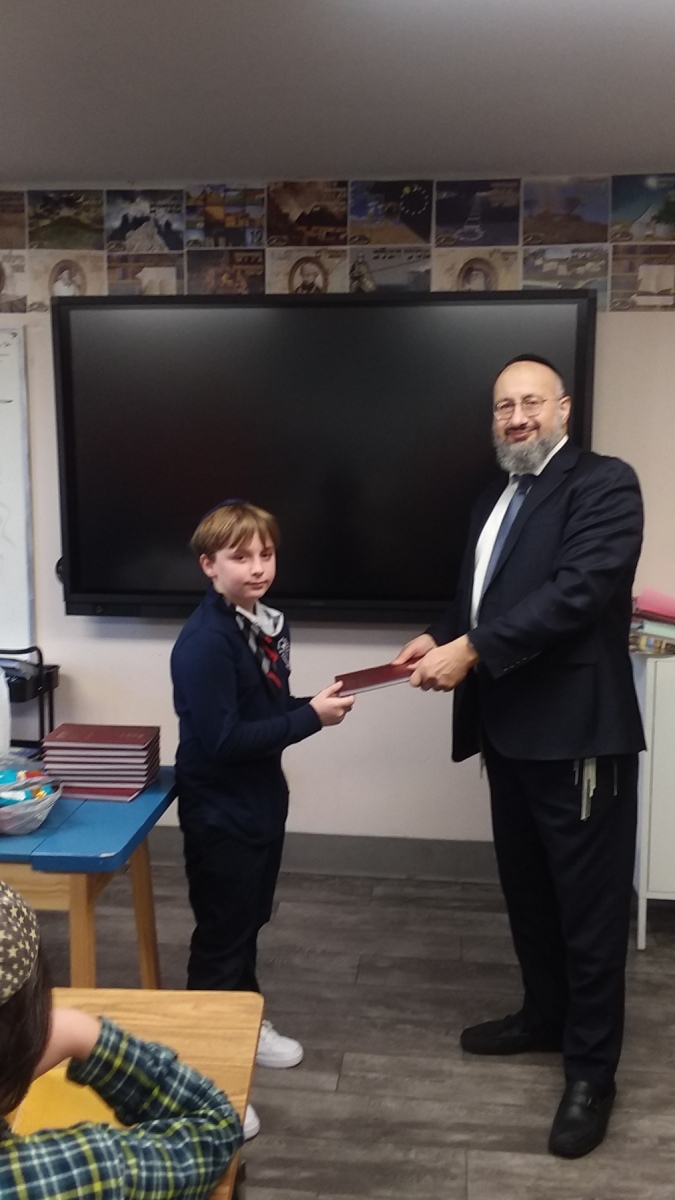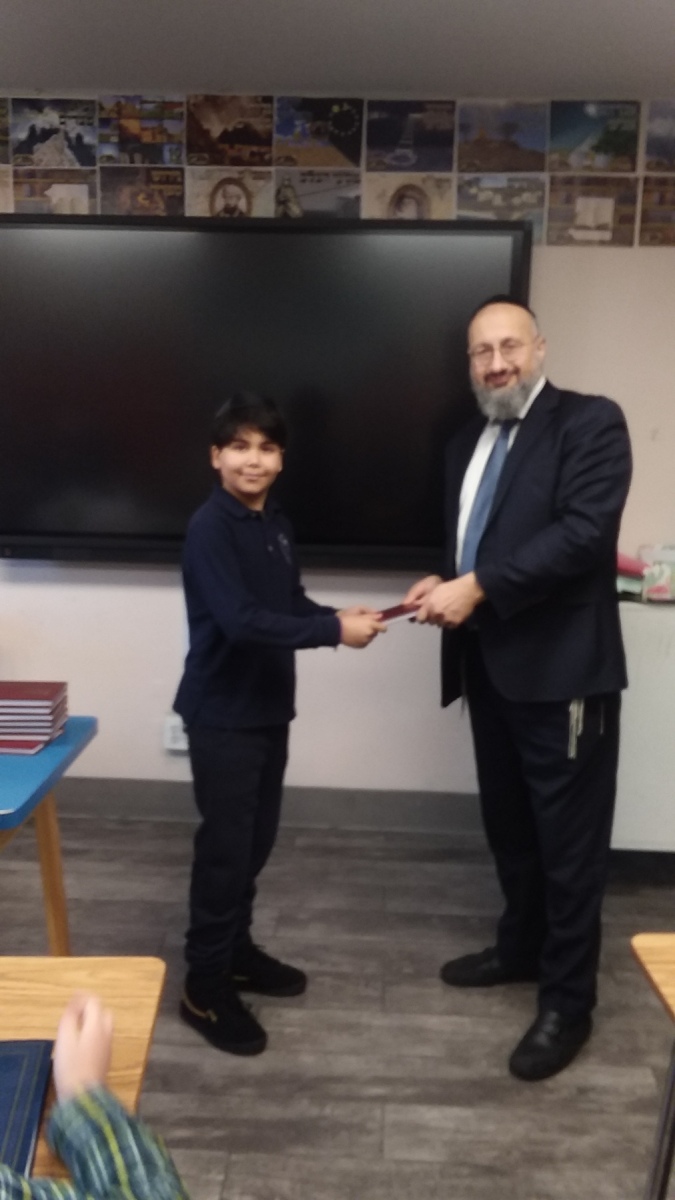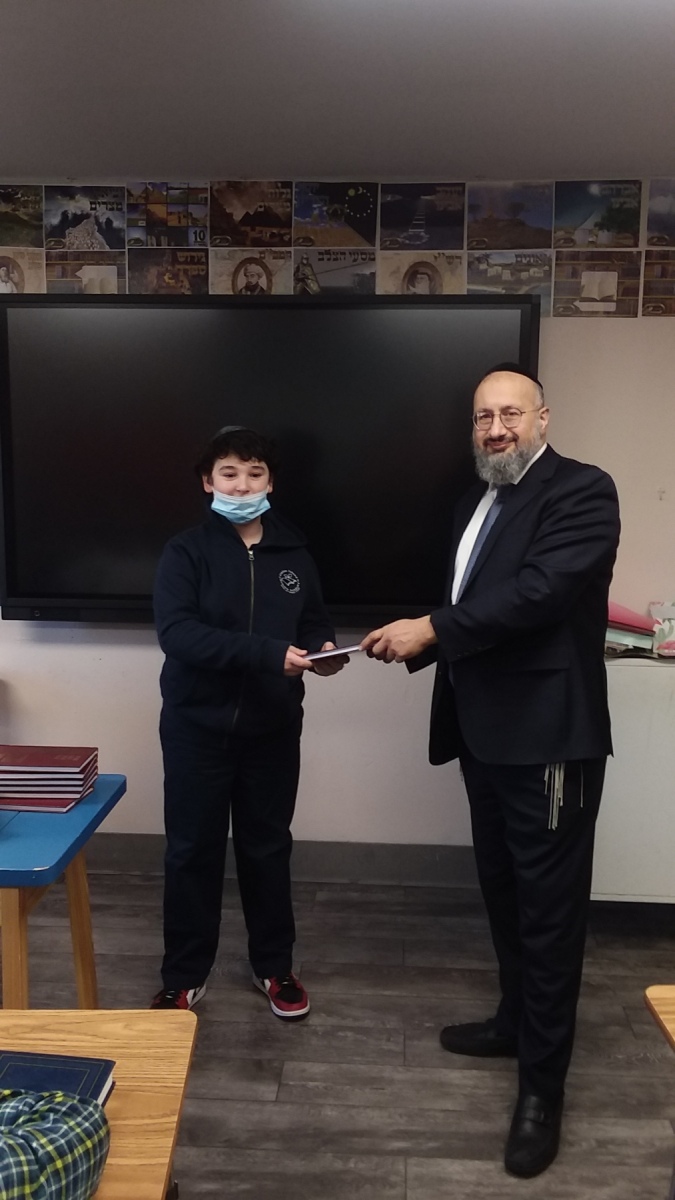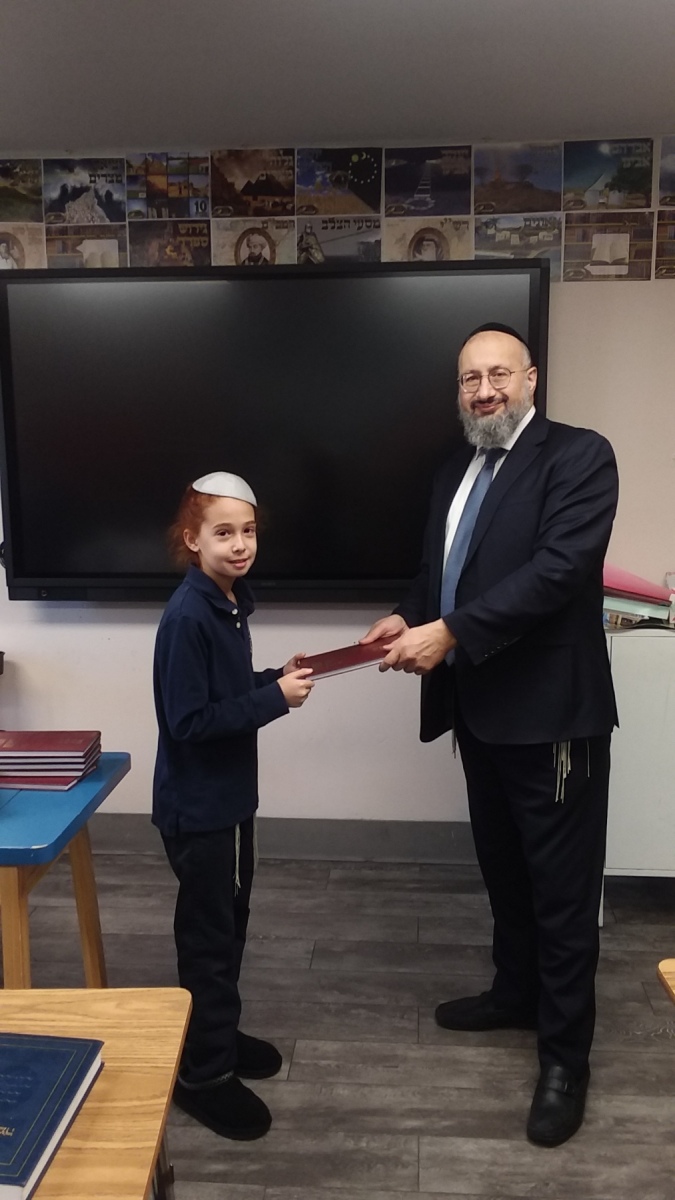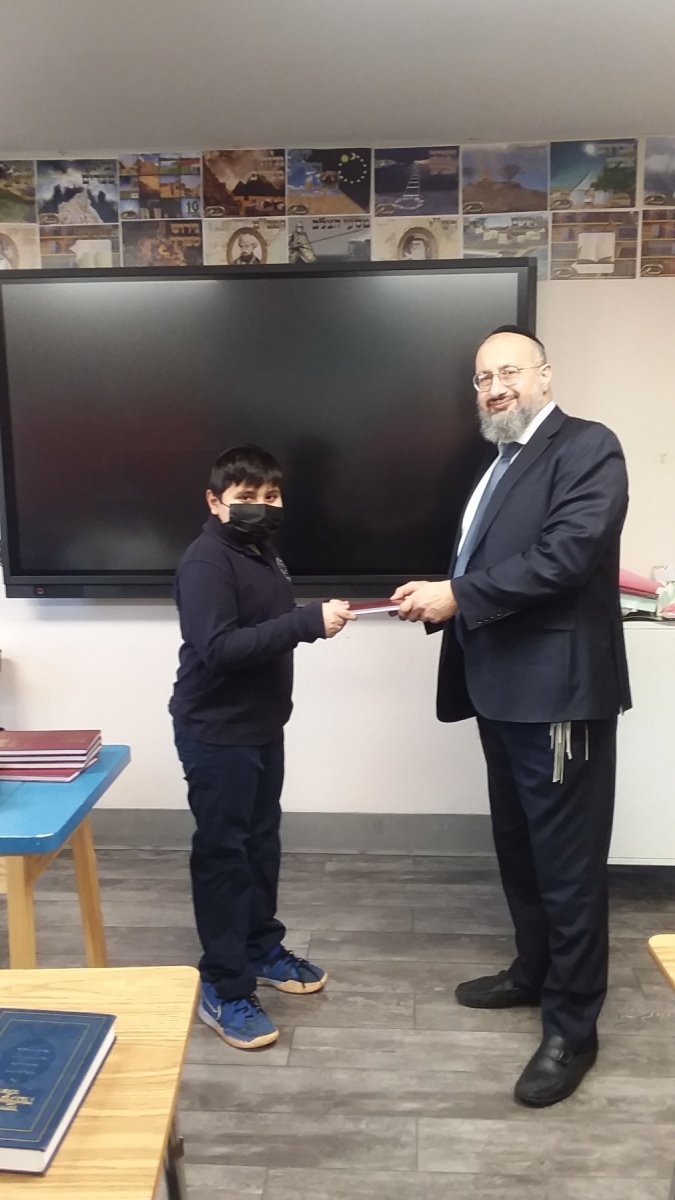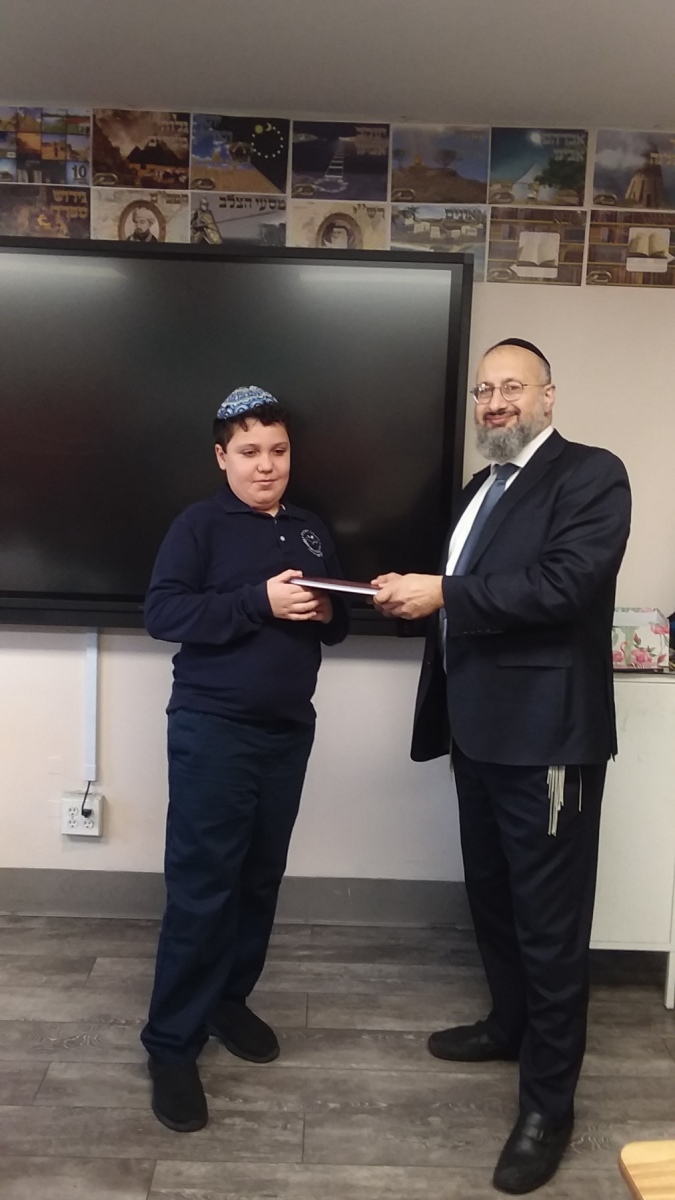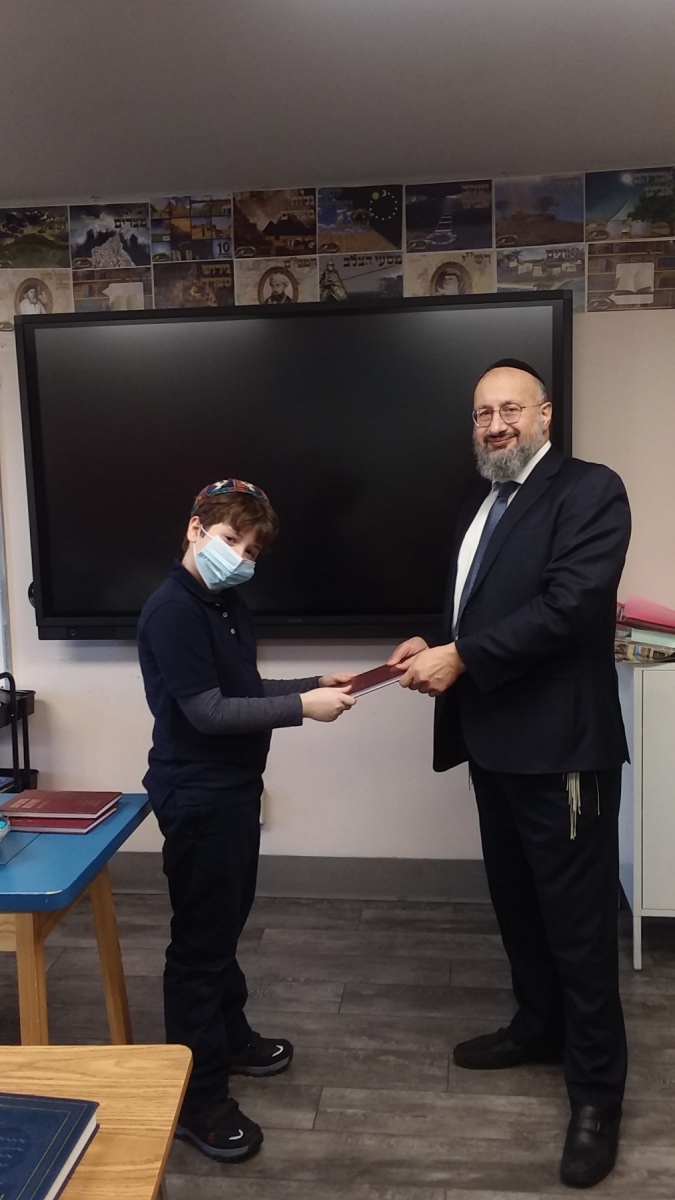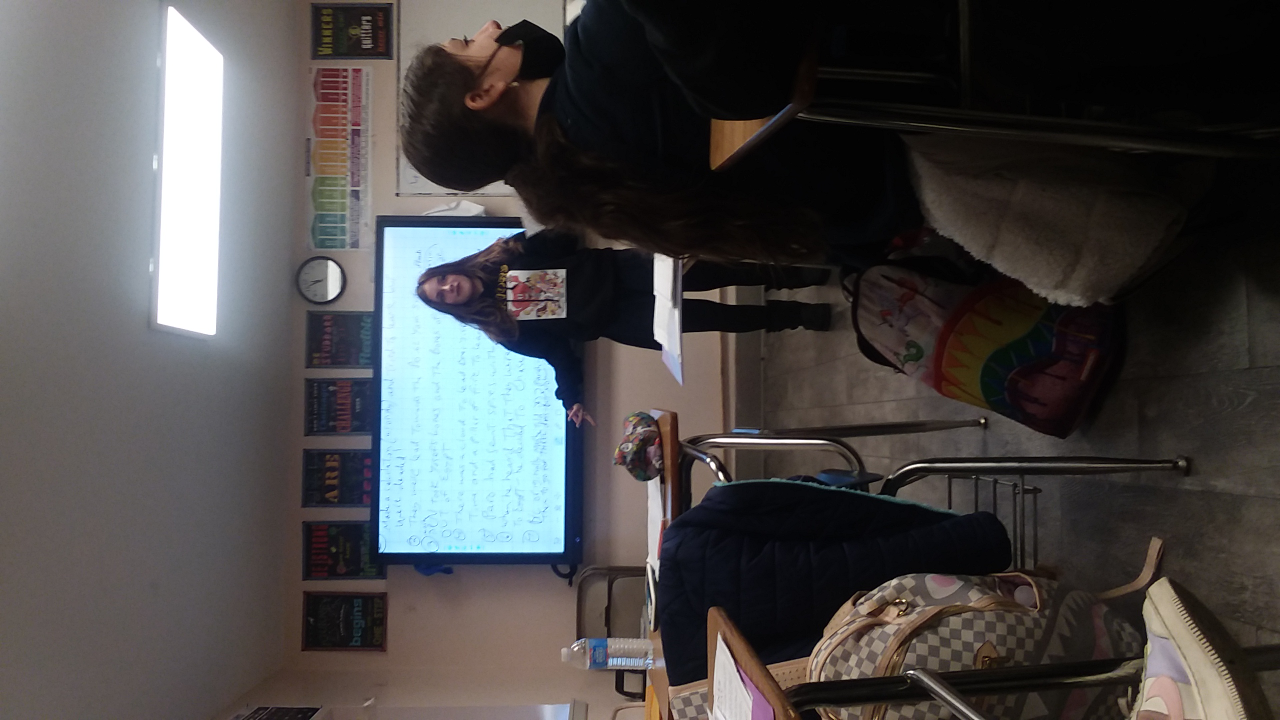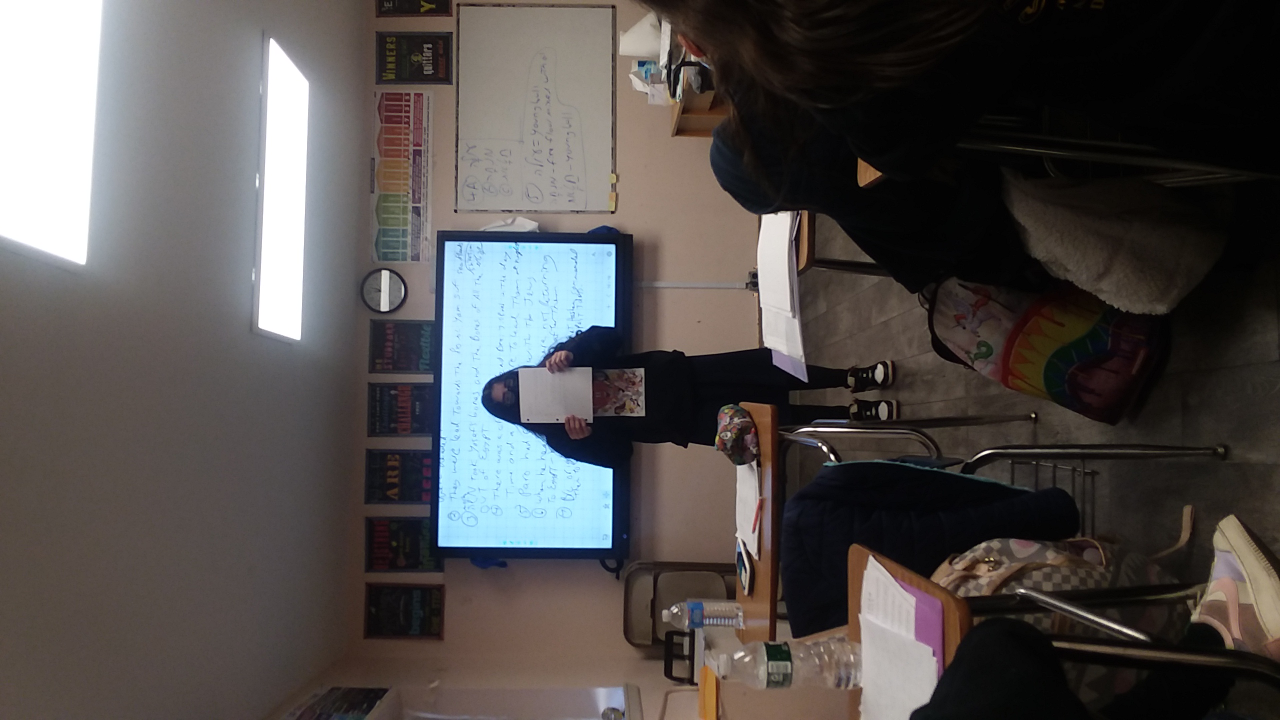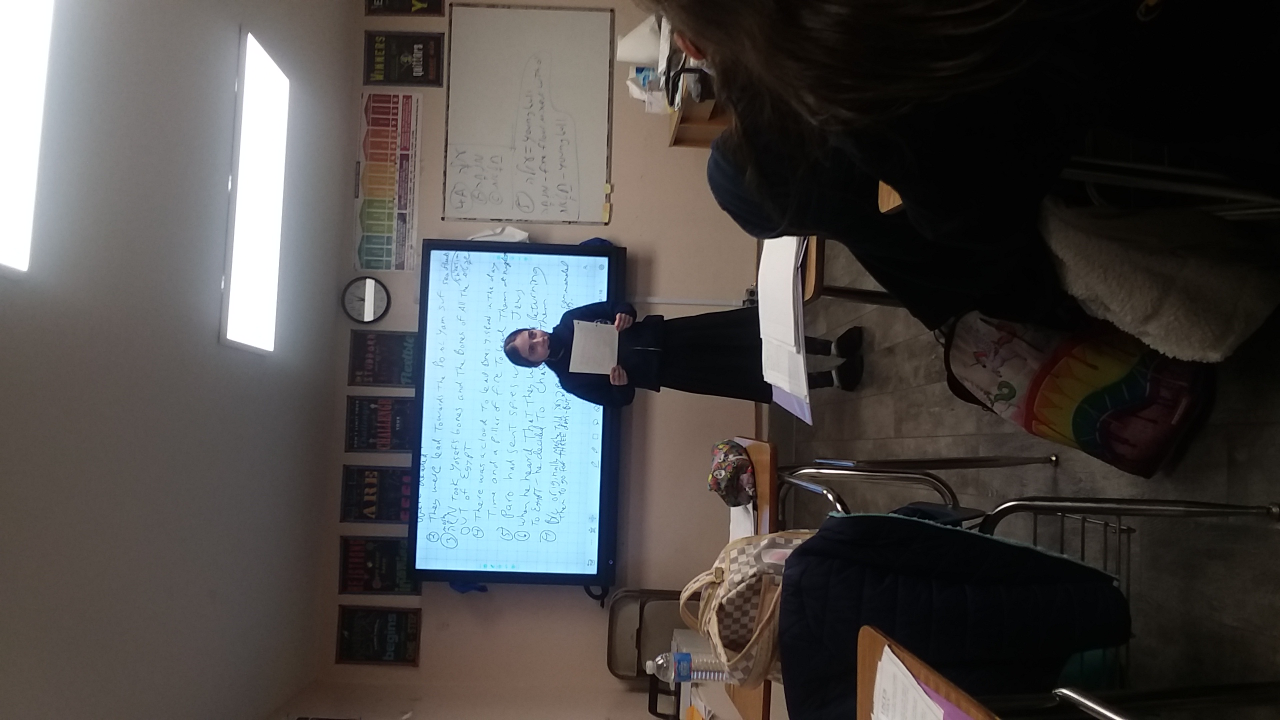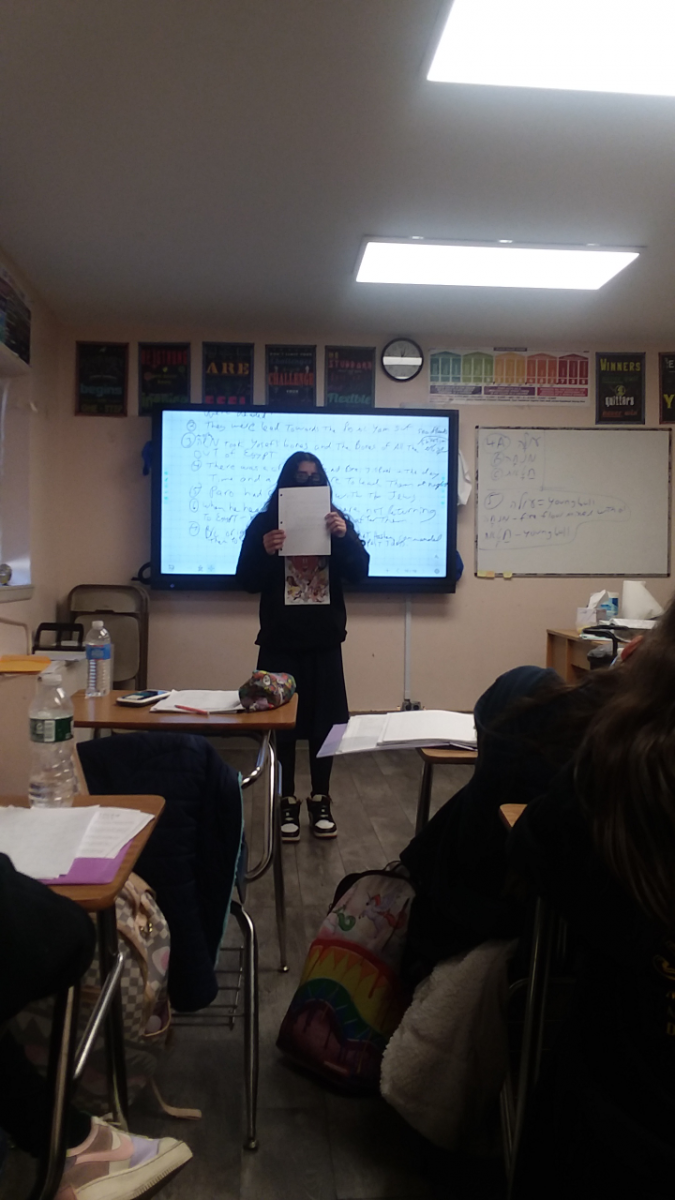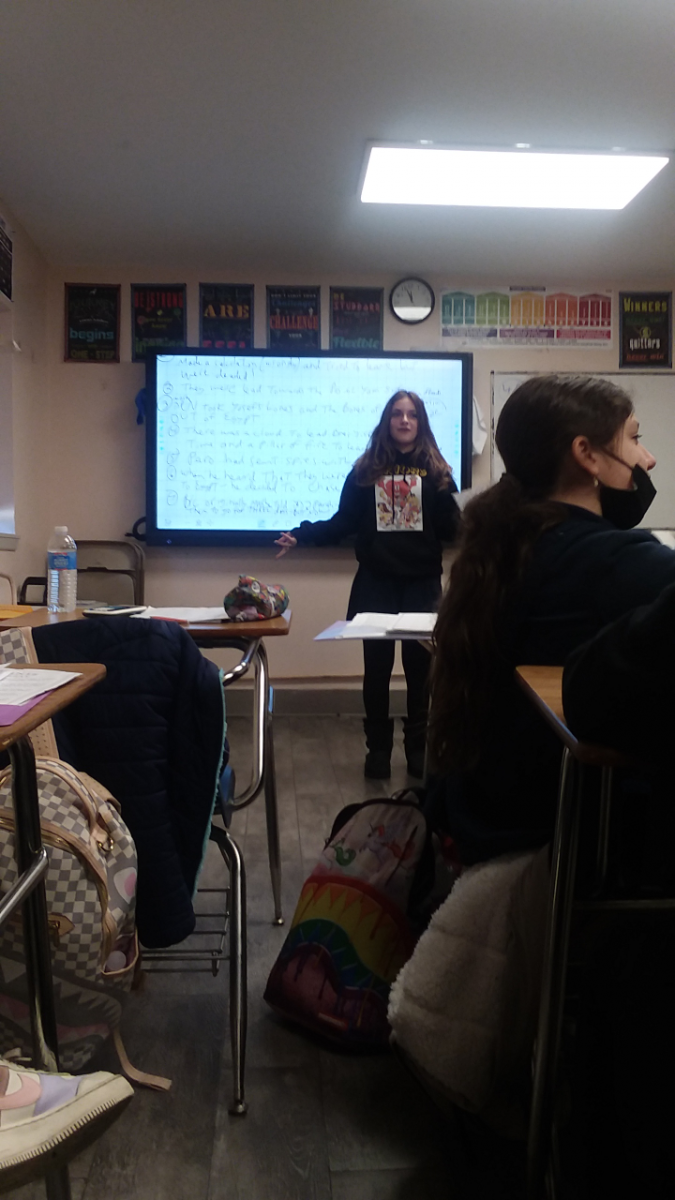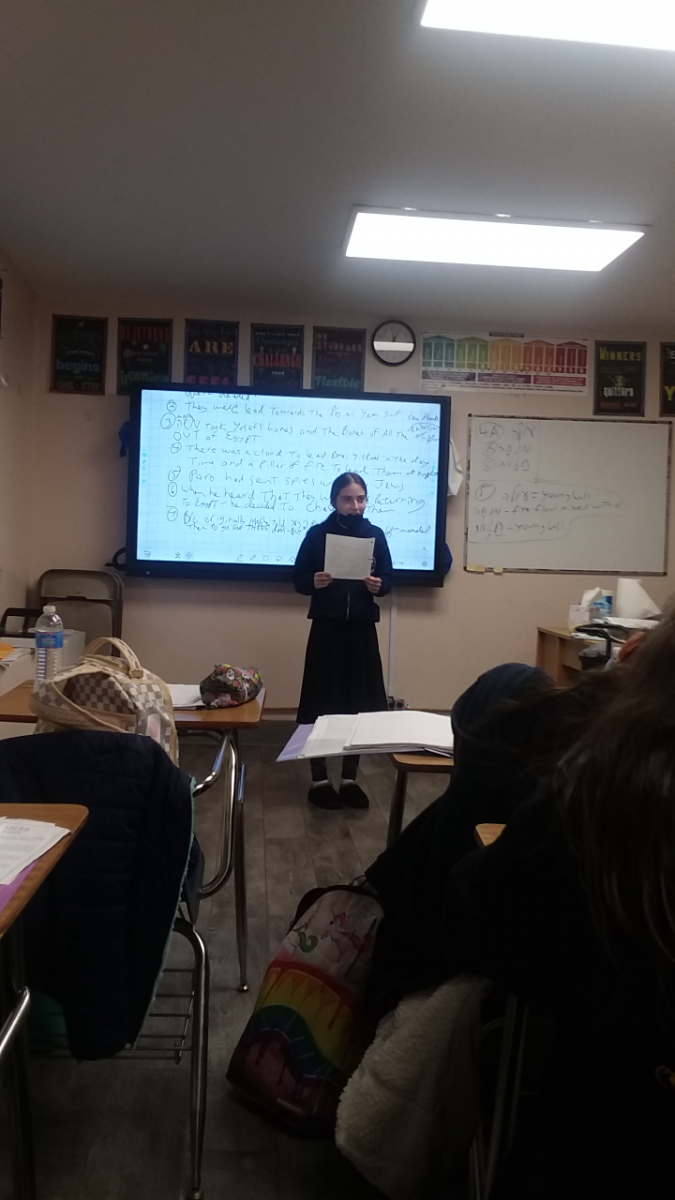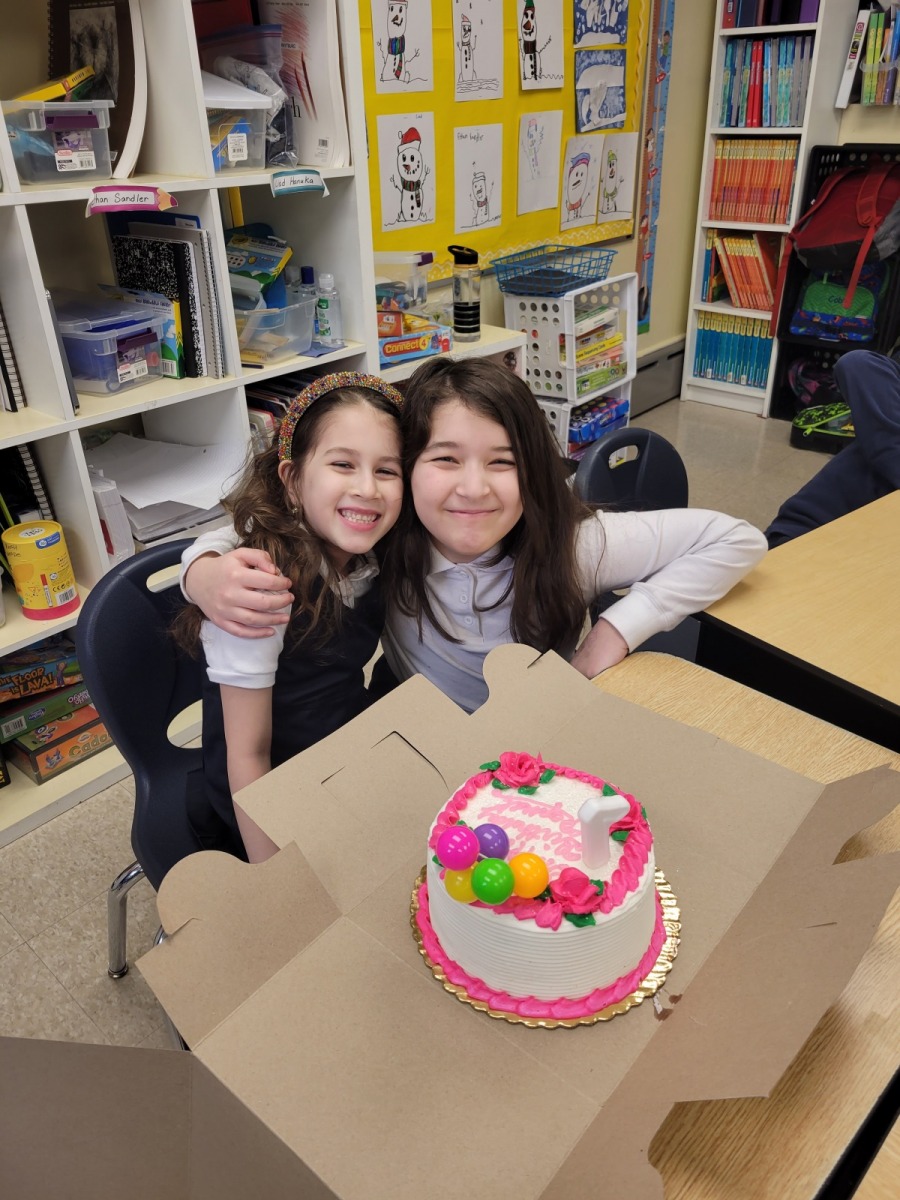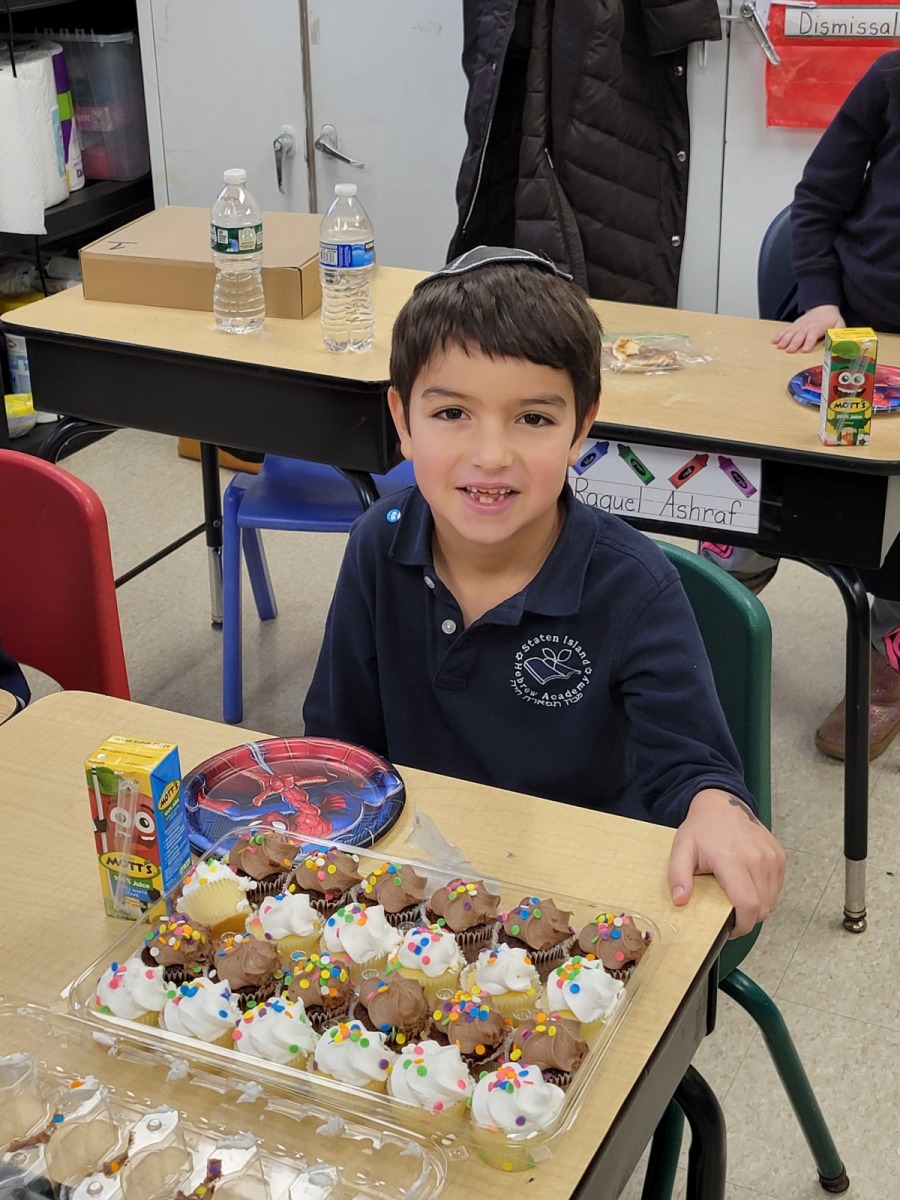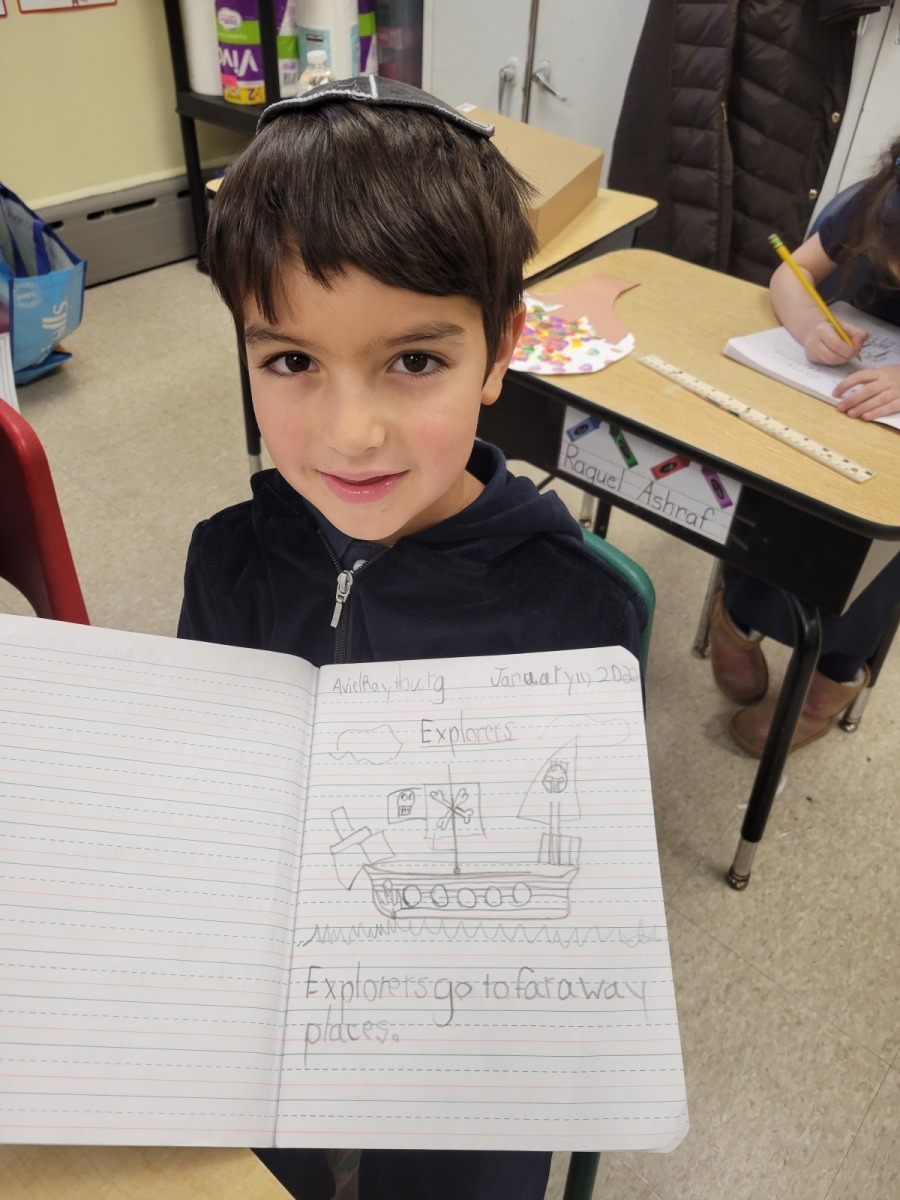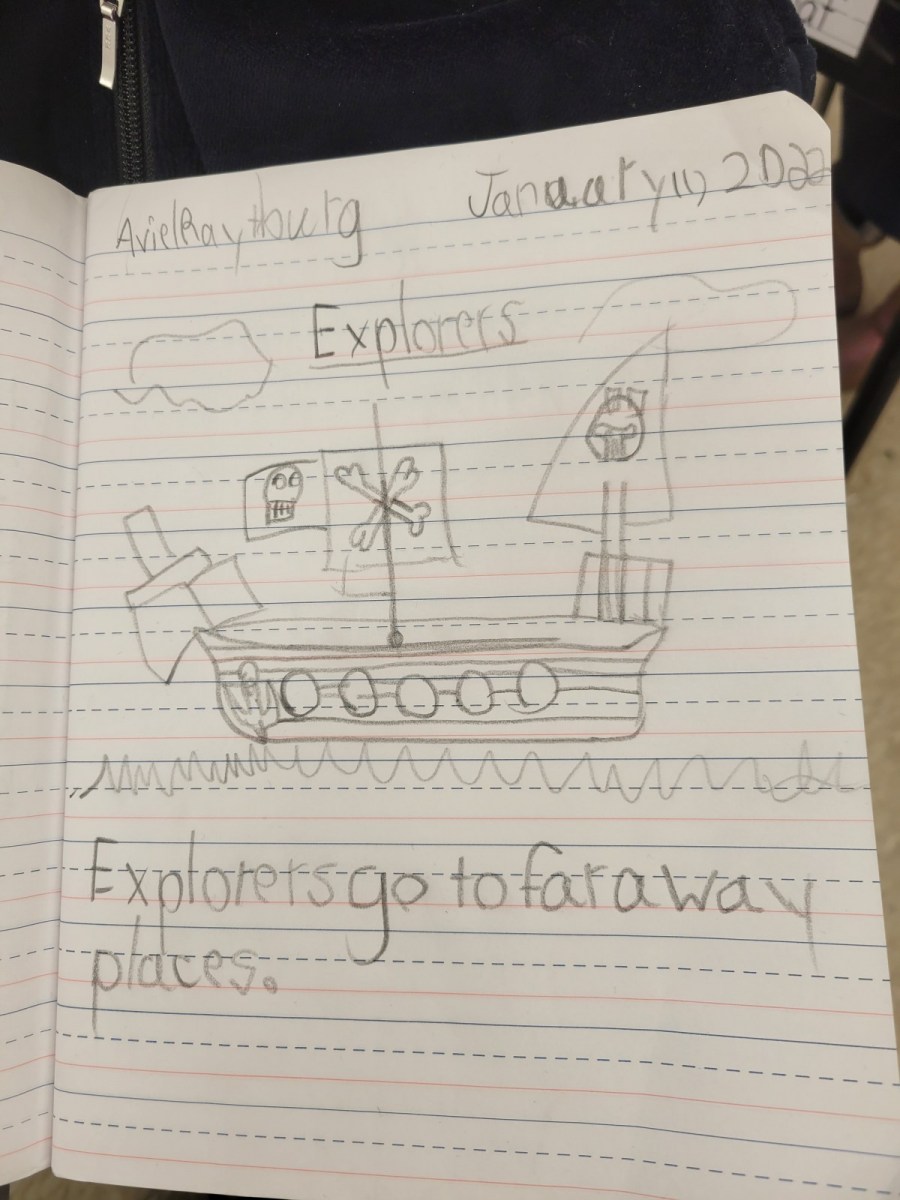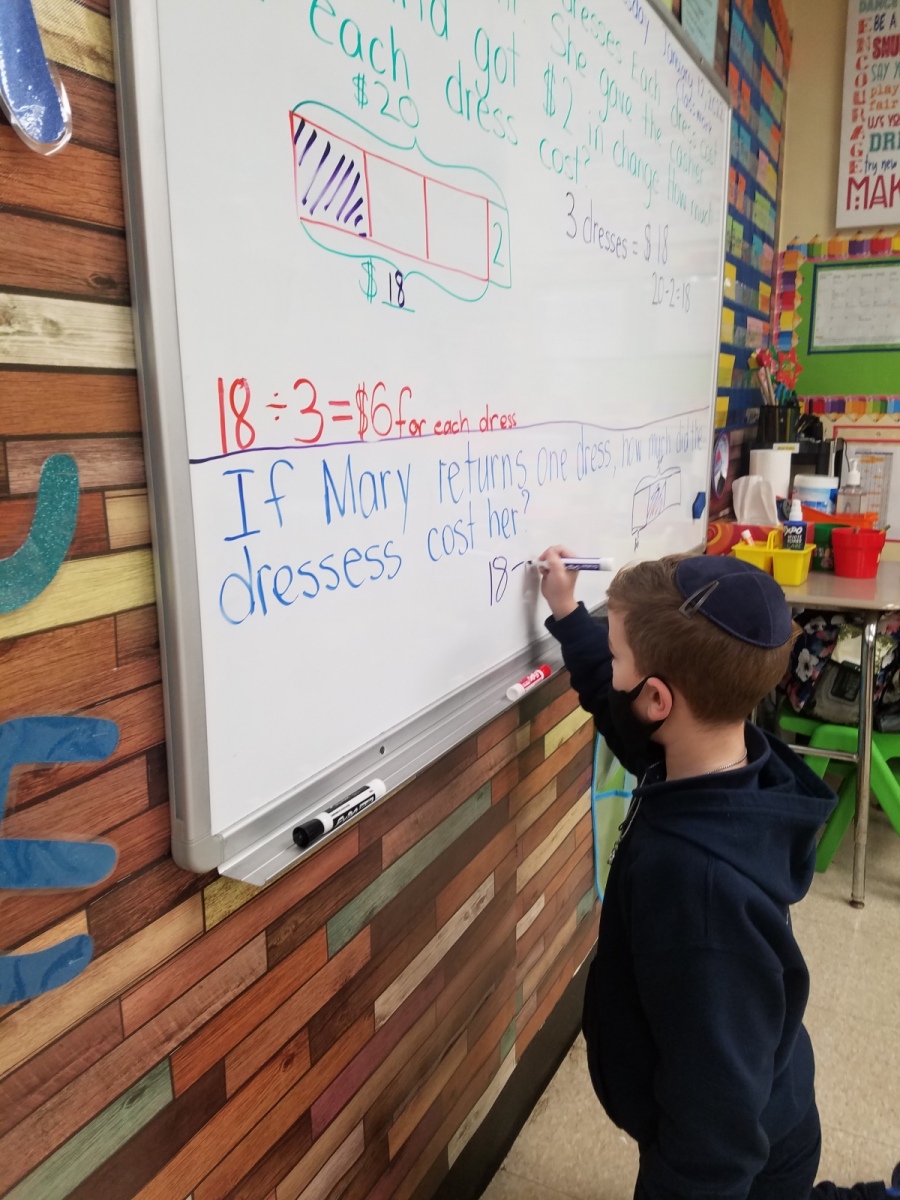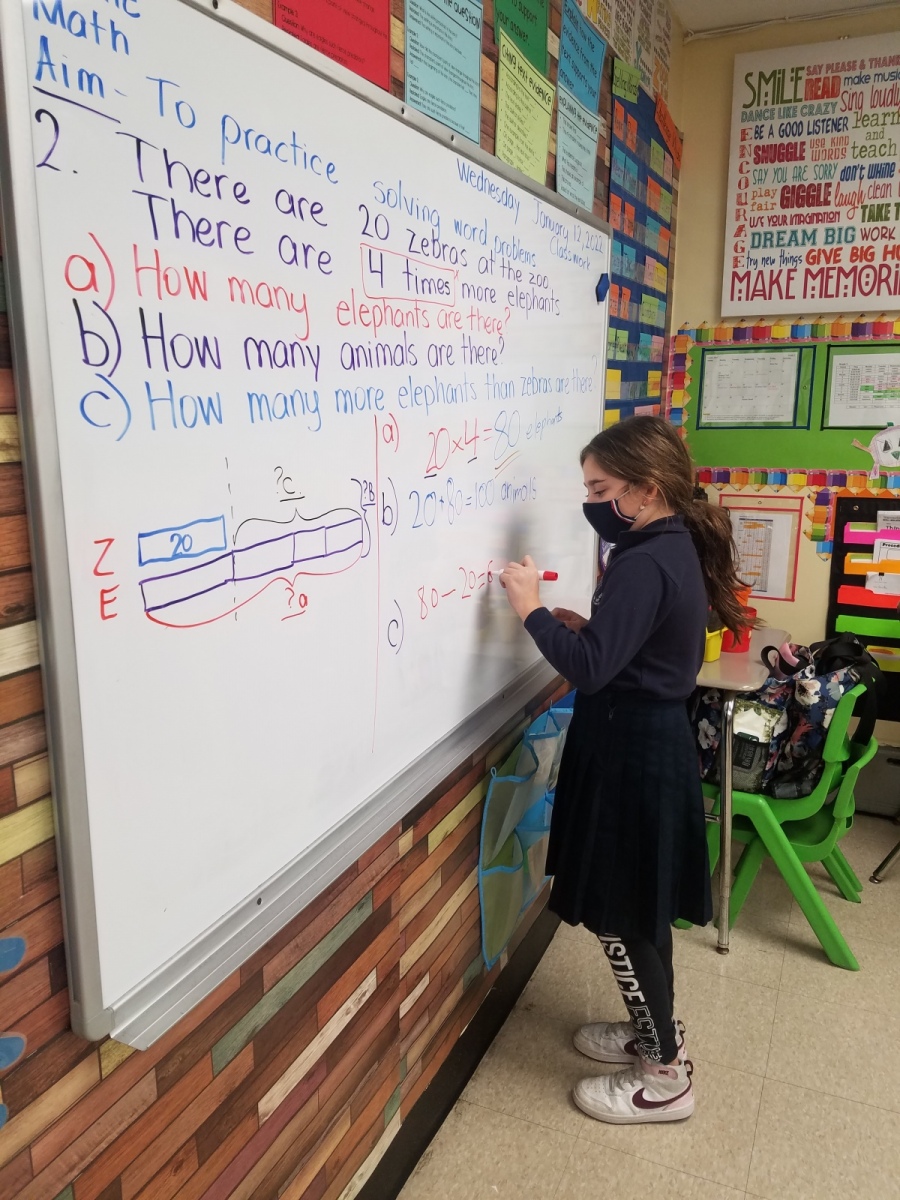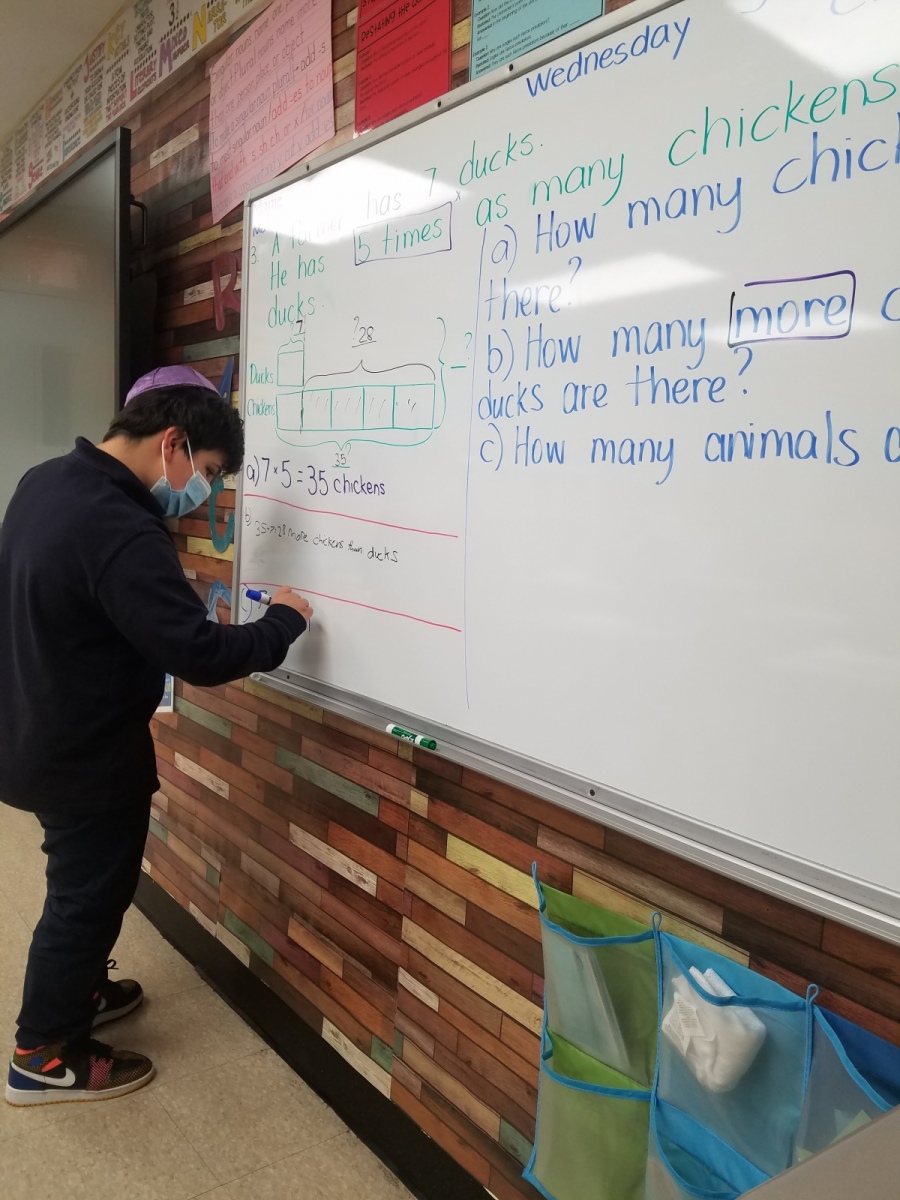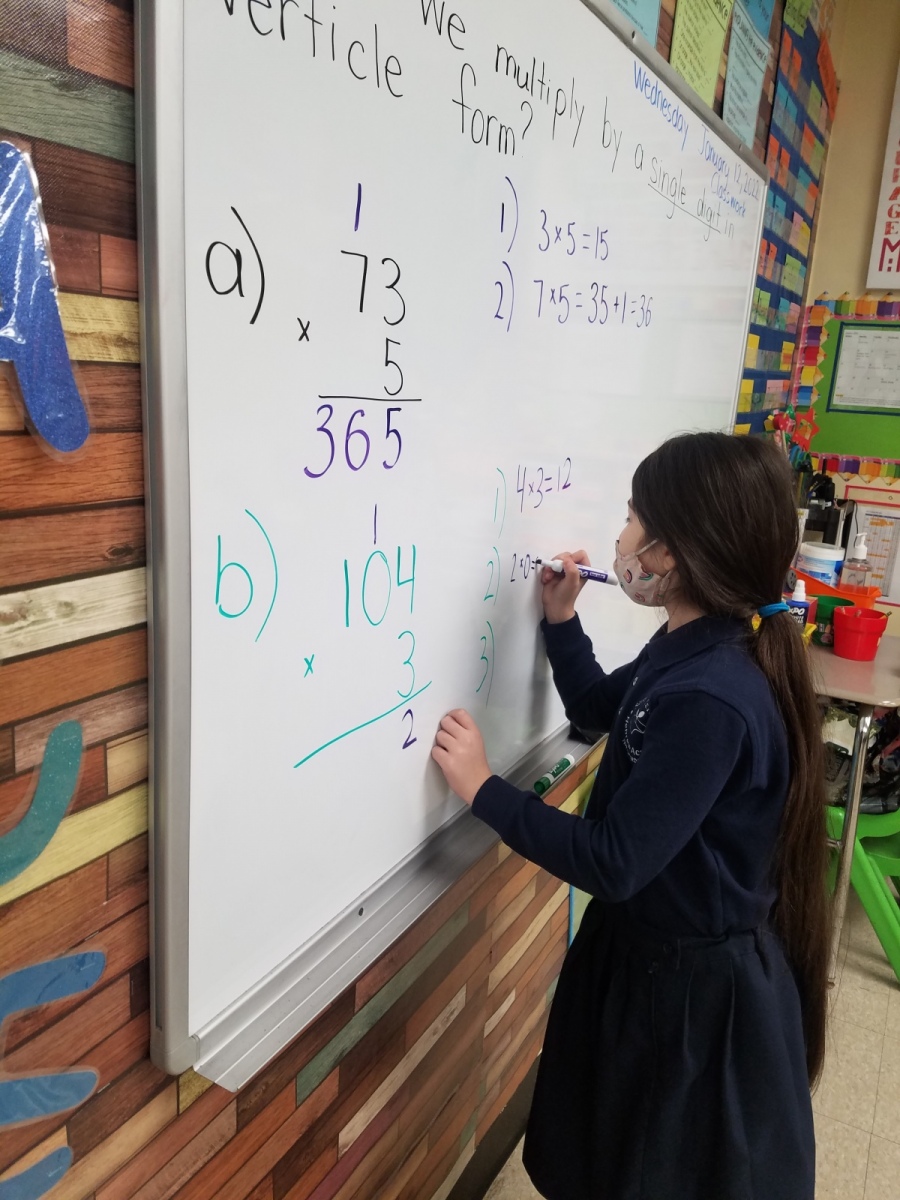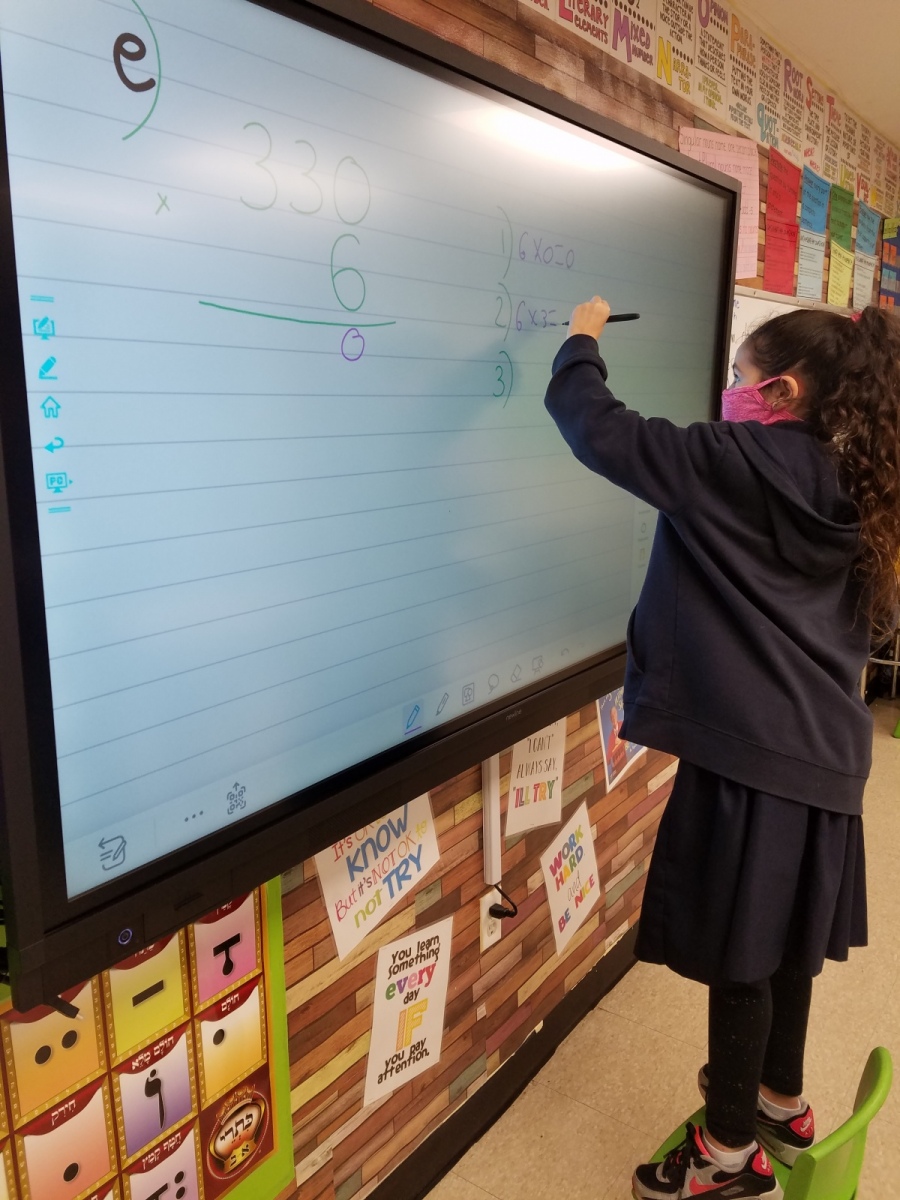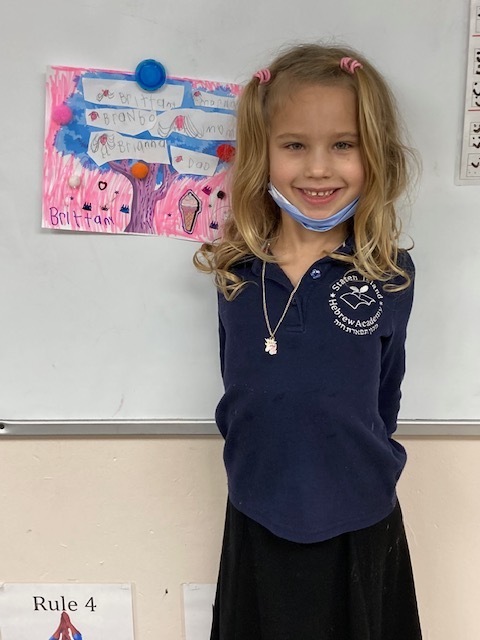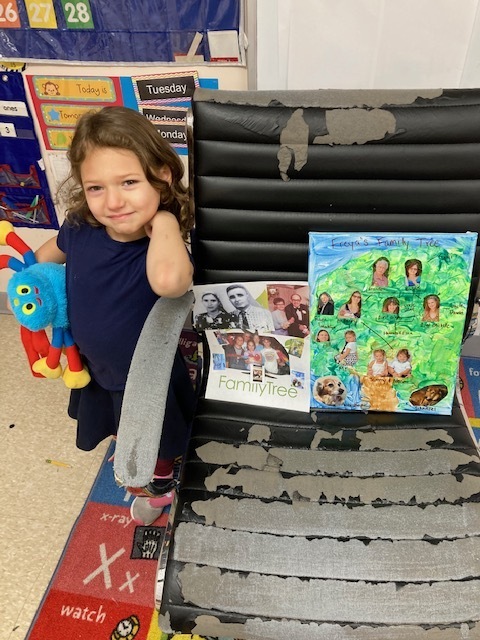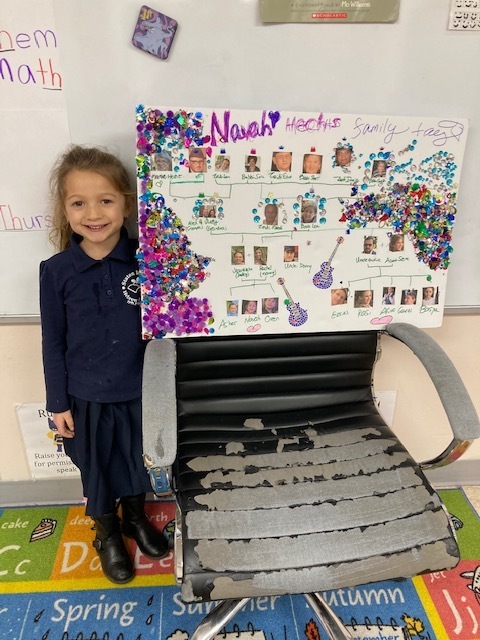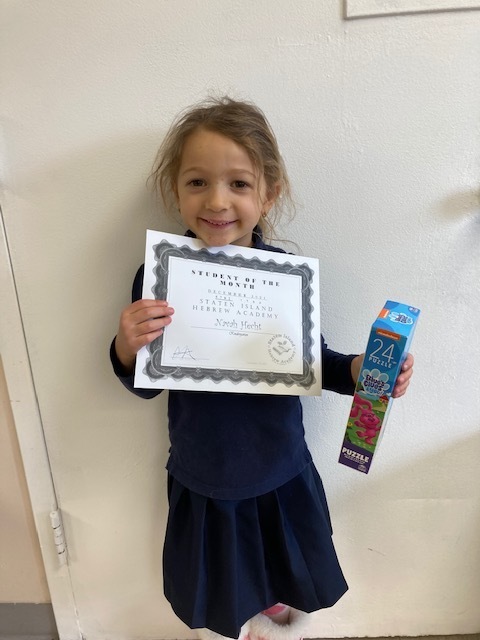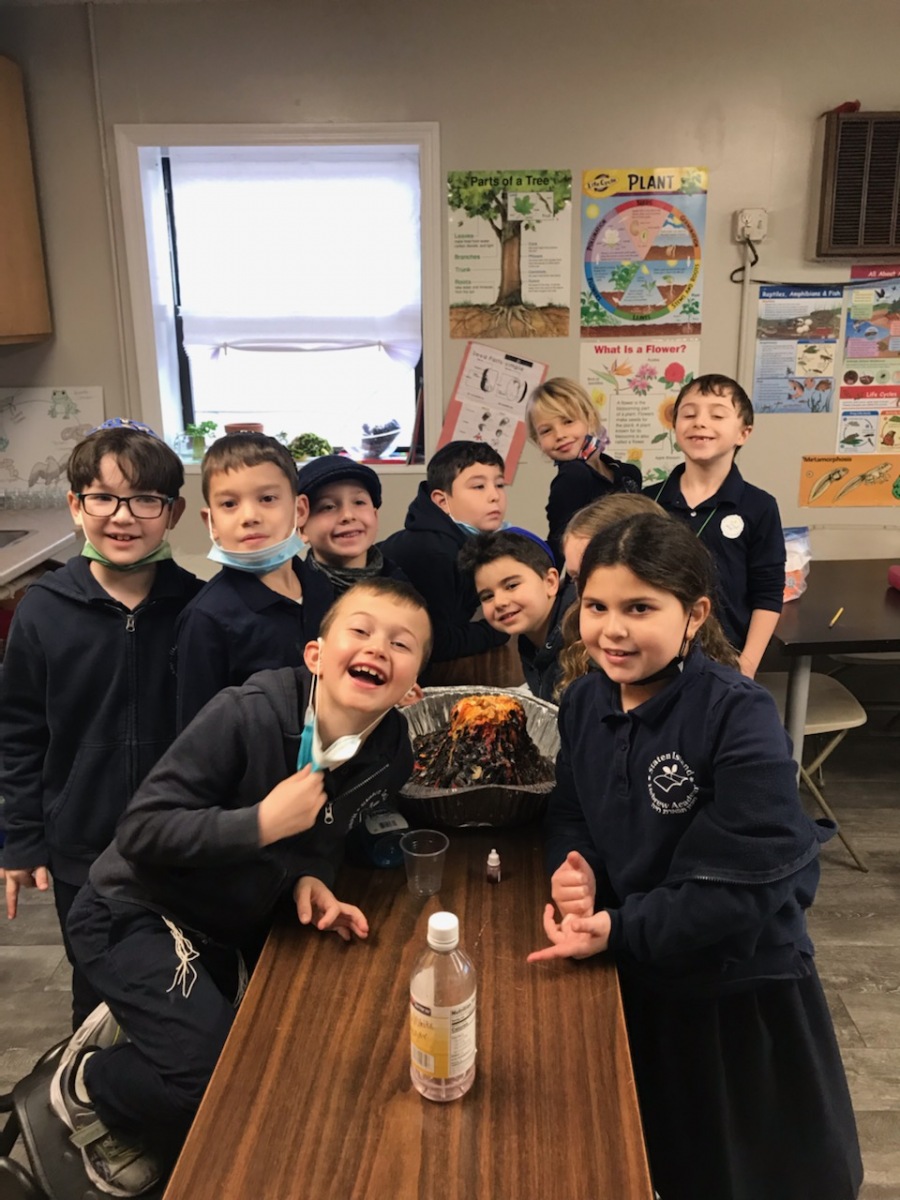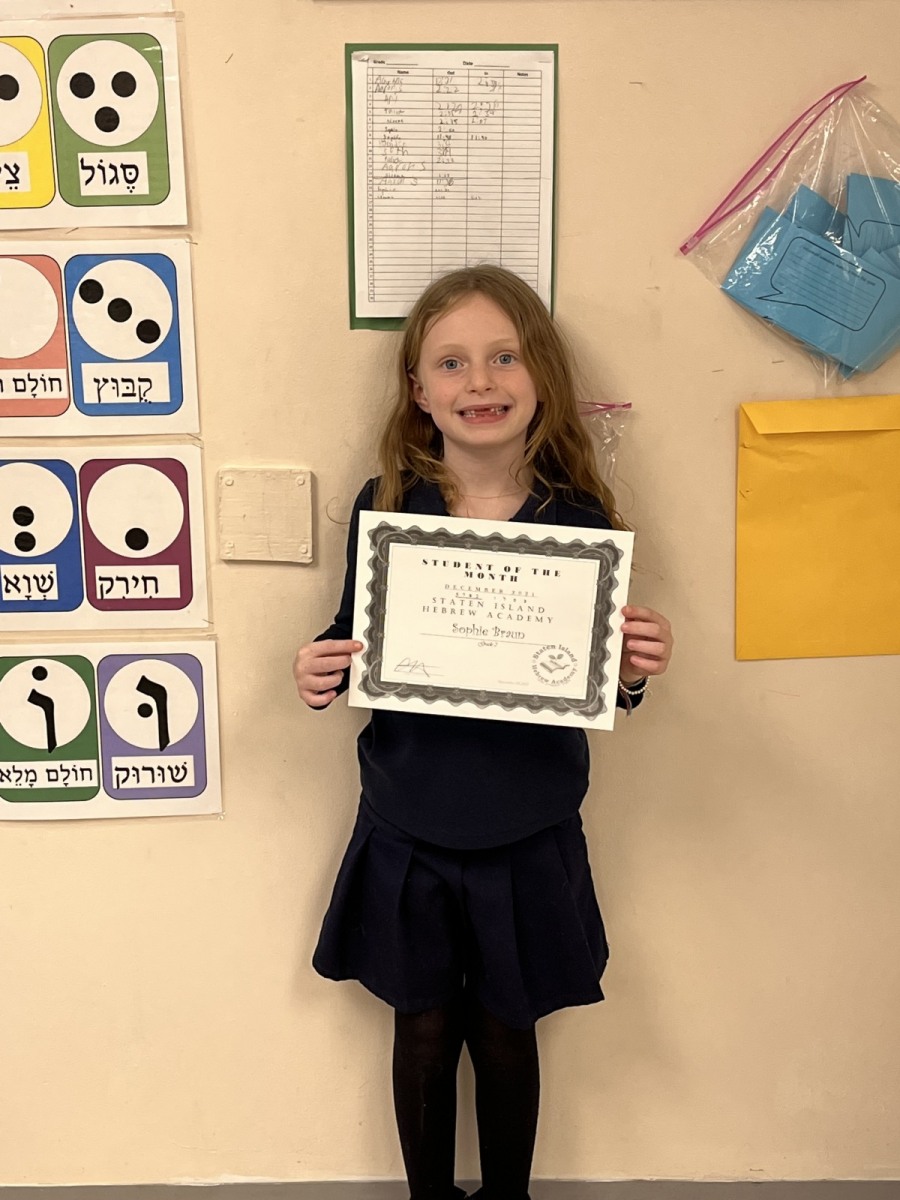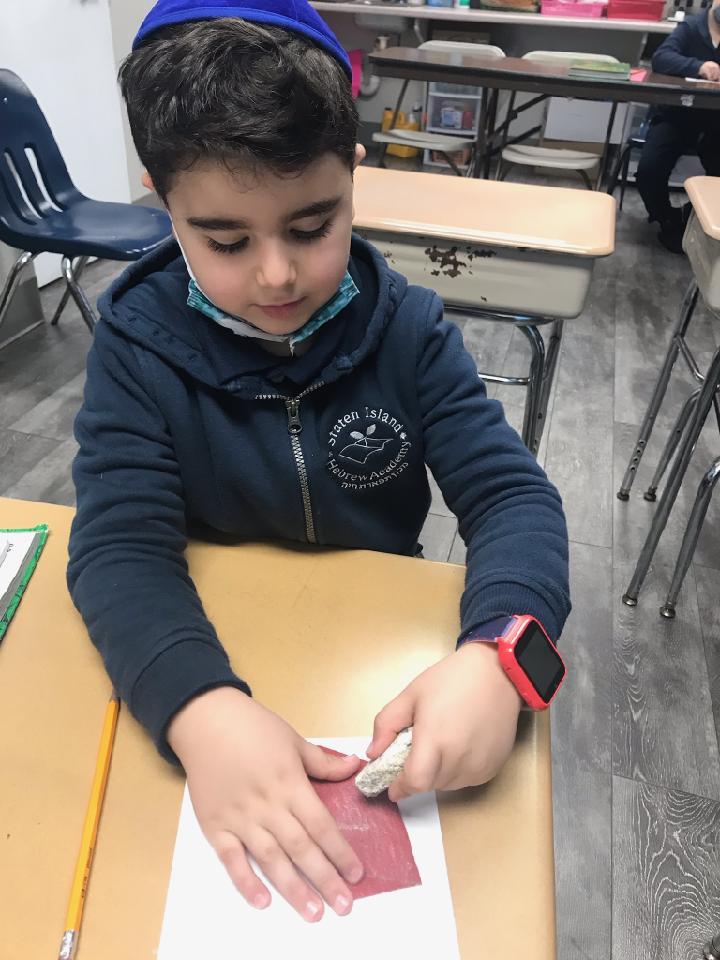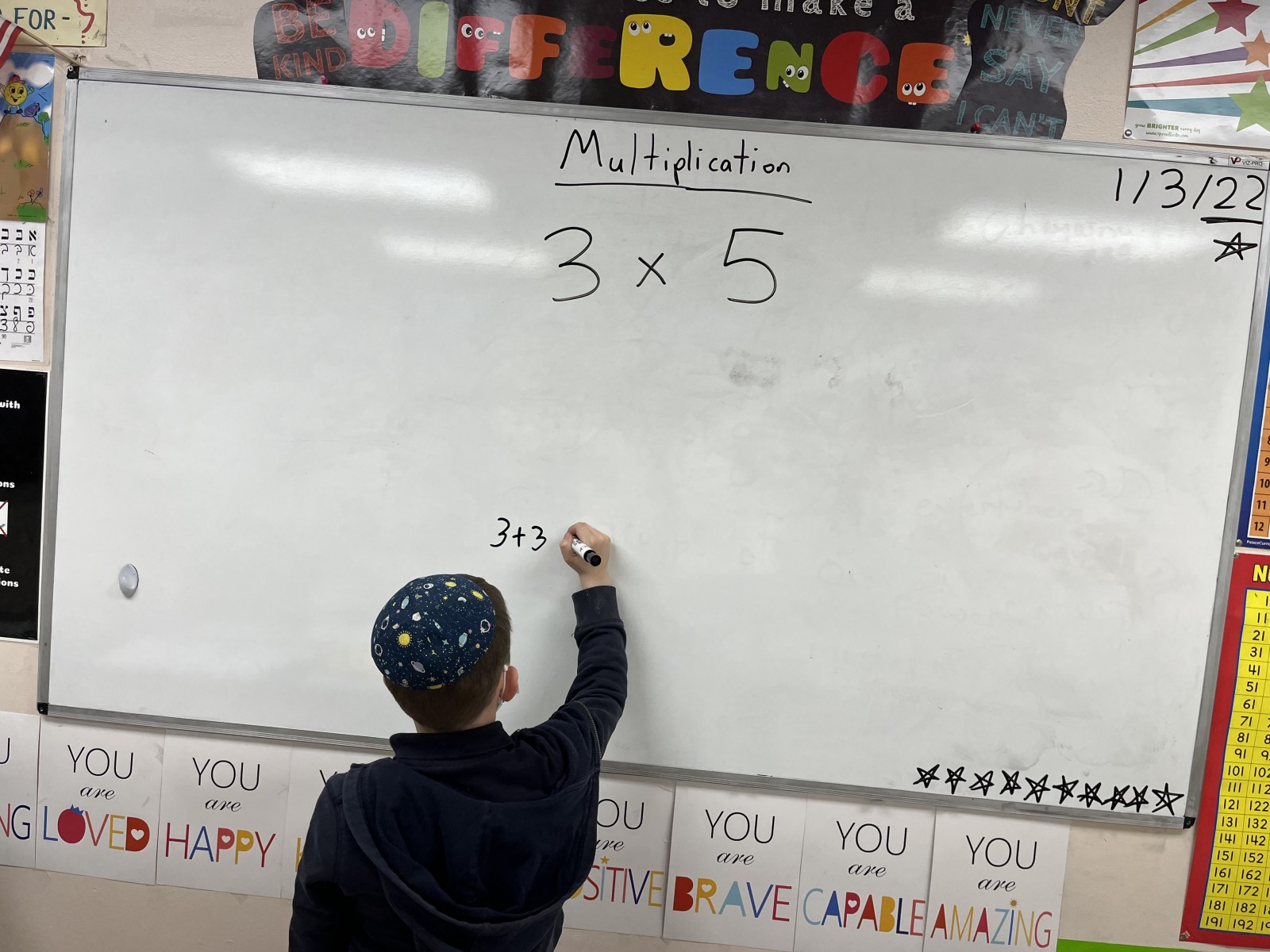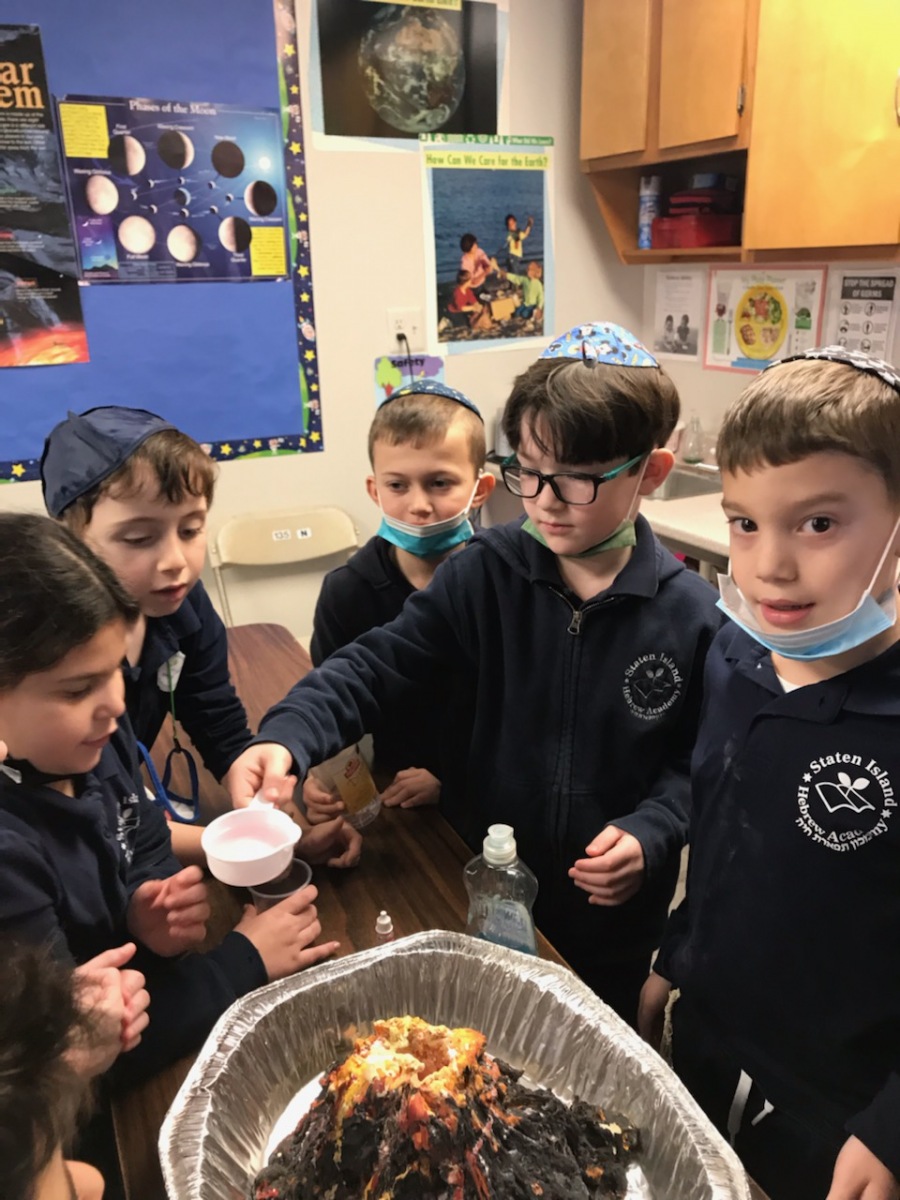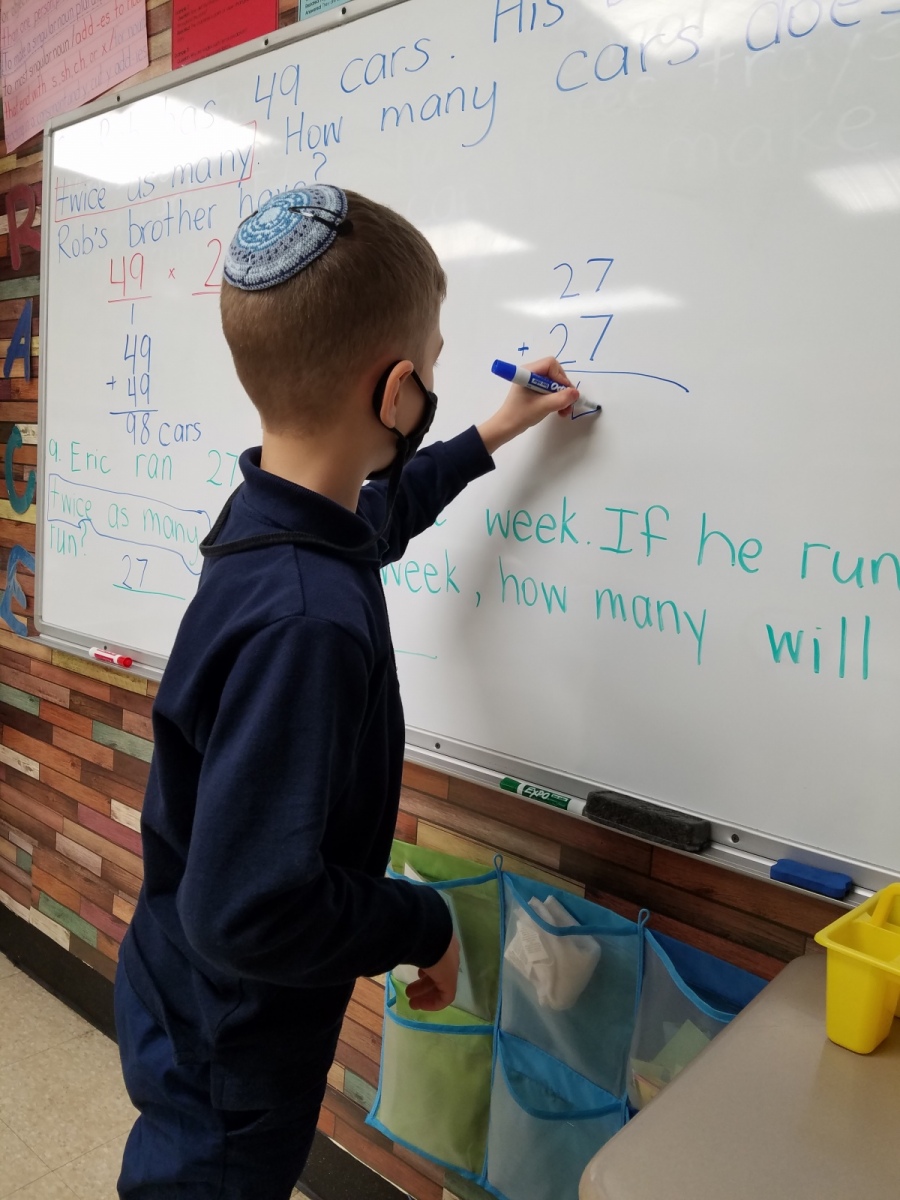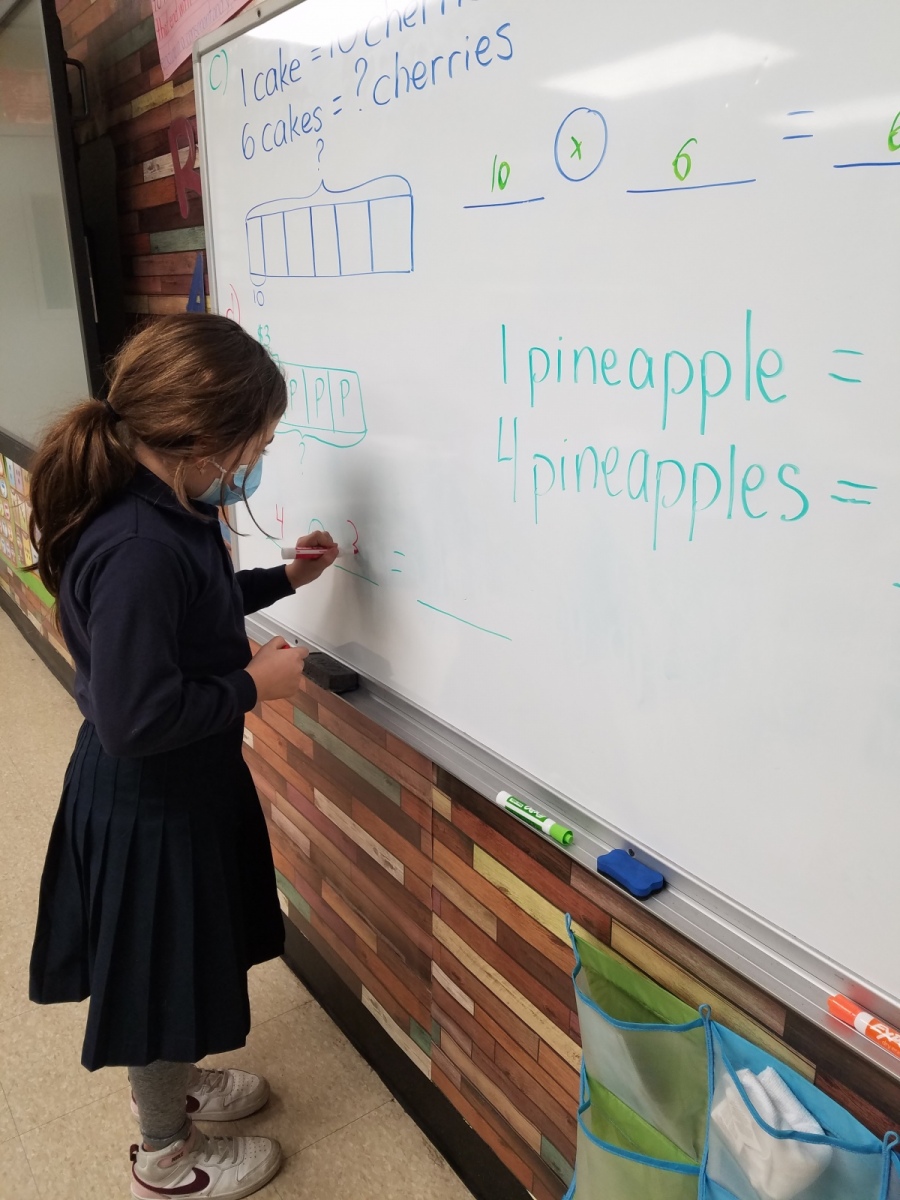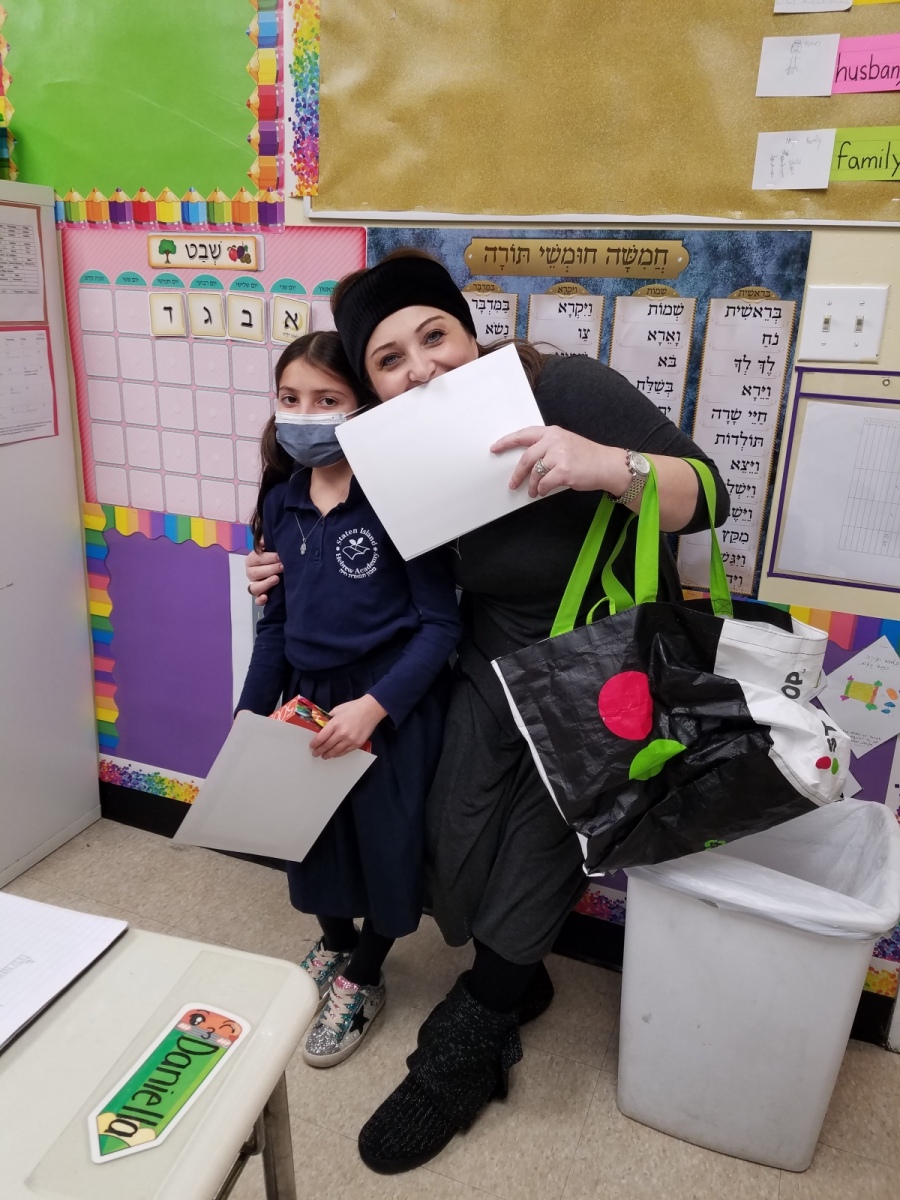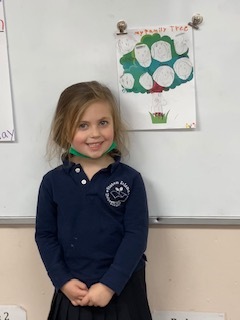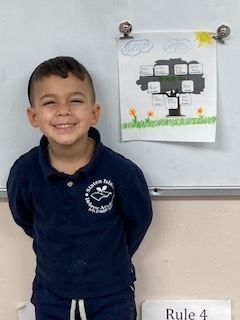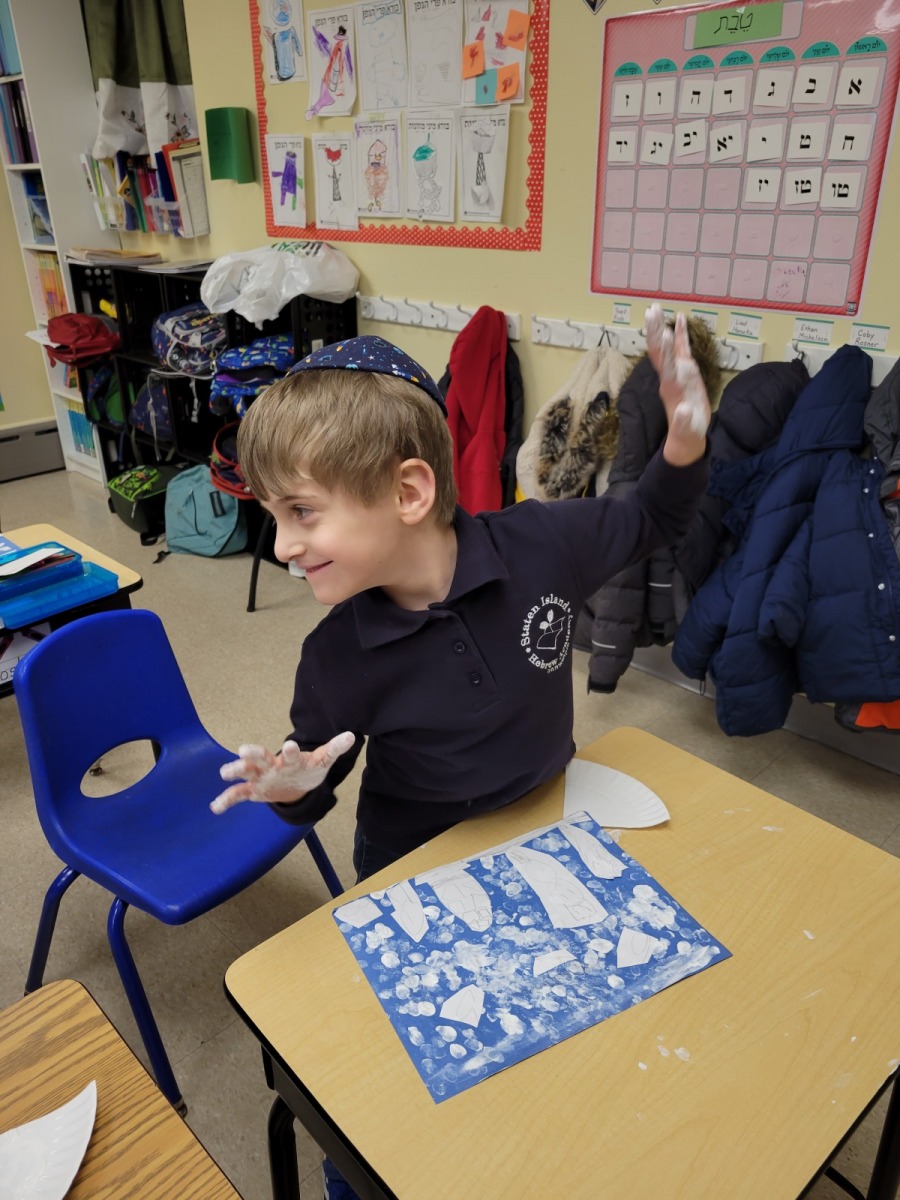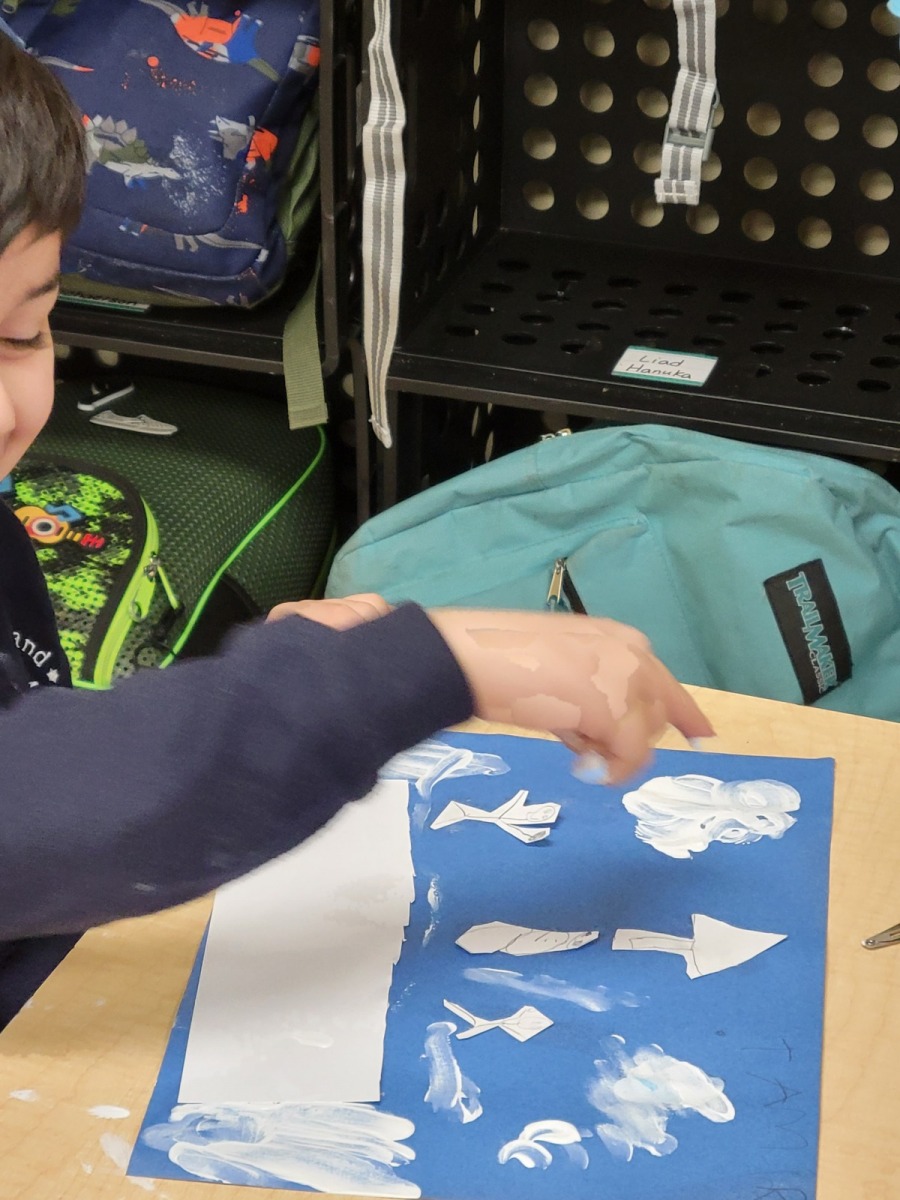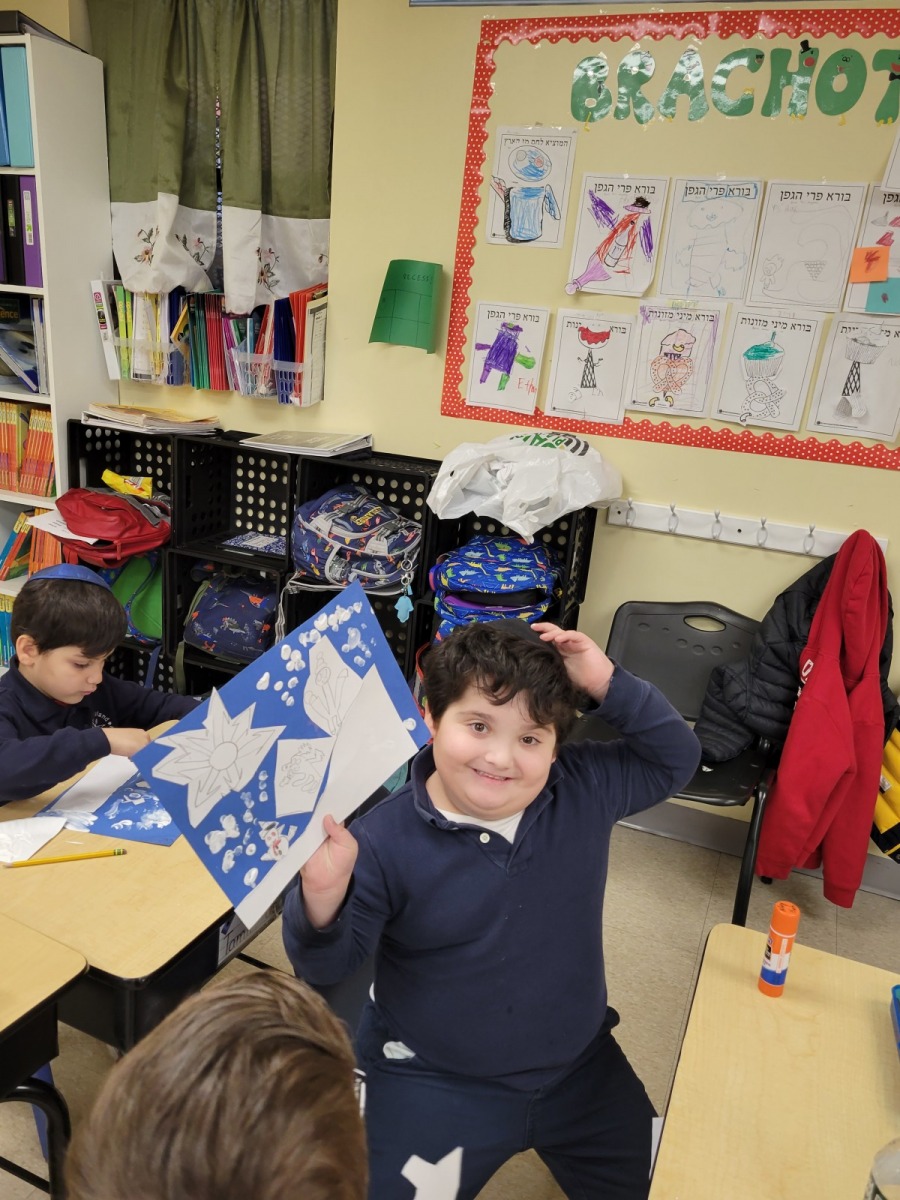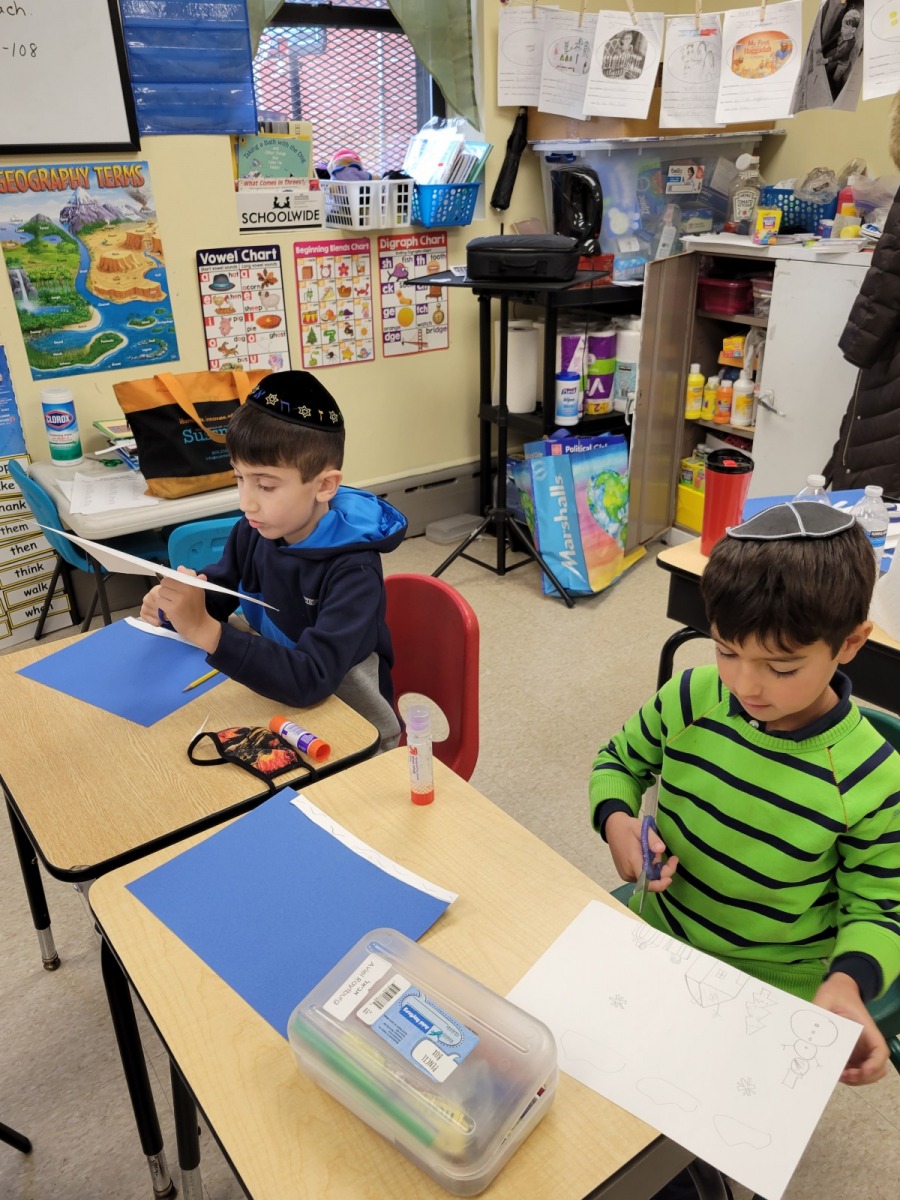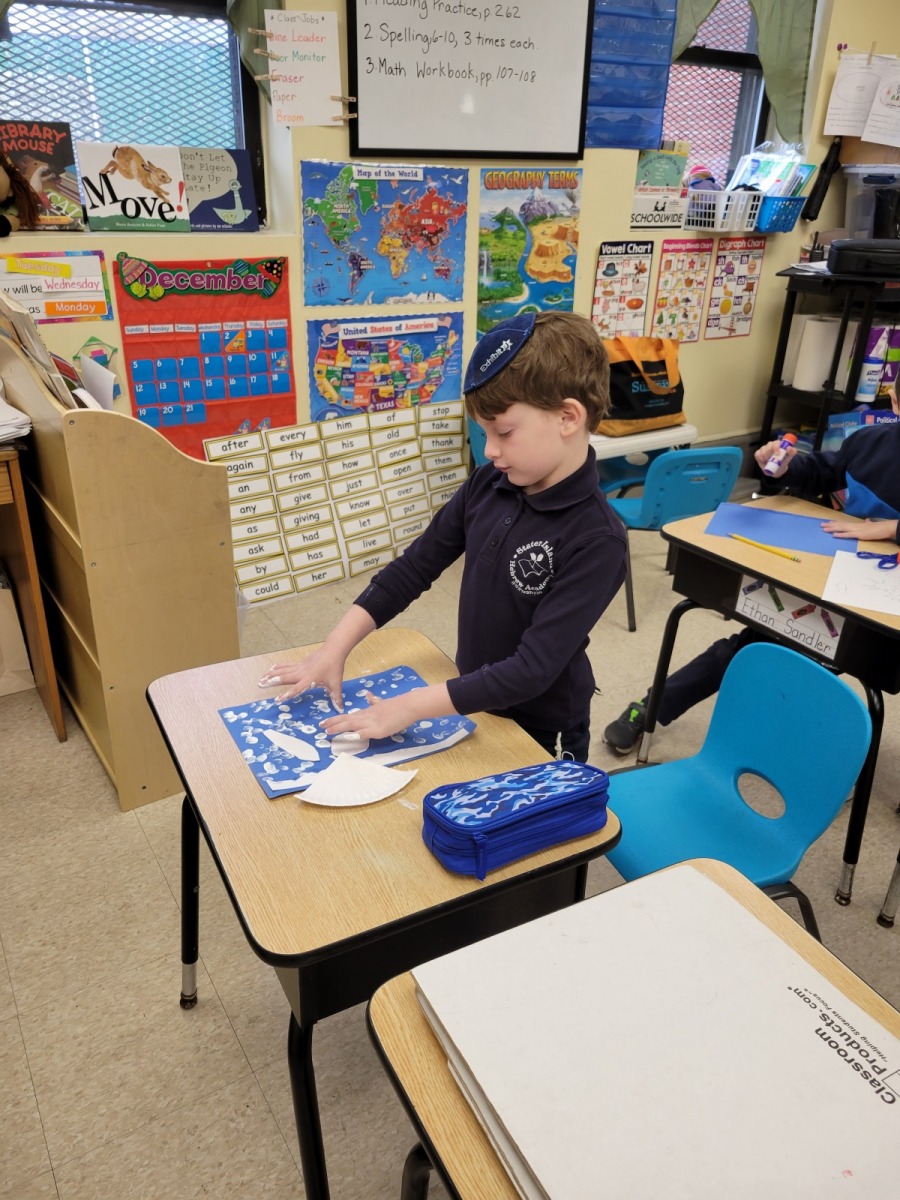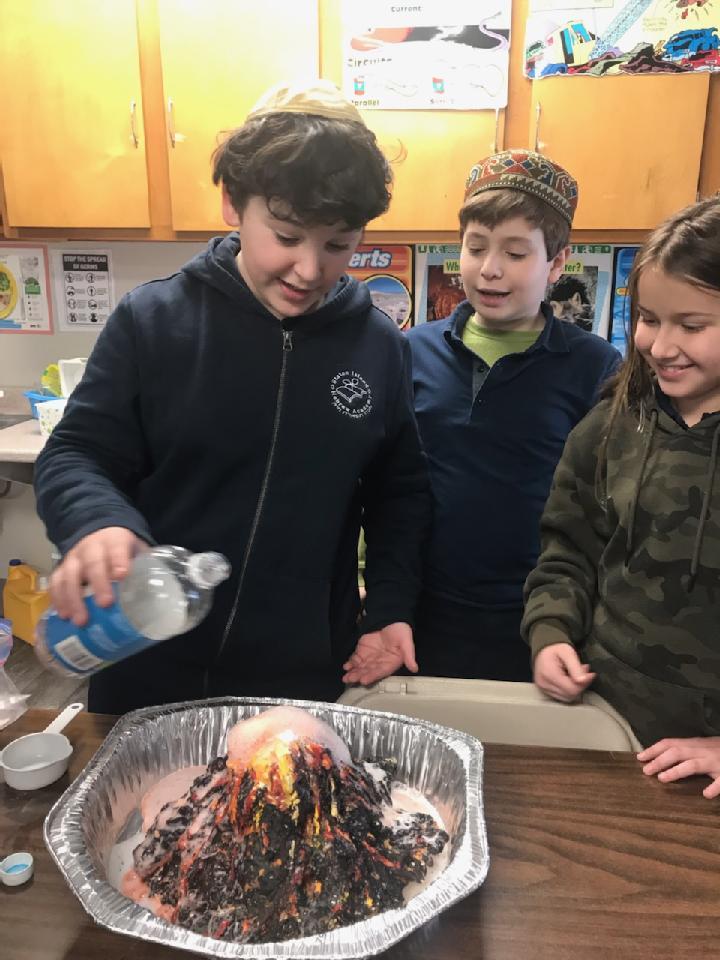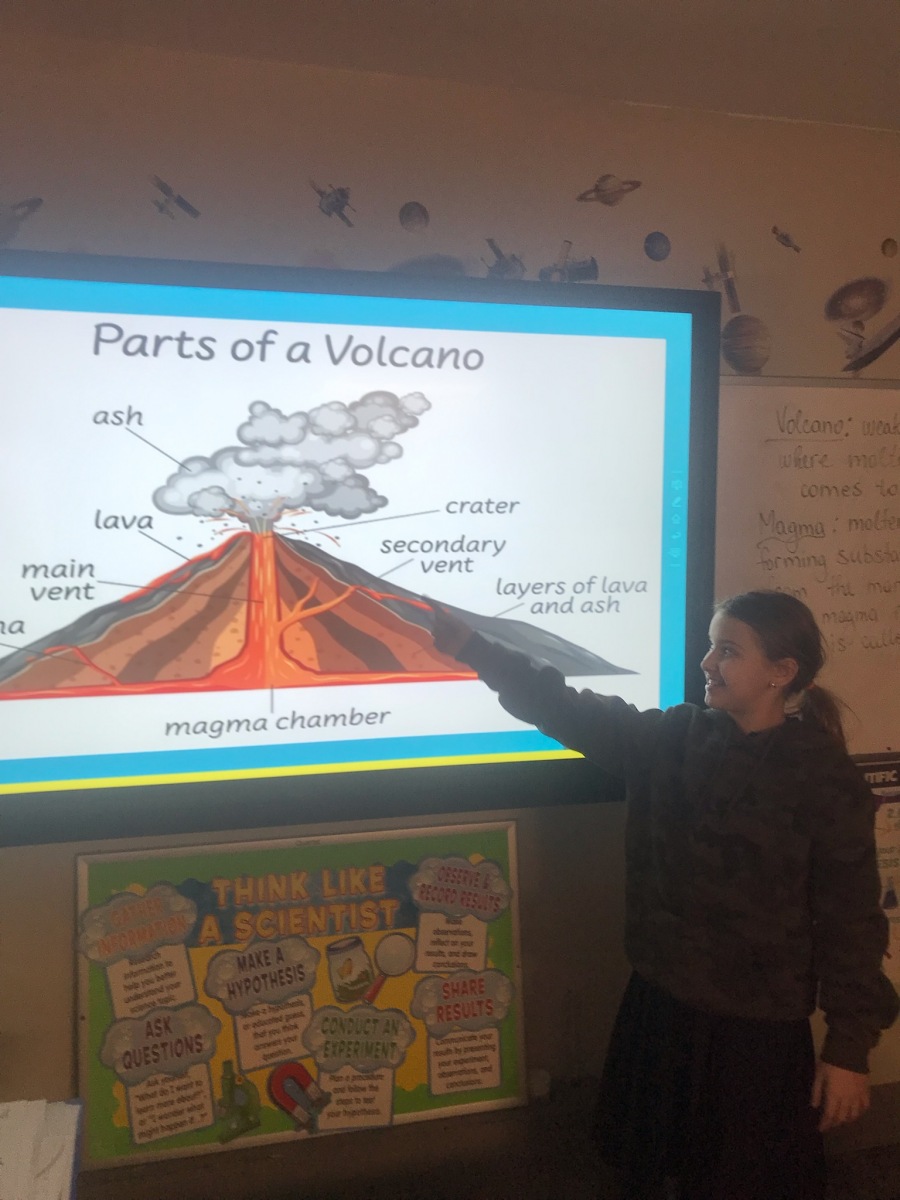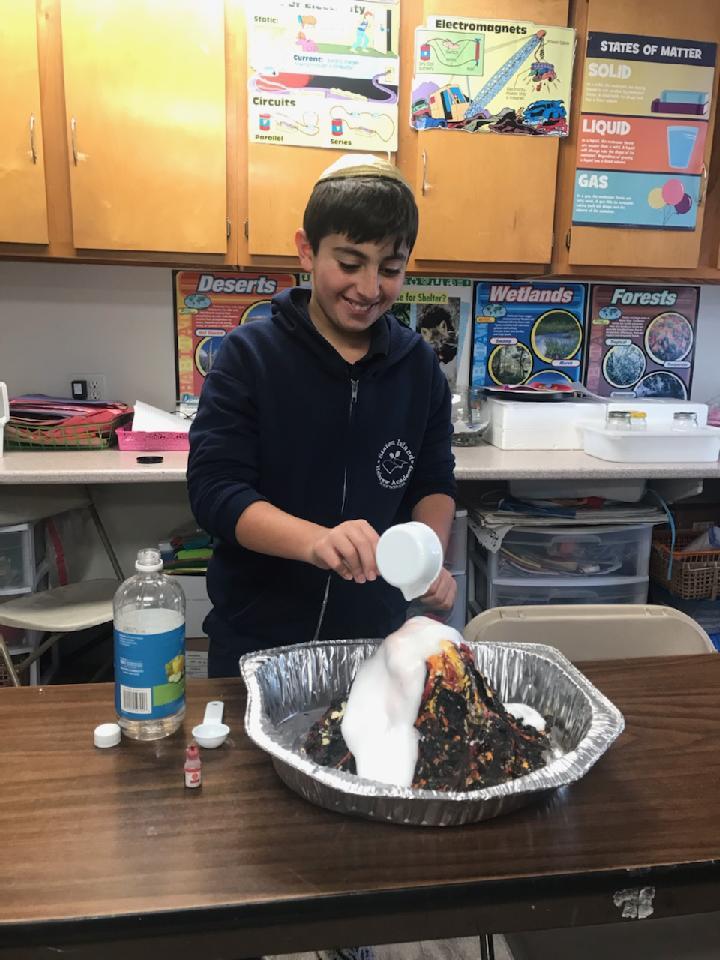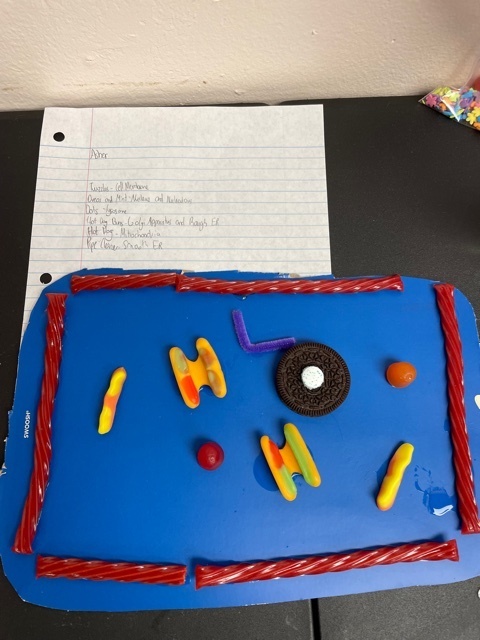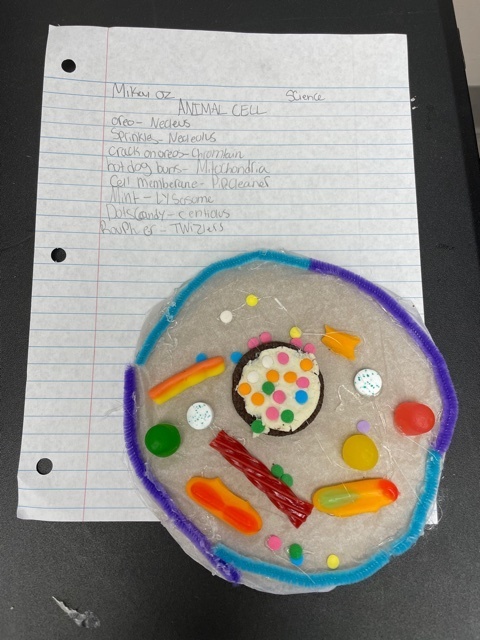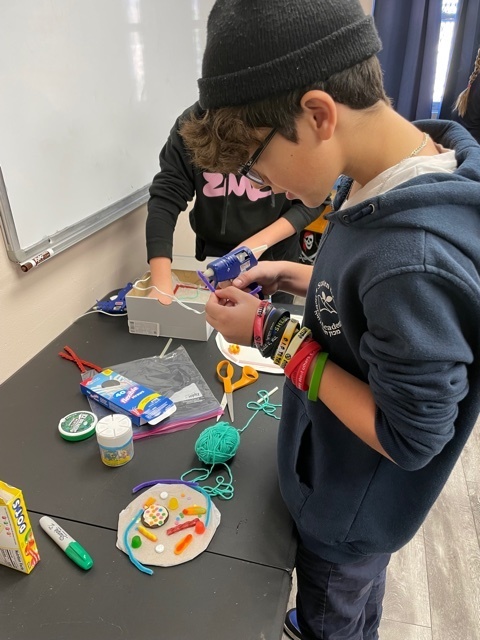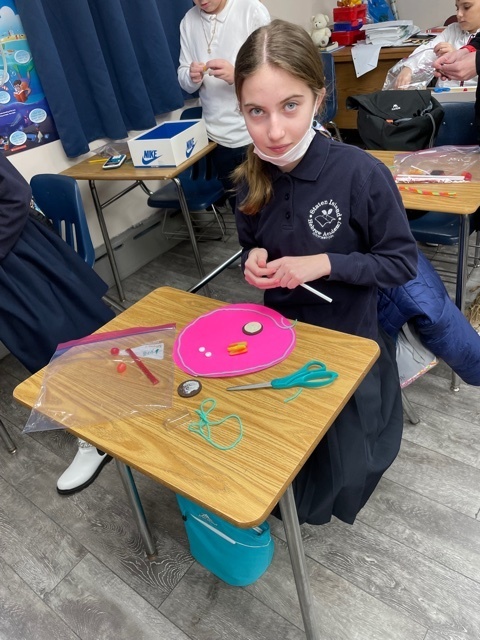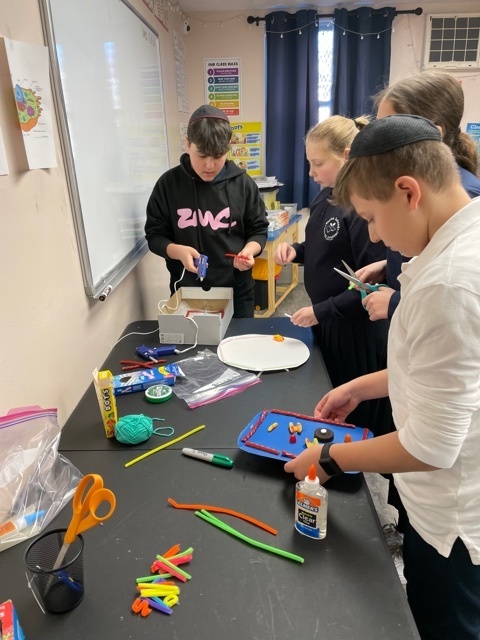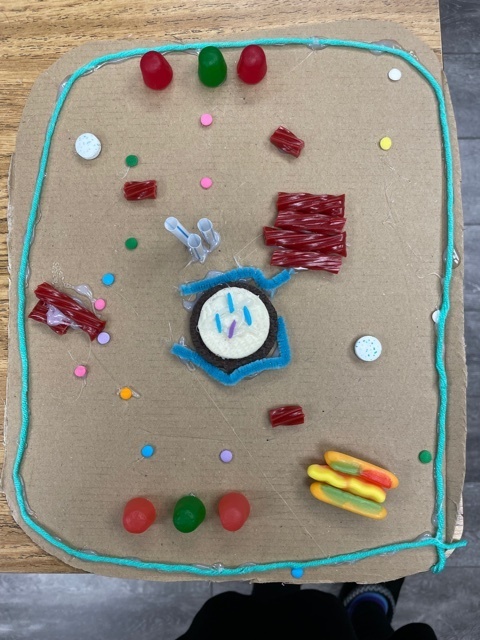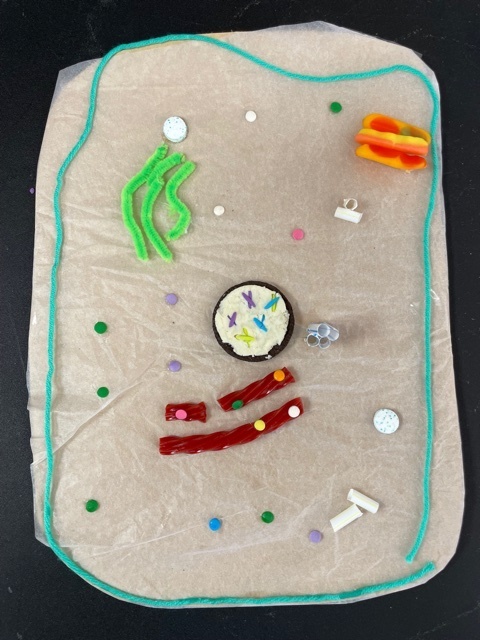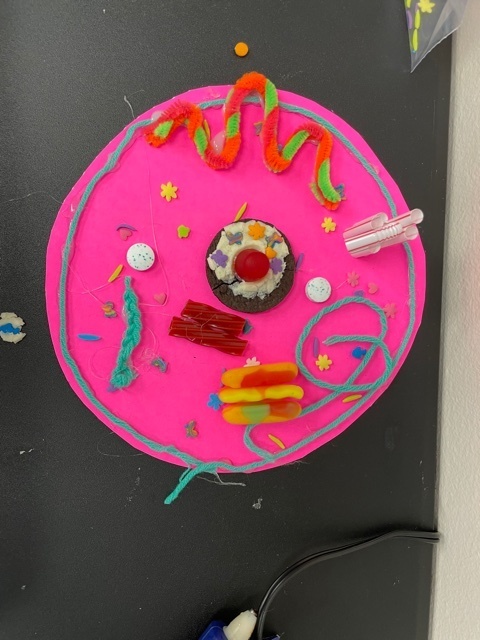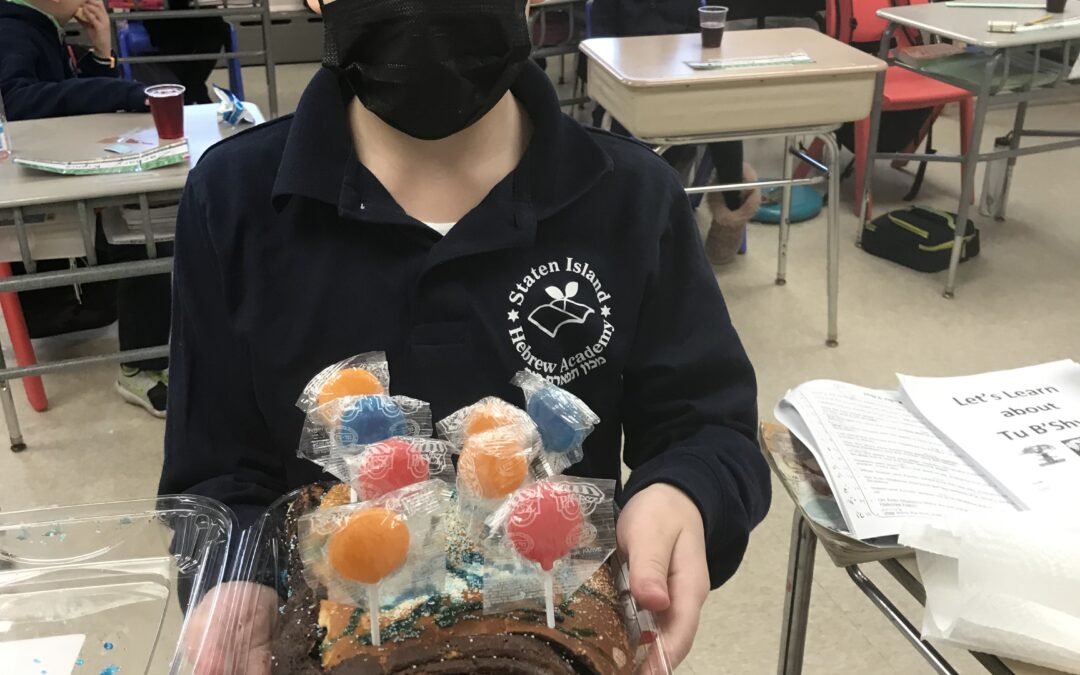
by admin | Jan 14, 2022 | Newsletter
Dvar Torah
Beshalach
Candle Lighting 4:34pm
Havdala 5:38
In this weeks Parsha, the megalomaniac Pharoah regrets his decision of freeing the Jews and so he sends his army out to get them back. The Jews now trapped between the Red Sea and the Egyptian army begin to berate Moshe: “Why did you have to bring us out here to die in the desert? You should have just left us alone to work for the Egyptians!” (Exodus 14:11-12)
How could the Jews, after 210 years of intolerable suffering in Egypt, complain to Moshe for liberating them?!
About 20 years ago, an incident occurred in Stockholm where terrorists captured and held hostages. The hostages were abused both physically and emotionally. Following their release, the hostages all spoke in complimentary, glowing terms about their captors! Psychologists have since identified the “Stockholm Syndrome,” whereby prisoners develop comfort and satisfaction in captivity.
For the Jews in Egypt, life was comfortable. In slavery, the rations may be meager and the bed made of straw, but all of one’s needs were provided for and there were no challenging decisions to be made. The Hebrew word for Egypt, “Mitzrayim,” means a “place of confinement.” Sometimes it’s the smallest box which makes us feel the most secure.
The Egyptians are thundering closer. The Jews are panicked. Nachshon, from the tribe of Yehuda (Dynasty of Kings) steps foot into the sea and the water rises to his chest, but the sea still does not split.
Nachshon’s mind races to the memories of supposed comfort and he realizes that this is his live or die moment. He reminds himself that life is about growing by leaving the place of confinement/small place of the known to moving forward into the unknown and a world of unlimited possibilities. He understood that choosing stagnation was ultimately a choice death. Egypt was not an option at all. As the water reached his nostrils, at this last possible moment, the Red Sea splits. The Jewish People all rush in after him. Finally, freedom.
Although every Jew passed through on dry land, the experience of Nachshon was qualitatively different. When Nachshon walked through the sea, he was alive and invigorated because he took the plunge. The future had issued its challenge, and Nachshon confronted it head-on. Slavery was baggage he’d left behind. He was liberated, both body and soul.
The Red Sea appears in our own lives as well. Ultimately, the story of our lives comes down to a few key moments of decision. These spell the difference between a life of achievement versus one of regret. Sometimes the answer is just “do it.” To jump into the sea and trust in the Almighty.
Of course, we cannot always know what’s waiting on the other side of the sea. But that’s part of the beauty in our living a life traveling with G-d. It’s our chance to become invigorated with the fullness of a relationship with Him, in His love and ultimate desire for our happiness. Growth, obstacles, and even suffering are there as a reason to become the best we can be (Victor Frankel, prominent psychologist and survivor of the Holocaust).
The Torah tells us: Nachshon chose life. We must do the same. The feeling is liberating, our self-esteem depends on it, and it is our only true option.
Shabbat Shalom
Dr. Chana Uzhansky
—
Chana Uzhansky Ed.D.
Head Of School
SIHA
(718)987-9700
Judaics
Kindergarten and First Grade
We had another great week in Kindergarten and first grade Judaics this week!
In kriah, the first graders learned about ‘sleepy’ and ‘loud’ sh’va and are really great at reading real words! Our word wall is growing! The kindergarteners learned the letter ‘lamed’ and had a great time making the lamed from candies and lollies and showing the class all the lamed items that they brought from home. They also learned how lamed was very careful to never say ‘lashon hara’ (gossip) about others!
In yahadut, we finished learning all the brachot and are so excited for our brachot party next week! We always make sure to say our brachot before we eat our food!
In parsha, we learned how Hashem split the sea for the Jewish people to go through even when it seemed like all was lost. We learned that Hashem loves us and is always taking care of us and how “Hashem is watching over me and I’m not scared!”.
In tefilla, the first graders finished learning the prayer ‘asher yatzar’ which is said to thans Hashem for constantly keeping us healthy!
We also learned about the Shabbat mitzvah of kiddush and made our very own kiddush cups to use by our Shabbat meals!
Looking forward to another great week.
Second Grade
What an amazing week we had in 2nd grade. We have been saying our Brochot out loud and answering Amein when our friends make a Brocha. Remember to use the blue Brochot chart given out last week at the Rosh Chodesh Assembly and check off the box if you say a Brocha out loud or say Amein to someone else’s Brocha. Bring the chart back to school after mid-winter break for a prize. We love playing “Beat the Clock” while we increase our reading speed and we spent time listening to words,figuring out which vowels(nikudot)are missing and adding the correct nikudot. We use so many Hebrew words in class and have some of the Hebrew words displayed on our new Word Block hanging in our classroom. We love learning the meaning of our prayers and can’t wait to learn about “Shema Yisroel” iy”H next week. Parsha came alive this week with treats. Since we missed school last Friday Morah brought in moon cookies on Monday since in last weeks Parsha the first mitzva of Rosh Chodesh was given. The Jewish calendar is according to the moon. It was so exciting to learn this weeks Parsha Bishlach which discusses the splitting of the Red Sea.( Yom Suf) and the Jewish nation leaving Egypt.
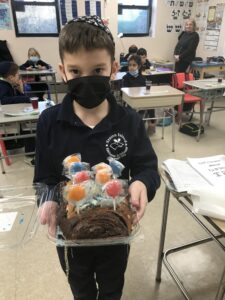
Third Grade
Another week in third grade flew by.
The weather may be cold but our class is warm and welcoming.
We learned and reviewed nicely new and old words in Lashon Torah. The list is really growing. This will help us when we begin learning Chumash. We also reviewed the Hebrew months of our Jewish calendar. We are really practicing our brachot. I see them really remembering them. They are getting wonderful mitzvot and creating angels-Malachim by answering Amen.
We had special visitors this week from The Zone! They came to introduce their summer camp and in addition their weekly program right here in Staten Island. Thursday evenings for girls, And Saturday night for boys.
We are also working on a special something for Tu Bishvat! We can’t wait to bring it home and show you!!
We ended off the week with Parshat Bishalach where the Jews finally left Egypt and had the miracle of the Yam Suf. Boy were they excited to learn about it! Let us not forget about our Noach who we truly miss at school. We hope you feel better real quick!
Shabbat Shalom to all!
Morah Ferber
Fourth Grade
Dear Parents,
It was another terrific week here in SIHA.
In Tefilla class we started a brand new Tefilla. The Tefilla of Baruch She’amar. We explained that Hashem is Blessed. Hashem did not have to build anything, Hashem just said and there was a world. We sang a beautiful tune to it and it was really inspiring.
We had the great joy of starting Chumash. We started learning the Parsha of Lech Lecha. We first had an introduction, then we started learning how Hashem tested Avram to leave his land and his birthplace. It was a big test for Avram going on a journey that he did not know where to, and did not have GPS. We were honored as Dr. Uzhansky shared with us a Nesivos Shalom, an amazing commentary on the Chumash.
We had many great questions in the class.
We had our Lashon Tov contest to teach the students how to think positively about their friends. It was a great success.
Have a Shabbat Shalom,
Stay healthy and well.
Rabbi B.
5th and 6th Girls
Dear parents.
Thank G-d, we had a wonderful week!
We learned the 5th blessing of Shemoneh Esrei, Birkat Teshuva. We learned about the gift and power of repentance (Teshuva) to completely get rid of all sins, without a trace.
We continued on in Perek Bet of Shemot. We learned about the birth of Moshe Rabbeinu and how he was saved from being thrown into the river.
We learned the Beracha of Shehakol, which we make on all other foods that aren’t grains, fruits and vegetables or wine/grape juice. Shehakol foods are, for example – drinks, candy, chicken, fish, eggs, etc.
The girls all made a Shehakol out loud and ate a special treat.
We spoke a lot about the meaning of the Beracha and how everything comes through the word of Hashem. Hashem is in control of everything. Everyone is in exactly the right place at the right moment and He is planning it all perfectly. We heard an amazing story of Hashgacha Pratit (Divine providence), clearly seeing Hashem’s hand through it all.
We can all look at our own lives and find the Hand of Hashem. The more you look for It, the more you’ll see It. The more you trust in It (Him), the more you’ll receive His extra divine providence and assistance.
Have a wonderful Shabbat! Thank you for allowing me to steal your girls for Shabbat. I am truly looking forward to the most amazing Shabbaton ever!
Enjoy your weekend. Shabbat Shalom!
Best regards,
Miss Dershowitz
5th and 6th Boys
This week was a spectacular week.
We continued on our journey through Parashat Va’eira, our in-depth study. We are currently studying the maka Arbe.
We are getting ever so close to finishing and having a Siyum.
This week Rabbi Kuritsky handed out the beautiful Mishnayos Suka to each student.
The boys were very excited, as was Rabbi Kuritsky. These new Mishnayos have N’kudot and illustrations, to help the students learn with visual aid. We rae learning about the measurements of the Suka
We studied and reviewed this week’s monumental Parasha, and of course we daven, daily.
New Classmate
Boruch Hashaem we were joined by a wonderful young man. His name is Nathaniel aka Nate, Alterman. He has already proven himself to be a real asset to our class.
7th and 8th Girls
We journeyed further into our in-depth study of Parashat B’ha’aloscha.
We are studying how Moshe went about purifying the L’viyim. We also learned that the L’viyim “took the place” of the B’chor-first born males,doing the service in the Beit Hamikdosh, after the B’chor [besides from the tribe of Levi] sinned by worshiping the Egel HAzahav-the golden calf, a form of idolatry.
We, of course studied,in outline form, Parashat B’shalach, this week’s Parasha. We began the laws of how to pray Sh’mone Esre.
We then put it into practice, as our goal is to actually daven properly, daily.
7th and 8th Boys
Dear Parents,
It was another great week in class.
In Tefilla class we spoke about the Beracha of Shemona Esreh that we ask Hashem to return Yerushalayim. Yerushalayim is every Jews dream and yearning to go back to. We played on the smartboard the famous song of Abie Rottenberg that is “Yerushalayim we’re going home”.
In Gemara class we had a vote. Does a blind person go to Galus. The Mishna tells us the argument. We also learnt the Gemara that says the reasons of the opinions. We said a story that Billy could not see and by mistake killed someone. He did not know if he goes to Galus. However the scholars in our class knew the answer.
In Chumash we had a great time wondering what was created the first and second day, We spoke about how Hashem separated the waters and called the water above “Shamayim”.
Topics from the Parsha:
Hashem directed the Yidden to take the long route towards אֶרֶץ יִשְׂרָאֵל to avoid the פּילשתּים.
The Yidden were protected on 6 sides with special clouds, and another cloud to lead the way. At night a fire came down to give them light.
פַּרְעֹה regretted that he let the Yidden go and wanted his gold and silver back, so he decided to go with his army and chase them. He hesitated as he remembered all the מַכּוֹת that had happened not that long before. Hashem made פרעה decide to chase them because he wanted to punish him and the Mitzrim again by the Yam Suf. Hashem then told משה to travel backwards towards מִצְרַיִם. This way, the Yidden would look like they were lost and then פרעה would come to chase them.
The Yidden saw פרעה and his army coming and got scared. They were now stuck between the מצרים and the Yam Suf. They began to daven to Hashem to save them. The רְשָׁעִים started to complain to משה, “ Why did you take us out of מצרים?” ( Story with the pigeon and the eagle. )
Hashem told משה to travel forward, and the Yidden will be saved. They did, but when they reached the water, no נֵס happened. Hashem was testing “Do they trust Me? Are they going to travel forward like I told them to?”
נַחְשׁוֹן בֶּן עַמִינָדָב from שֵׁבֶט יְהוּדָה was the first to show his full trust in Hashem, and he walked right into the water. After him, others followed. Hashem saw the great trust they had, and then split the water. As they traveled through the dry land Hashem did many ניסים for them, and there was clean water for them to drink and fresh fruits for them to eat.
The Mitzrim chased after the Yidden right into the water. As soon as the Yidden reached the other side, the water came down on the Mitzrim and drowned them.
The Yidden saw all of these ניסים and the way Hashem punished the Mitzrim and they were so thankful. They sang a special שִׁירָה to Hashem. משה led the men, and מְרִיָם led the ladies.
After traveling for 3 days without water, Hashem told משה to throw a branch of a tree into the bitter water and the water will become clean and fresh.
מָן- Each person got an עוֹמֶר. No matter how much you took or how little you took, when you got home, you had an עומר for each person. You were not allowed to save from one day to the next, except for ערב שבת when you got double.
בְּאֵר מַיִם- Hashem told משה to take his stick and hit the rock, water will come out- enough for all the Yidden.
A big Mazal tov to Noam on his beautiful Bar Mitzvah. It was very special to be part of this beautiful event.
It is hard to say Goodbye to our wonderful Student Mikai who will be going to Eretz Yisroel next week. We want to wish him much success in the future.
Shabbat Shalom.
Rabbi Berelowitz
Elementary School
Kindergarten
This week kindergarten read the second story from the first grade reader and once again they did a fantastic job! They learned what a character is and they made a puppet of the main character in the story. They were able to put the story in sequential order using pictures and then they wrote about the story using the time order words first, next, and last. They took their first spelling, decoding, and comprehension test this week and I am so proud of them and how well they did. In math they learned how to fill in the missing part of a number bond. They continued to work on their math facts and they played different games to practice adding. In social studies they continued to learn about American symbols. They painted the American Flag and listened to many songs about America. They also learned about the Liberty Bell and the Bald Eagle. In science they reviewed the states of matter and learned about the properties of gas. They went on a scavenger hunt for solids, liquids, and gases and sorted pictures based on if the pictures were a solid, liquid, or gas.
First Grade
First graders continue to be amazing. We have learned so much this year. First graders learned about the phases of the moon in Science. Students loved identifying the crescent, gibbons, and full moon shapes. We even created a mini book about the moon wherein we made up names for the moon.
Students solved Math puzzles for fact families. In Reading We learned about different types of jobs and put them into categories. Finally, in Social Studies we began a unit about famous world explorers. Students understand that anyone can be a great explorer if they are willing to venture outward. Students are excited to see how these brave men and women traveled across great distances to discover new lands.
Lastly, we were privileged to say Happy Birthday to two of our classmates: Aviel Raytburg and Raquel Ashraf.
Second Grade
2nd grade had a busy week! In math, we are learning about multiplication and division. We took a quiz this week, and the students’ grades were amazing! I asked the students to create a word problem for the equation- 24 divided by 4 equals 6. Brianna Sanders, as shown below, came up with a beautiful word problem for the equation! In ELA, we are now learning about verbs, while continuing to work on descriptive writing. In social studies, we just completed our unit on ways of living.
In science, students learned how a volcano forms and does it change the Earth’s surface. During a pre-lab students learned and understood the steps of the scientific methods.
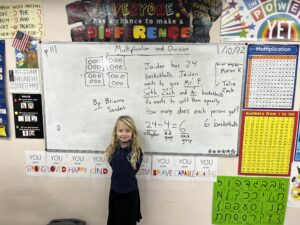
Third Grade
This week Grade 3 students continue to develop their problem solving skills. They are now working with multi-step multiplication and division word problems. We also began to solve multiplication equations using the vertical formation. During our Reading lessons, we continued to read our class novel as well as examples of procedural writing. During our Writing lessons, we wrote and analyzed a full essay (introduction, body, and conclusion), which students used as a model to write their own essays. Next week, students will be able to revise, and share their hard work. We are very excited to hear and take notes on the variety of culinary and creative skills students are writing about.
In science, students learned and explored how living things they need; explain how populations avoid competition; describe adaptations that protect organisms in different ecosystems.
Miss Sasha
Fourth Grade
This week in ELA students completed explanatory writing activities. Identified adjectives and correctly used articles a, an, and the in sentences.
In math students subtracted mixed numbers, solved word problems,and multiplied whole number and fraction.
In Social Studies we read about People of the South in the past and present.
In science, students learned and described the flow of energy in a food chain and explained the predator-prey relationship; students found possible food chains on the food web.
Fifth Grade
5A
This week students finished their novel essay. They practiced their vocabulary and learned about appositives in grammar.
They also practiced making an outline for a long response type of answer and then writing a long response.
They composed thank you notes for Tu B’Shvat!
Lastly, they began their new novel- The Indian in the Cupboard by Lynne Reid Banks.
In science, students learned and understood the importance of the Water Cycle. A visual “Water Cycle Model” was created during the science lab.
In math, 5th grade is finishing up the unit on geometry.
5B
This week students finished their novel journal. They practiced their vocabulary and learned about appositives in grammar.
They also practiced making an outline for a long response type of answer and then writing a long response.
They composed thank you notes for Tu B’Shvat!
Lastly, they began their new novel- Maniac Magee by Jerry Spinelli.
In science, students learned and understood the importance of the Water Cycle. A visual “Water Cycle Model” was created during the science lab.
In math, 5th grade is finishing up the unit on geometry.
Middle School
Middle School ELA and Social Studies
6th Grade
In grammar, students started their chapter on verbs. We reviewed action verbs and linking verbs, and learned how helping verbs help make tenses. In writing, we learned about plot and characterization. We also continued our novel study of Milkweed, and wrote a characterization journal about one of the major characters.
In social studies, this week the 6th graders continued their journey through China’s Shang dynasty. They learned about how silk and kaolin was made. Students were particularly amazed by the process of silk making!
They wrote a journal on the previously learned Chinese philosophies.
7th Grade
Students practiced their vocabulary. They also finished their class novel, The Master Puppeteer with no small amount of triumph. They then began the task of prewriting their literary analysis essay.
In addition to their novel, the 7th grade continued their state test practice finishing both a long response and a couple of short responses.
In social studies, students started our unit titled ‘Road to Revolution’ and learned about the political atmosphere in the colonies right before the American Revolution. Students also studied several primary sources. Mrs. Hazen is particularly impressed by Oren Dery for his awesome participation!
8th Grade
8th graders had a busy week! They learned new vocabulary, and practiced using it in different contexts. We also finished our essay on Animal Farm. Mrs. Hazen is particularly impressed by Doron Glickman’s essay. Excellent job!
In social studies, we wrapped up our chapter on the aftermath of World War 2 and started discussing the Cold War.
Middle School Math
6th grade is finishing up the unit on ratios.
7th grade is finishing up the unit on scientific notation.
8th grade is finishing up the unit on the system of equations.
Middle School Science
Students are discovering what it means to be alive! Students will be completing a Scientific Explanation answering the essential question “What does an organism need to be deemed alive?” They are investigating various articles and will watch a few videos to begin their investigation, so they can determine a position and make a claim. Once their investigation is complete, students will make their claim and support it with evidence from the sources they used to complete their investigation.
6th
During an activity students described each type of weathering as well as find an illustration or picture to show an example of each.
Students learned and understood soil formation as the result of weathering and biological activity over long periods of time; the natural agents of erosion: glacial features include moraines, kettle lakes, finger lakes, and outwash plains.
Jewish History
7th grade is making sure class stays very interesting with some very stimulating questions. This week we spent time learning about Yitzchok Avinu and the legacy he left for the Jewish people.
8th grade is learning about what happened after the Chanukah miracle!
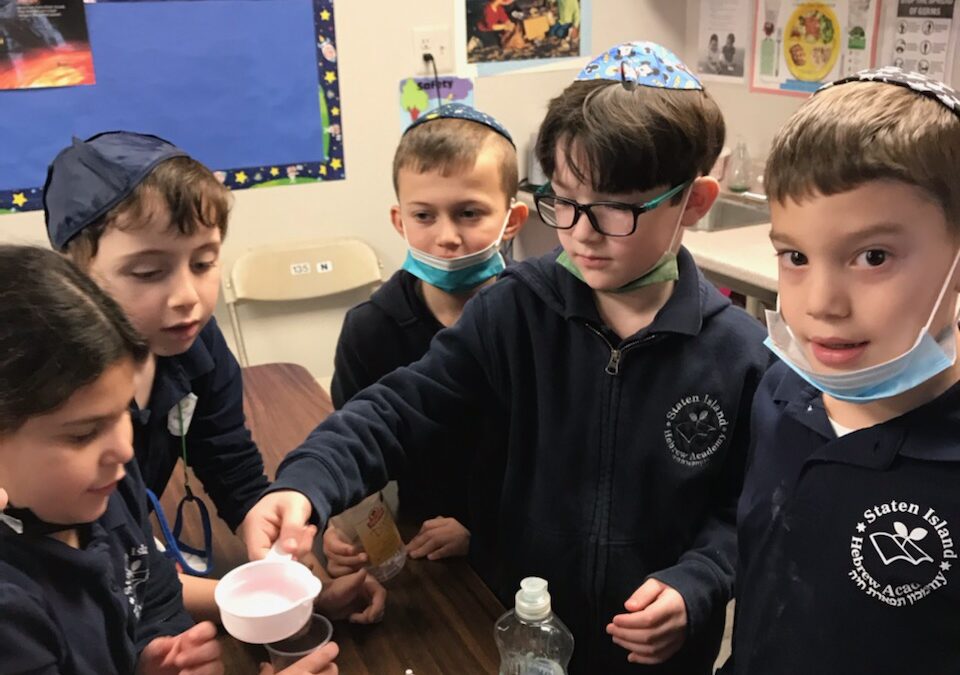
by admin | Jan 7, 2022 | Newsletter
Dvar Torah
Parshas Bo
Candle Lighting: 4:27
This week’s Parsha tells us of the first Mitzvah given to the Jewish people, the Mitzvah of sanctifying the beginning of the new month. The Hebrew word for month is Chodesh, from the same root as the word, Chodosh, new. Each month is a new start, a new opportunity. No matter what may have happened in the past, the new month gives us a chance to start again. We can correct the mistakes of the past as we move forward into the future. Hashem is constantly giving us the opportunity to start fresh and correct past mistakes.
More than that, this Mitzvah also teaches us an important lesson about time. Time is not something that merely passes by, moving forward from one day to the next. Each moment of time is an opportunity, a chance for greatness, a chance to build, to progress towards a goal. By sanctifying the beginning of the new month, we are santifying time itself, transforming each moment from the mundane to one of holiness.
Each month, we start again, refreshing our relationship with Hashem, just as the moon begins its cycle once more. Take advantage of the opportunity Hashem is constantly giving us once a month.
Good Shabbos
Mrs. Rosskamm
Judaic Studies Coordinator
Special Announcement
A great big SIHA congratulations to our Students of the Month!
Kindergarten – Navah Hecht
First Grade – Aviel Raytburg
Second Grade – Sophie Braun
Third Grade – Lielle Garber
Fourth Grade – Benjamin Shindelman
5A – Noilee Oz
5B – Abby Jaffe
Middle School General Studies – Ruti Applebaum
Middle School Judaics – Avigdor Tovshteyn
Judaics
Second Grade
We had a busy week as we are continuing to master our reading skills. Yosef Cohen read a line in 12 seconds when we played Beat the Clock. Congratulations Yosef. We had a exciting assembly on Monday in honor of Rosh Chodesh Shevat. The new Hebrew month of Shevat. The mitzva of Rosh Chodesh was actually the first mitzva given to the Jews as they were preparing to leave Egypt which is discussed in this weeks Parsha. The students saw how in Rosh Chodesh the moon is very small, but it continues circling around until it is a complete circle mid month and then becomes smaller littleby little again until the end of the month. The Jewish calendar is a lunar calendar. Aaron Schwartzman told us that he saw the moon one night and it was indeed very small. Morah took a picture of the moon to show all yilaydim (children) how small the moon is at the beginning of the month.For a Shabbat treat this week the class enjoyed Moon cooklies. The final 3 makot are described in this weeks portion as well. We learned the makkot in Hebrew and English.
Third Grade
This month we are having a school wide Brochos contest. The children have to color in a box every time they either make a Brocha out loud or answer Amein to a Brocho someone else made. We just got the blue contest sheet today and some boxes are already filled in. Your child has to remember to bring the blue contest sheet back to school after vacation for a prize. Shabbat Shalom!
Third Grade
Third grade had a wonderful week of learning!
We are happy to have all of our classmates healthy and back in school with us.
We continued to review our Hebrew words and we know them cold! We also learned what the four seasons are and the four directions- all in Ivrit! In Pitgum this week we learned how important it is to learn! Even Rabbi Akiva at age 40 went to learn the Aleph Bet. We should all try to do our best. The only way to learn is to ask.Thank you Benjamin Portman for doing such a nice job.
For the new month of Chodesh Shevat, We began the new unit of Brachot. Learning about it and trying to remember to say it BEFORE we eat. It’s our way to say thank you to Hashem.
The third grade Davening is absolutely beautiful! We’ve added so much already to our prayers yet we are starting slowly to say the entire Shema! Every day we will say another line of V’haya then continuing with Vayomer until the end!
It is so important to say these words every day.
Shabbat Shalom!
Morah Ferber
Fourth Grade
What an accomplishing week we had in 4th grade.
In our beautiful Tefilla, we spoke about how we should be used to doing Hashem’s Torah, and that we should be attached to all the Mitzvot. We gave examples of this concept. The children really understood it well.
In our Chayeinu lessons we spoke about, what Hashem did on every day of creation. Which day were the scary lions created? Which day were the beautiful trees created? The children know it well. Of course, on Shabbat we know Hashem rested.
We spent much time on practicing our Kriah and Kesiva. We read Pesukim of Tehillim. It is a pleasure to see the children grasping the Kriah well.
I did not have a chance to wish everyone a Shabbat Shalom in person being that it snowed today, however please make a snowman and bring a picture of it on Monday. Looking forward to seeing them.
Shabbat Shalom,
Rabbi Berelowitz
5th and 6th Boys
BRAND NEW MASECHTA
This week the boys had the amazing privilege of beginning a new Masechta in sha”s [=sheesha sidrei) mishna] aka a new tractate. The new Masechta is called Suka! Yes, like the holiday! We began learning the laws of the measurements of the Suka. How high is too high. how low is too low. How many walls. And more.
We are continuing our detailed journey through Parashat Va’eira, and we are getting closer to the “finish line”. We can already smell the Siyum that we are anticipating when we complete the Parasha. This is in addition to our weekly study of the Parasha in outline form.
We are, of course, davening daily and wearing Tzitzis as well. [Rabbi Kuritsky lends 2 Tzitzis garments, that he purchased for all students who did not bring their own, to say a Bracha on while they wear them, briefly].
Special “shout out” to those boys who continually, proudly wear their very own Tzitzit, daily!
Adiel Zadok. Shai Garber. Yadun Sanders. Yisrael Hanuka. Avigdor Tovshtein.
We look forward to more boys, younger and older following their wonderful example
ᐧ
7th and 8th Girls
Pretty impressive that we began a new section in Parashat B’ha’alos’cha, even with half the girls not attending class in person!
We are learning about Moshe purifying the L’viyim in preparation of their service in the Mishkan. We learned that the l’viyim were required to undergo being sprinkled with a mixture of water and ashes from the Para Aduma aka red heifer. Their clothes also had to be washed = dipped in a Mikve. We learned about the Karbanot that had to be brought as well. Not only did we study the above, but we also utilized the opportunity for girls to exercise their Hebrew reading skills at the same time. Parasha Outline was covered for this week’s Parasha, Parashat Bo. The girls have practiced Sh’mone esre, reading aloud from our new smart board using “siddur online”. This is a viable option for praying at home/on vacation if you happen not to have a siddur handy.
We happily welcome back those girls who were not able to come into school to study with us and we eagerly anticipate the return of those who still have not returned.
Shabbat Shalom
7th and 8th Boys
Dear Parents,
What a great week in 7th and 8th grade boys.
In out Tefilla period we spoke about the Beracha of that we ask Hashem to keep our great Tzadikim. We always look to the Tzadikim for guidance and strength.
We said a story about some boys on a block that made a Kiddush Hashem with Dave Rothman and we emphasized how important it is to make a Kiddush Hashem and be nice to others.
In our Gemara lessons, we discussed a classic Gemara that says an argument if a blind person goes to Galus. We discussed the reasons of each opinion. It was fascinating to hear the boys try to understand the case well.
We started learning Chumash this week. We started from the beginning of the Torah where it discusses what Hashem made on each day of creation. The worksheets the class did were surely incredible.
Topics from the Parsha:
מֹשֶׁה רַבֵּינוּ warned פרעה about the eighth מַכָּה: אַרבֶּה. פרעה agreed to let the Yidden go, but he said that the children need to stay in מצרים. Of course, משה didn’t agree. Millions of grasshoppers then covered the whole מצרים and they ate up all the food that had not yet been destroyed.
The next מכּה was חֹשֶׁך. First there were 3 days of complete darkness, that even a candle couldn’t help. After that they had 3 more days of heavier darkness, that wouldn’t let them move.
2 reasons for the extra darkness: 1) So the Yidden could go into their houses and see where they hid their money. 2) So the Mitzrim wouldn’t see that some Yidden had also died.
פרעה now agreed to let even the children go, but he said that the animals need to stay. משה didn’t agree because they would need the animals for קרבנות.
משה warned פרעה about מכת בכורות that every firstborn would die by חצות.
Hashem told משה and אהרן about the first מצוה- ראש חדש – on the first day of ניסן. The Yidden would be able to do this Mitzva when they have a בית דין.
Hashem then told them about 2 מצוות that they should do now in מצרים: 1) קרבן פסח 2)ברית מילה. The Yidden would need to get a sheep or goat that is less than 1 year old on י’ ניסן and check it for 4 days to make sure it doesn’t have any מום. On י”ד ניסן in the afternoon they should bring it as a קרבן. Then they will take some of the blood and put it on their doorposts. The Yidden would also need to roast the meat and eat it all that night. Only a Yid with a ברית מילה can eat from the קרבן פסח, so all the Yidden would do the Mitzva of ברית מילה first.
Hashem also told them about the מצוות of פסח: to eat מצה and not to eat חמץ for 7 days, and to remember and talk about all the great נסים that Hashem did for the Yidden in מצרים.
מכת בכורות: On the first night of פסח, exactly at חצות, all the firstborn Mitzrim and all of the firstborn animals died. Hashem skipped over (פסח) all the houses of the Yidden, who were busy eating the קרבן פסח.
That night, פרעה had gone to sleep (in his pajamas) as usual. He woke up when he heard all the crying and screaming coming from every Mitzri house. He was scared that he would also die because he was also a בכור. (Why didn’t פרעה die?) He went running for משה and אהרן and told them to leave together with all the Yidden and their animals as soon as possible.
Exactly as Hashem had promised אברהם אבינו 430 years before, the Yidden left מצרים with a lot of gold and silver.
Keep it up,
Shabbat Shalom
Rabbi Berelowitz
Elementary School
Kindergarten
This week kindergarten began reading from a first grade reader and they did an excellent job! They also took their first spelling pretest and did amazing on it! Almost the entire class finished the level 1 primary phonics book and began the first grade spelling book. In math they took their test on nonstandard measurement and began learning how to find the missing whole in a number bond. They also began working in the KB math book. In science they learned all about solids and liquids. They did a fun experiment by putting solid objects into a liquid to see if the object would sink or float. In social studies they began learning about American symbols. This week they learned all about the American Flag.
First Grade
This week the first graders read the fable of the Grasshopper and the Ant. We learned that Ant was prepared because she planned ahead while Grasshopper played all day. Students also practiced making inferences about characters.
In Social Studies we learned about how communication has changed over time. Students were surprised to see how people communicate in many different ways such as talking, sign language, and text messages. We even learned about how the Pony Express brought messages across the country by horseback. In Art class students created snow pictures. They also wrote beautiful sensory poems recalling all of the wonderful things about winter.
Second Grade
This week 2nd grade started a new math unit, multiplication and division! In the picture, you can see Aaron Schwartzman turning a multiplication problem into an addition problem to show the connection between the two operations. In grammar, we just completed a test on nouns. The class did really well! We are also working on a descriptive writing piece, which we will continue editing next week. Sophie Braun won student of the month for the month of December! Her excellent grades, neat workspace, and good behavior were all factors in her victory!
Third Grade
This week grade three students were introduced to procedural writing and the many forms it can take. We read about how we can create a homemade ice-cream with a few simple ingredients. We used this piece of writing to analyze the different elements they will need to include next week when creating their own procedural report. During our Grammar lessons, we reviewed common and proper nouns to help us improve our writing skills. During Math lessons, students continued to practice multiplication equations and were also introduced to division. They learned what each part is and then were able to use both operation to solve word problems. During our Social Studies lessons, students began to learn about the early explorers that first visited North America. We learned of the Vikings who came here 1,000 years ago. We learned about Christopher Columbus and Joan Rodriguez Cabrillo who was a mighty conquistador claiming all he stepped on as Spanish land (even California!). Students found it fascinating to learn of what it was like hundreds of years ago for both the men that sailed the globe (which some believed to be flat) as well as the woman who were not permitted to join in any fun.
Miss Sasha
Fourth Grade
This week in math we started a new unit Operations On Fractions. Students added and subtracted fractions with unlike denominators. Solved word problems by adding and subtracting fractions with unlike denominators and added mixed numbers.
In ELA students completed persuasive essays and started practicing for the state exam.
In Social Studies we focused on the South’s land and climate. Economic concepts and discussed how people use the resources of the South.
In reading we started a new class chapter book Walk Two Moons.
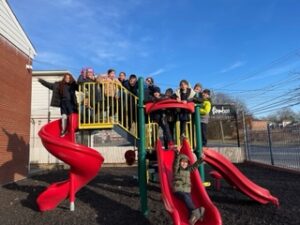
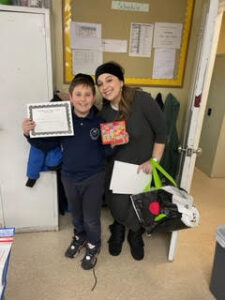
Fifth Grade
5A
Greetings and salutations!
This week the 5th grade has been busy finishing up their Maniac Magee essays. They have prepared all week for a vocabulary test.
They also learned about possessive nouns. Lastly, they dove into their long response practice with gusto!
5B
This week the 5th grade has been busy finishing up their final Holes Journal. 5B was very excited to finish Holes. They are also looking forward to their new novel!
They have prepared all week for a vocabulary test.
They also learned about possessive nouns. Lastly, they dove into their long response practice with gusto!
Middle School
Middle School ELA and Social Studies
6th Grade ELA
Students learned all about pronouns and antecedents. They practiced in class and wrote some awesome paragraphs. In writing, we reviewed the plot pyramid, and diagrammed stories. In reading, we continued our novel study of Milkweed.
6th (Social Studies)
Greetings and salutations!
This week has been all about Ancient China. Students learned about the three major philosophies of Ancient China; Confucianism, Daoism, and Legalism.
They also learned about the geography of China as well as the Shang Dynasty.
7th ELA
This week students have been reviewing for their vocabulary test. They also learned about the antecedent – pronoun agreement.
Lastly, they finished off their state test practice with a long response mini-essay.
In reading, we are beginning to wrap up the Master Puppeteer. Students got into it quite a bit as we discussed the true identity of the mysterious thief, Saburo.
In Social Studies, we completed our unit on the French and Indian War. We reviewed for a quiz, took a quiz, and everyone did absolutely amazing. We also did an activity in which we examined two primary sources from the era: an excerpt from the proclamation of 1763, and Benjamin Franklin’s ‘Join or Die’ poster.
8th Grade
In ELA, this week has been all about our Animal Farm Essay. Students created outlines and cited textual evidence to support their analysis. Mrs. Hazen is particularly impressed with Yaffa, whose contributions to our class discussion and writing have been phenomenal. Students also reviewed for and took their vocabulary tests.
In Social Studies, we wrapped up our World War II unit and moved onto the Cold War unit. We learned about the Korean War and practiced our map skills.
Middle School Math
5th grade finished multiplication and division of fractions and began working on area of rectangle and triangles.
6th grade finished operations with fractions and decimals and s began working on ratios.
7th grade finished statistics and probability and began working in classifying real numbers.
7B math has completed another unit! We have been working on statistics – mean, median, mode, and range; histograms; box plots; and dot plots. The students have really been impressing their math teachers! We have a test on Tuesday.
8th grade finished solving absolute value and piecewise function and began solving systems of equations with different methods.
Middle School Science
Students are discovering what it means to be alive! Students will be completing a Scientific Explanation answering the essential question “What does an organism need to be deemed alive?” They are investigating various articles and will watch a few videos to begin their investigation, so they can determine a position and make a claim. Once their investigation is complete, students will make their claim and support it with evidence from the sources they used to complete their investigation.
Students learned and understood that the viscosity of the lava that erupts from a volcano can lead to the creation of different volcanic landforms; Students reviewed Unit 6 “Volcanoes”.
6th graders completed a research paper about the most recent Volcanoes on Earth.
Jewish History
7th grade spent quite a bit of time taking a closer look at Hashem’s creations as we learned how Avraham Avinu discovered Hashem. The students surprised me with their insights and I learned some interesting new facts.
8th grade broadened our understanding into Greek influence in Jewish life, why the Greeks targeted specific Mitzvos, and why the Jews fought back at the point as opposed to the many other times they were persecuted earlier in our history.
by admin | Dec 31, 2021 | Newsletter
Parshat Vaera
Candle lighting- 4:23
Havdalah- 5:43
The story is told about a political prisoner in a dark dungeon who always kept his eyes closed. Whenever he needed something, he would grope for it without opening his eyes.
“Why don’t you open your eyes?” a fellow prisoner asked him. “If you keep them open for a while, they’ll get used to the darkness, and you’ll be able to see a little.”
“That is exactly my reason,” he replied. “I don’t want to get used to this place. I never want to forget that I am living in darkness.”
One of the gravest dangers in any adverse situation is that we may resign ourselves to it. The first step towards redemption, therefore, is the reversal of the mentality of the oppressed, the reawakening of hope and aspiration for freedom.
In this week’s parsha, when Hashem promises to take the Jewish people out of Egypt, He uses the famed “four expressions of redemption.” The first of these is (6:6), “And I will take you out from under the burdens of Egypt.” Some commentators point out that the Hebrew word for “burdens,” sivlot, can alternatively be translated as “forbearance.” The verse would then read, “And I will take you out from bearing Egypt.” The Jewish people had learned to tolerate and “bear” the exile. They had come to terms with a life devoid of spiritual fulfillment and human dignity. They lived for the existence of the moment, unable even to think about the transcendent qualities of a better life.
This was Hashem’s promise. First and foremost, He would take them out of this sedative state and energize them with the spirit of freedom so that they would no longer be able to tolerate the darkness.
Today it seems like life in NY and US as a whole is moving in the very same direction.
Hashem wanted then and now for our spirits to be revived, and desire and demand for our former high aspirations. This has to be the first stage of redemption, for otherwise a subdued existence would remain.
The second stage was for Hashem to break those chains and raise the Jewish people up to undreamed of heights.
In our present exile, complacency is responsible for our lacking the desire to break free. Our spiritual senses have been dulled, and we have become immune to the pain of exile. We are content not to “rock the boat” and live and let live.The contemporary comforts blocks us from feeling deprived of a utopian Israel with a rebuilt Beit Hamikdash and people living together in harmony and spiritual bliss. It is a deprivation to which we have been immunized by the long exile, but a tremendous deprivation nonetheless.
A great sage was staying at an inn far from his home. Late at night, he sat down praying fervently with tears the Tikkun Chatzos, the lamentations over the destruction of the Beit Hamikdash that pious people say after midnight. The innkeeper came running. “Rabbi, rabbi, what happened? Why are you crying?”
“Because our holy Temple was destroyed,” said the rabbi. “Ah, if only Moshiach would come already and take us all out of this exile! Don’t you dream of such a day?”
The innkeeper fidgeted. “Well, what about my inn? What would happen to it? And what about my goats and my chickens? Will I have to leave them behind?”
“Your goats! Your chickens! Forget about them. Think about the wonderful life that awaits us in Israel.”
“Well, to tell you the truth, rabbi. I’m doing fine right here. I’m not sure I want to change things so much.”
“But don’t you ever have trouble from the local “zhlobee” that call you a zhid and steal your chickens in the night?” the rabbi asked, trying to find a way to inspire the simple innkeeper to yearn for redemption.
“Yes, you are right,” said the innkeeper, his brow squinting in thought, but he immediately brightened. “I have an idea, rabbi! Let’s send all the zhlobee to Israel, then we can live here in peace!”
We need to realize that, no matter how comfortable we are, there still is poverty, hatred, and ignorance that plague our society. We need to look beyond what we have in our own comfortable little niches and see the divine intervention that we want more of. Yes, we all aspire to a utopian world, but we must first appreciate that there can be no ideal society without spirituality. Only in the context of this appreciation can we truly yearn for the redemption. Only though genuine yearning can we hope to achieve it.
Thank you Rabbi Reich for allowing me to share your message.
Good Shabbos,
Dr. Chana Uzhansky
—
Chana Uzhansky Ed.D.
Head Of School
SIHA
(718)987-9700
Happy New Year from SIHA!
Due to the Holiday, our newsletter is taking a pause. Please look forward to next week’s edition with more exciting goings-on at our school!
Here is to a new year full of learning, achievements, success, and wonder!
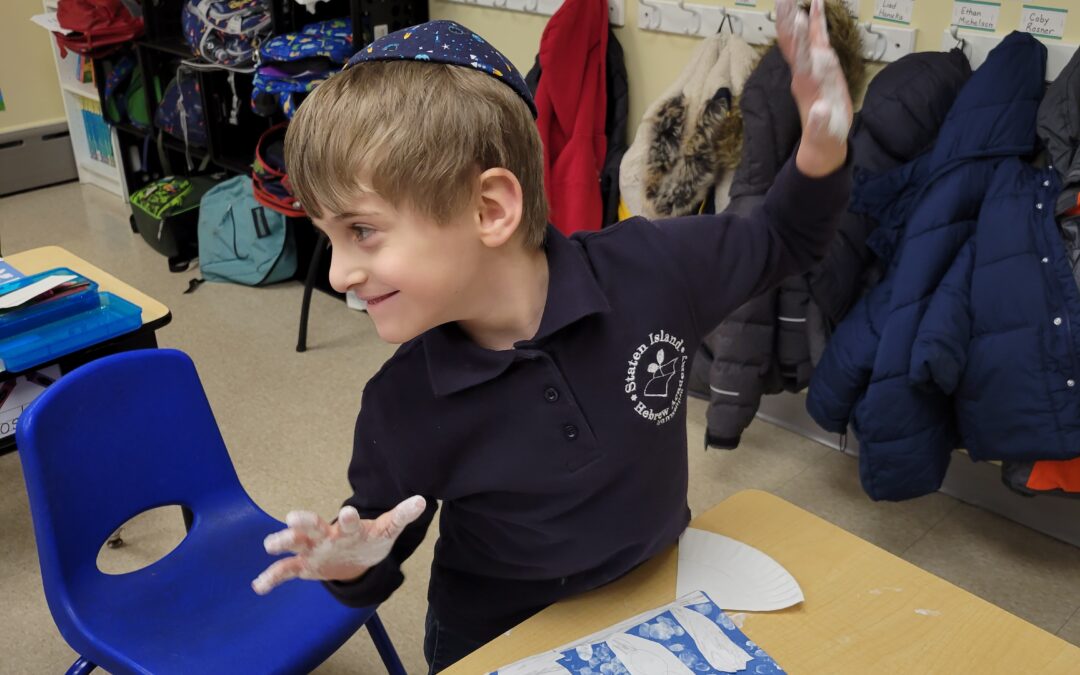
by admin | Dec 24, 2021 | Newsletter
Dvar Torah
Parshas Shemos
Candle lighting: 4:16
This week’s Parsha begins by telling us the names of each individual who descended to Egypt with Yaakov. Each name is emphasized. The Torah does not contain even one extra letter, yet the Torah enumerates each name. Later on, we see that the Jewish people were praised for keeping their Jewish names and not using Egyptian names. This action was a great merit towards the redemption.
The Torah is teaching us an important lesson.
Your name is not just a means of identifying a particular individual but actually defines you.
When a person uses their Jewish name, they are announcing, “I am a Jew, I consider myself a Jew, I am proud of my identity as a Jew!” They are telling the world that they are proud of who they are.
Each and every Jewish name is unique and has a special meaning. Jewish tradition teaches that parents are given divine inspiration when naming a child. Every child gets a name that is perfectly suited for them.
You have a special Jewish name. Use it proudly!
Mrs. Rosskamm
Judiac Studies Coordinator
Special Announcement
Dear parents.
Thank G-d, we had a wonderful week at Siha.
The students are being very welcoming to each other and filling out many welcoming contest cards.
Each student who fills out card(s) receives a prize.
There are also raffle winners chosen for each class.
Keep them coming! We’re very proud
Shabbat Shalom!
Best regards,
Miss Dershowitz
Mrs Ferber
Judaics
Kindergarten and First Grade
We baruch Hashem had another great week in Judaics – whether in class or on Zoom!
In kriah, the kindergarteners learned about the letter “cookie kaf”! They had a great time using a cookie to make its dot, playing hokey pokey with the letters, dancing to different letters, and playing tic-tac-toe on Zoom! The first grade is getting really good at reading words with kamatz, patach, tzeirei, and segol! They had a great time popping all the segol balloons on Zoom!
In kesiva, the first grade learned how to make a “hey” which is like a big reish with a little reish inside.
In yahadus, we learned a new bracha (blessing) which is said on wine and grape juice – hagafen. We learned how wine is made and made a cute hagafen man so that we can always remember the correct bracha to say.
In parsha, we learned about the mean Egyptian king Pharaoh who made the Jews into slaves and how Hashem promised to punish the Egyptians and free the Jews through His messenger Moshe.
We also learned about the important mitzvah of “kibbud av va’eim” (that starts with a kaf!) – honoring one’s parents. We know how our parents do so much for us and how we must always listen to them right away and give them our utmost respect.
I’m looking forward to seeing everyone again in school!
Morah Chavi
Second Grade
We had an interesting week as we transitioned onto zoom on Wednesday. We are learning about the Parsha of Shimot which is the 2nd book of the Torah. This week in Shuls all over the world we listen to the Torah Reading of Parshat Shimot which describes the hard labor the Jews were forced to do as slaves in Egypt and the birth of Moshe (Moses) who eventually
under the directive of Hashem (G-d)leads the Jews out of Mitzrayim (Egypt). We learn that if we want something we have to put in the effort and try our hardest. Batya the daughter of King Phaaroh wanted to save the Jewish baby she saw floating in the Nile River but her arm was too short and she couldn’t reach it until Hashem performed a miracle whereby her arm stretched until she was able to retrieve the basket with the baby. We began our unit on Brochot and learned the Brochot of Hamotzei and Mizonot.
Third Grade
This week in third grade was definitely unusual.
We started off with reviewing the Rosh Millah which they all know beautifully.
We continued to review Dikduk and that was done beautifully as well.
In Pitgam we enjoyed a lesson thanks to Mira Elkaiev about how we should always give a person the benefit of the doubt since we don’t know the other half of the story. Continuing the week on Zoom 3rd grade learned maturely and beautifully.
We practiced Kriah, Dikduk, colors in Ivrit and Parsha.
Hope to see you all next week healthy and well.
Shabbat Shalom!
Morah Ferber
Fourth Grade
Dear Parents,
This week was very accomplishing.
We spent much time talking about the Beracha of Birchat Hatorah. We spoke
about how special it is to belong to the Jewish nation. We said how Torah has to
be sweet and very enjoyable for us.
In our Yahadus class we spoke about the Jewish months of the year. It was loads
of fun figuring what happens in each month. Some students even knew in which
Hebrew month their Birthday falls out.
Mia Factor and Matthew Kipnis did very nicely in their classwork in Yahadus.
Yes, we worked on our Hebrew words and Shoroshim – root words.
We had a super quiz of the Hebrew words on our Bulletin Board.
For Parsha class we saw exciting slides all about the Parsha, of how Moshe
Rabienu was put in a basket and put into the river. Bisya the daughter of Pharoh
took him out and took care of him. Leah Yakobzon is the winner of the Pasha
notebook.
Maayan Malka is awarded the Helper of the week.
A big Thank you to Mrs. Amos for getting the Artscroll Parsha Books that we are
very excited to use.
Have a Shabbat Shalom,
Stay healty and well.
Rabbi B.
5th and 6th Boys
We began the week discussing a Mishna regarding the law of a person falling on a lost object vs a person making an acquisition on a lost object.
We ended the week focussing on a Mishna that teaches the law of finding a live object, like a lame deer or young pigeons that could not fly vs a healthy deer or birds that could fly, and having our yard acquire them for us. We learned that our yard/property can acquire an object for us in certain instances i.e. when it is in our power to confine the animal.
We learned about the Parasha.
We Began learning the laws of Shmone esre.
I really must say that I am very proud of my 5th and 6th grade troopers who have been very motivated to do well and hand [email/google docs] their papers to me.
Looking forward to seeing you all in person asap
Shabbat Shalom
7th and 8th Girls
What a week!
Beautiful davening.
On Tuesday, when only a few brassbound students were in class, we took the time to slowly recite Shmone esre [most of it] while turn taking reading from our smart board!
A lot of learning. We began a new Perek in Yehoshua about the Jews conquering Ha’ay and Ay and followed up in our beautiful workbook.
We delved deeper into Parashat B’ha’aloscha, which we concretized with Rabbi Kuritsky’s customized sheet. We began a new chapter discussing the laws of Shmone Esre.
Of course we studied the weekly Parasha. Girls are excited about our upcoming weekly Parasha quiz.
I really must commend the wonderful girls for their commitment to their studies which was shown by their diligence on zoom and by turning in work papers.
Naturally, we learned about Parashat Shmos. We read about the Parasha, from an outline and filled in work sheets .
All in all in class and on zoom we had a very productive week.
7th and 8th Boys
Dear Parents,
This week we covered many topics
In Biur Tefilla class we spoke about the Beracha of Shemona Esreh of Teka
B’shofar. We ask Hashem to Blow the Great Shofar and bring us together. We
spoke about being together with one another is very important. In Davening Oren
Dery was amazing. We are very proud of him.
In Gemara we spoke about an amazing Gemara that askes a question that how
could “Umatza” mean 2 different things. The Gemara answers that each place is
the topic of that Pasuk. In Gemara class Jeffrey Shutman was awarded Learner of
the week.
In Halacha we started learning about the great Mitzvah of Honoring Parents. We
saw in the Halacha that it is as if you are Honoring Hashem.
Doron Glickman is the awarded the Student of the week.
Topics from the Parsha:
The בני ישראל became a very big nation very quickly, as they were having 6
babies at a time.
פרעה saw the many Yidden and became nervous that they might fight and take
him over, or leave מצרים. So he “forgot” all the good that יוסף had done to help
him, and started to plan mean ways to stop the Yidden from growing any more.
פרעה tricked the Yidden into becoming his slaves. שבט לוי didn’t have to work
since they never went from the beginning.
פרעה had a new plan: he told שפרה and פועה to secretly kill the baby boys as
soon as they were born. Of course they didn’t listen, and they got a special
reward from Hashem.
פרעה tried another idea. To openly kill all the newborn baby boys by throwing
them into the Nile River. Why did פרעה say to throw them into the water and
not kill them a different way?
משה רבינו was born to his father עמרם, and his mother יוכבד. He had a sister
מרים, and brother אהרן.
משה was hidden in his house for 3 months. When his parents became afraid
that he would be found, they made a basket for him and “hid” him in the Nile
River.
מרים stood on the side to watch and see what would happen to משה. בתיה the
daughter of פרעה came down to the river and saw the basket. She stretched
out her hand to take it, and decided to bring the baby home.
מרים told בּתי’ that she knows someone who can feed the baby and quickly
called her mother to come.
משה got his name from בתיה, he was raised in the palace of פרעה.
When משה got older he looked for ways to help the Yidden (רחמנות). He saved
a Yid who was getting beaten by a מצרי, by killing him using Hashem’s special
Name.
The next day, he saw 2 Yidden named דתן and אבירם fighting. When he
stopped them, they got upset at him, and told פרעה that he killed a מצרי. After
Hashem saved him from פרעה, משה escaped to מדין.
While משה was waiting by a well (like יעקב אבינו did), he met the 7 daughters of
יתרו. He helped them get water from the well (רחמנות). He later married צפורה,
the daughter of יתרו. He had 2 sons named גרשום and אליעזר.
Hashem spoke to משהfrom inside of a burning bush, and told him that the time
for the Yidden to leave מצרים had come. The time had come for the Yidden to
receive the Torah and go to ארץ ישראל, with משה רבינו as their leader.
משה together with אהרן went to פרעה and told him that Hashem wants the
Yidden to go free. As we know, פרעה didn’t listen and he made the Yidden work
even harder.
Have a Good Shabbos!
Rabbi Berelowitz
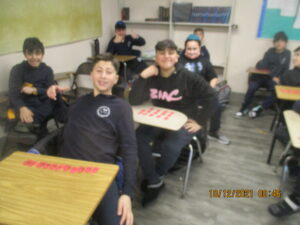
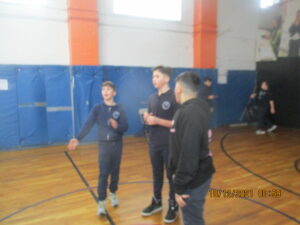
Elementary School
Kindergarten
This week kindergarten really impressed me with their ability to continue to do amazing work even when they are on zoom! I am very proud of them! This week they made a TH puppet and practiced reading and spelling TH words. They also learned the welded sound that the letters INK make. They learned how to identify the beginning, middle, and end of a story in preparation to begin writing their own personal narratives once we are back in the classroom. In math they practiced using non standard tools to measure the length and the width of objects. They reviewed the math facts they have learned so far, learned a couple of new facts, and practiced adding and subtracting 1 from a number using mental math. In science they learned all about what makes day and night and what we see in the daytime and in the nighttime. They also learned how to describe the physical properties of objects. The children picked an object in their house and if they described its physical properties well enough we were able to guess what the object was. In social studies some of the class got to share their family tree projects. They were very excited to share their family trees with the class and they did a wonderful job on their presentations.
First Grade
This week the first graders read the fable of the Grasshopper and the Ant. We learned that Ant was prepared because she planned ahead while Grasshopper played all day. Students also practiced making inferences about characters.
In Social Studies we learned about how communication has changed over time. Students were surprised to see how people communicate in many different ways such as talking, sign language, and text messages. We even learned about how the Pony Express brought messages across the country by horseback. In Art class students created snow pictures. They also wrote beautiful sensory poems recalling all of the wonderful things about winter.
Second Grade
2nd grade dove into remote learning this week. We learned about singular and plural possessive nouns in grammar. We also continued reading Charlotte’s Web. In math, we are wrapping up our unit on measurement. In social studies we are learning about symbols that represent America. We learned about landmarks, monuments, and memorials too! In science, students learned the process of the Water Cycle and the cause of it.
Third Grade
This week Grade 3 read an article about a race in a small Alaskan town called Nome. This was no ordinary race, but one to save children from an illness that threatened their lives. We read about the treacherous journey Bolto along with his dog sled team and musher Gunner Kaasen took to bring the medicine to their town. After reading about the true tale of 1925, we also watched the film version to compare and contrast the story. We noticed many differences, but were also able to recognize a few similarities. During our math lessons, students worked on developing their problems solving skills. We worked on solving two step problems and creating bar graphs to represent the information. In Social Studies, students reviewed the effect the different landforms have on people’s lives. We also examined how climate and weather differ, as well as their effect on the way we live.
Miss Sasha
In science, students learned and identified what makes up an ecosystem; described how living things meet their needs in habitat; identified habitats in a pond and forest community.
Fourth Grade
This week in math we reviewed our unit on fractions and are ready to take the test next week.
In ELA we continued to work on persuasive writing. Use present and past tense linking verbs, identified and use irregular past tense verbs, and identify and use contractions with NOT.
In Social Studies we reviewed for our chapter 4 test Living in the East. Test will be on Wednesday.
Kids did amazing on zoom. I’m very proud of all of them!
In science, students learned and observed the response of a plant to a stimulus; understood how organisms detect and respond to stimuli; understand how animals learn; distinguish learned and inherited behavior.
Fifth Grade
5A
In ELA students learned about proper and common nouns. They finished their novel, Maniac Magee and began their essay. I am happy to see that the students in 5A are rising to the challenge of this essay.
In science, students recognized photosynthesis as an adaptive characteristic of plants that improves their ability to survive in an ecosystem; learned and recognized that tropisms are adaptive characteristics of plants that improve their ability to survive in an ecosystem; compare the adaptive characteristics of plants that result in their ability to reproduce.
5B
In ELA, students learned about proper and common nouns. They continued to read and discuss their novel. I am happy to say that they will be finishing their novel next week and will begin their final writing assignment for it.
In science, students recognized photosynthesis as an adaptive characteristic of plants that improves their ability to survive in an ecosystem; learned and recognized that tropisms are adaptive characteristics of plants that improve their ability to survive in an ecosystem; compare the adaptive characteristics of plants that result in their ability to reproduce.
Middle School
Middle School ELA and Social Studies
6th Grade
In ELA students practiced their new vocabulary. They finished their novel study of Holes and began their essays on literary conflict. I am happy to say that the students have made excellent progress in their essays. Next week is a new novel!
In SS the 6th grade learned all about the Mauryan and Gupta empires of Ancient India. They learned of some of the advancements these civilizations made. They were particularly interested in the number system.
7th Grade
In ELA students continued preparing for the state test by writing short responses. They continued to read their class novel. Lastly, they practiced their new sets of vocabulary words. In SS students continued their unit on the French and Indian War.
8th Grade
In ELA students practiced their new vocabulary. They continued their novel study of Animal Farm, by comparing Napoleon and Snowball to each other. In SS students continued their unit on the end of WWII.
Middle School Math
5th finished applying multiplication and division of fractions to challenging problems.
6th finished applying all operations with fractions and decimals to challenging problems.
7th learned how to find the theoretical and experimental probability of simple and compound events.
8th learned how to solve absolute value equations and how to sketch their graphs given the parent function.
Middle School Science
Students are discovering what it means to be alive! Students will be completing a Scientific Explanation answering the essential question “What does an organism need to be deemed alive?” They are investigating various articles and will watch a few videos to begin their investigation, so they can determine a position and make a claim. Once their investigation is complete, students will make their claim and support it with evidence from the sources they used to complete their investigation.
Students learned and understood that the viscosity of the lava that erupts from a volcano can lead to the creation of different volcanic landforms; Students reviewed Unit 6 “Volcanoes”.
6th graders completed a research paper about the most recent Volcanoes on Earth.
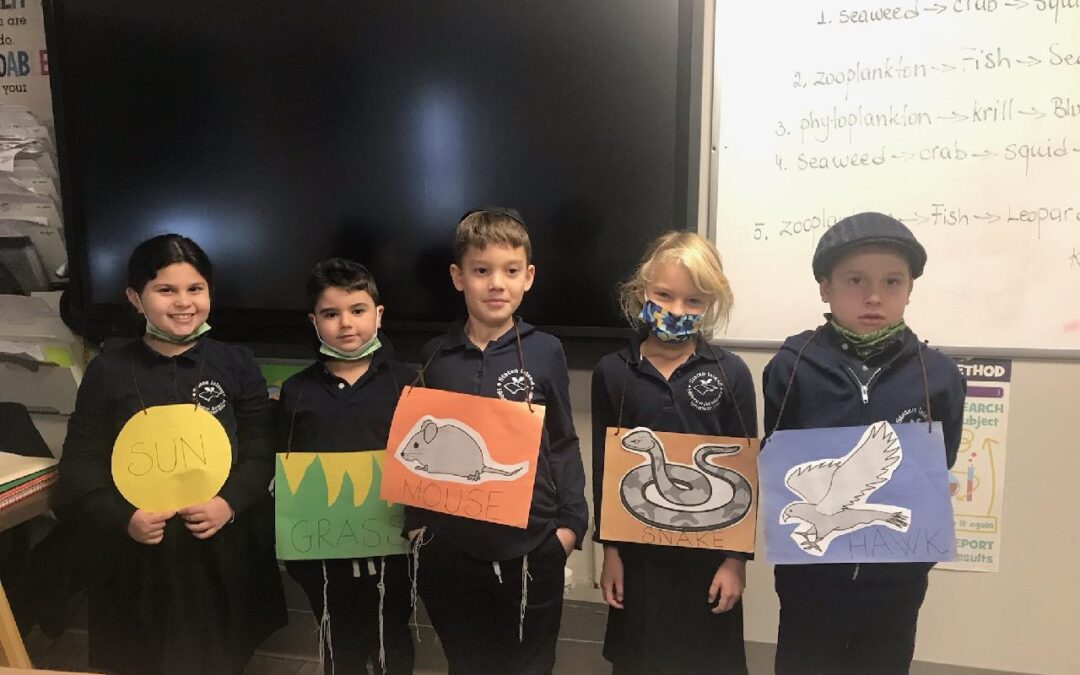
by admin | Dec 17, 2021 | Newsletter
Dvar Torah
Candle Lighting: 4:12pm 12/17
Havdalah: 5:16pm 12/18
Parshat Vayichi
In Parshas Vayechi, Yaakov Avinu elevates his two grandsons, Ephraim and Menashe, to the status of Shevatim (tribes). In the course of the process he bestowed on them a blessing that has become the standard blessing by which we bless our sons to this very day. “So he blessed them that day, saying, “By you shall Israel bless, saying; ‘May G-d make you like Ephraim and like Menashe.” The commentaries ask, why did Yaakov instruct the Jewish people to bless our sons to be like Ephraim and Menashe more than anyone else. This question is strengthened by the fact that we bless our daughters to be like the Imahos (Matriarchs). That being the case, it would seem most logical to bless our sons to be like the Avos (Patriarchs). One of the answers given is that Ephraim and Menashe achieved more than their potential; up to this point, only the sons of Yaakov Avinu merited to be considered among the twelve Tribes. Ephraim and Menashe were not sons of Yaakov, and therefore were not destined to be one of the Tribes. However, because of their greatness , Yaakov elevated them to the status of Shevatim. In this way, they achieved the incredible accomplishment of reaching beyond their potential. Accordingly, we bless our children to emulate Ephraim and Menashe, in that we aspire for them to reach beyond their potential. The Targum Yonasan writes that Yaakov was saying that one should bless their son to be like Ephraim and Menashe, at the brit mila in particular. It seems that this interpretation fits with the idea that we want our son to emulate Ephraim and Menashe in the area of becoming great. We see this in the prayer that we say at the brit; ‘may this kattan become a gadol’. This doesn’t mean that we want this small boy to grow up into a large man. Rather, ‘gadlus’ in this context refers to spiritual greatness. We bless our child to become truly great, as did Ephraim and Menashe. This idea teaches a person that he should aspire to surpass his own potential, but it also educates a parent as to his aspirations for his children. He should not suffice in bringing up his child to be an ‘ordinary’ Jew, rather he should aim to facilitate that his child become ‘great’.
As parents, educators, ones who have been trusted with Hashem’s most holy creations, it is our duty to show not just profound faith and resolve in our children’s abilities, but to also extend that to the steadfast belief that we parent with Hashem and He ultimately will undoubtedly provide for us whatever tools (PROTECTIONS ;)) necessary to make all of HIS child(ren)’s potential come to fruition. Kids need to see that in our eyes and feel it from our hearts, especially in todays unprecedented times.
Shabbat Shalom,
Dr. Chana Uzhansky
Head of School
Judaics
Kindergarten and First Grade
We baruch Hashem had another great week in Kindergarten and first grade Judaics!
In kriah, the kindergarteners learned a new letter, yud. They had so much fun making a yud yo-yo that goes high up just like a yud. The first graders are getting really good at reading words with kamatz, patach and tzeirei. Our word wall of Hebrew words is getting really full!
In kesiva, Akiva Kesiva showed the first graders how to write the letter reish in script. They can already write real words with script letters and nekudot!
In yahadut, we learned the bracha mezonot which is said on cakes, cookies and pasta. We learned how to differentiate between hamotzi and mezonot. Hopefully, the brachot men we made will always help us remember what to say. We also learned about how special the Beit Hamikdash was and how every mitzvah that we do adds a brick to the Beit Hamikdash! The kindergarten mitzvah note wall is getting really full; we are definitely building the Beit Hamikdash!
In parsha, we learned about all the blessings that Yaakov gave to his sons before he passed away.
Looking forward to another great week!
Morah Chavi
Second Grade
We had a wonderful week in 2nd grade reviewing our Kriya Skills and reviewing the entire Sefer Breishit. This Shabbat we read the last Parsha in Sefer Breishit (The book of Breishit-Genesis) To honor the occasion students came up to the board as they figured out how to spell the answers to random questions from Sefer Breishit. They enjoyed playing the card game where instead of raising their hands when they knew the answer they spread all the cards on their desk, chose the correct answer on the card and then showed Morah the correct card. This game both reinforced their Kriya skills and Parsha review. You may both enjoy playing the card game at home over the weekend.Shabbat Shalom! Morah Spiegel.

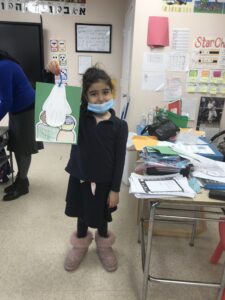
Third Grade
We all enjoyed a week of exciting lessons.
We continued with the prefix letters. We now know how to say
THE, FROM, AND, TO/ FOR, IN/ WITH and LIKE!
In dikduk the class is doing beautifully and they proved it on the test we had.
Keep it up!
In Kriah we learned a reading skill to break up our words by syllable .
This will help us with reading longer words.
Chayainu we’ve completed the number unit! I’m so proud!
Pitgam was fun thanks to Avraham Grego.
This week we’ve completed The first book of Parshiot. We will be having a test on Tuesday on the important questions for each parsha.
For that we say Chazak!
Stay warm and healthy!
Shabbat Shalom!
Morah Ferber
Fourth Grade
Dear Parents,
Yes, it was another terrific week in school.
We started our day with our beautiful Davening. We had our world famous “Super Daveners.” The children participated really nicely.
In explaining the Davening, we explained the topic of Elokei Neshama. We discussed that Hashem gave our soul to us. A soul is very precious. We spoke about how we must keep the soul pure without doing sins.
In Kriah we did a super exciting topic. It was knowing the days of the week and the items in the room in Hebrew. The children really got a good grasp on it.
Much time this week was devoted on Shoroshim. The children colored the Shoresh sheets, and we hung them on the wall to beautify our room.
We had our Lashon tov [speaking good] contest. Children said beautiful things about their friends. We spoke about how important it is to see the good in people.
On Friday we spoke about how Yaakov blessed his children Efraim and Menashe. It is very important to bless out children to be like Efraim and Menashe, on Friday night.
Welcome to our class Ms. Shani. It is a pleasure that you joined us.
We practiced for the upcoming performance which we are very excited about. Stay tuned for details.
Shabbat Shalom,
Rabbi Berelowitz
5th and 6th Boys
5th and 6th grade boys had another wonderful and educational week here at SIHA.
We began a new Mishna in Baba M’tzia. We learned and acted out the case of where one was riding on an animal who saw a M’tzia found/lost object, but didn’t want to get off the animal to retrieve it, so he asked a passerby to retrieve it and merit in it for him. Alas, the passerby did retrieve it, but for himself. We learned what the Halacha would be in that case and in a similar but different case. We, of course, learned about Parashat Vayeche and were quizzed on Parashat Vayegash.
We enjoyed some time outdoors with Rabbi Kuritsky, our quarterback , playing football, with This Team against That Team.
Clean Speech Illinois has reached SIHA !
Thousands of students in the state of Illinois have been part of the above program, and now we are getting involved in tuning up our speech. rabbi Kuritsky has shown a few short videos to help motivate the program.
We were treated to an educational video in commemoration of the fast day, Asara B’tevet.
It taught us that the Jewish children are the guarantors that Torah would continue through the generations. it was also inspirational, as it highlighted children in the Holocaust.
7th and 8th Boys
Dear Parents,
A very accomplishing week it was for us. We discussed the Beracha of Shemone Esreh that Hashem should Bless the years and Bless our livelihood. We said that during Corona many people lost their jobs, and we have to Daven for all of Bnei Yisroel that Hashem should give them good livelihood.
In Gemara we spoke about how we learn something from one word of a Pasuk. It was fascinating. We put on our bulletin board common Gemara words that the Students should read and become fluent with them. We discussed how special each word of Torah is. It was a joy to see the boys learn with such eagerness.
The Students in our class are becoming super Shakla V’ taria people. They are understanding how the step-by-step process of the Gemara works.
In Halacha class we spoke about that there are four people that need to say the Blessing of Gomel. We say it after we read the Torah. It means that we have to thank Hashem for all he has done for us.
Topics from the Parsha:
יעקב lived in מצרים for 17 years. He was now 147.
יעקב sent a message that יוסף should come. He asked יוסף to promise him that he would be buried in the מערת המכפלה. Why did he ask only יוסף?
The reason that יעקב didn’t want to be buried in מצרים was because he knew that מכת כּנים would come to מצרים’s land. Why did he want to be buried in ארץ ישראל? So that when משיח comes, his body will already be there.
יעקב davened that he should get sick before he dies, as a warning to prepare himself.
A little while later, יוסף heard that his father was sick and brought his 2 sons, מנשה and אפרים, to get a ברכה.
יעקב switched his hands, and put his right hand on אפרים, the younger son, because יהושע בן נון would come from his family. Why did יעקב switch his hands, and not switch the boys?
The ברכה that some boys get from their father ( or Zaidy ) on Friday night.
יעקב told יוסף that his sons would be like the שבטים.
יעקב gave a special ברכה to each of his sons.
יעקב was נפטר at the age of 147. The שבטים, together with officers from מצרים, brought יעקב to be buried in the מערת המכפלה.
יוסף was נפטר at the age of 110.
Keep it up,
Shabbat Shalom
Rabbi Berelowitz
7th and 8th Girls
This week we learned about the 7th Ani Ma’amin which is that we believe that Moshe Rabeinu was the ultimate prophet . There never was or will be another prophet as great as him ,and that all his words are true!
We, of course, learned about Parashat Vayeche and were quizzed on Parashat Vayegash.
We enjoyed some time outdoors with Rabbi Kuritsky. we raced up the hill and visited Ella’s home. Her mom was kind enough to treat us all to black and white cookies! Yum! 😀 Thank you, Mrs. Shalem!
We began a new section in Hilcot Hashkamat Haboker.
We are now studying the laws oh how to pray Sh’mone Esre.
Clean Speech Illinois has reached SIHA !
Thousands of students in the state of Illinois have been part of the above program, and now we are getting involved in tuning up our speech. rabbi Kuritsky has shown a few short videos to help motivate the program.
We were treated to an educational video, on Tuesday in commemoration of the fast day, Asara B’tevet.
It taught us that the Jewish children are the guarantors that Torah would continue through the generations. it was also inspirational, as it highlighted children in the Holocaust.
After watching the video, we all answered detailed questions, in full sentence form to be marked and graded by our ELA specialist, Mrs. Hazen.
ᐧ
Elementary School
Kindergarten
This week kindergarten finished writing their second predictable books. They did an amazing job checking the writing rubric to edit and revise their own work independently! They continued to listen to many read alouds and can now make predictions before, during, and after reading a story. The students also learned their first digraph sound. After only one day of learning the new sound they were able to read and spell words with the digraph TH! In math they continued to practice comparing numbers and filling in missing numbers to review for their math test next week. They popped balloons to practice subtraction and learned their first 2 math facts. The students had a lot of fun measuring each other using a nonstandard tool. One very clever student noticed that using nonstandard tools does not give us an accurate measurement leading to a discussion about why we need to use standard tools. In science they learned facts about the sun and why it is so important. They worked in groups to create a structure that could protect their doll or animal from the sun. In social studies they learned about what a family is, how all families are different, and about different types of extended family members. The class made a family glyph house to show the different people in their family.
First Grade
The fabulous first graders had an amazing week of learning. This week we learned about the water cycle in Science class. Students enoyed making observations about evaporation, condensation, and precipitation. In ELA, we read and wrote poetry about the seasons. Students gave great descriptions using sensory language to express how seasons look, feel, sound, taste, and smell. In Social Studies, we learned about education long ago. Students were surprised to see tools like quill pens, inkwells, and slate boards. Students also made a model of a hornbook, which was a tool used to teach writing the alphabet to students. First graders are so appreciative of the textbooks, notebooks, and smartboards we have in our SIHA classroom today.
Second Grade
This week 2nd grade is learning about measurement! We learned about different units of measurement, and had lots of fun walking around the classroom and measuring everything we could! In ELA we are journeying through the writing process! We brainstormed, drafted, and are now revising our burger paragraphs. In social studies we are learning about different cultures and traditions in the United States.
2nd Grade Science
Students learned and discussed the causes of pollution in the air and land and how to prevent them. Students had a chapter review on “Land and Water Habitats”. 2nd graders made beautiful dioramas on Land habitats.
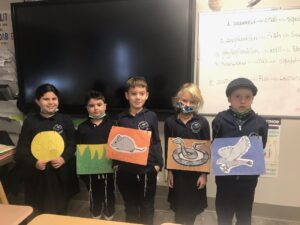
Third Grade
Third graders had a great week!
They continued reading their class novel: Tales of a fourth grade nothing. They practiced answering reading comprehension questions and writing beautiful paragraphs. In math, students worked on challenging word problems with bar model representations
In Science, 3rd graders finished Chapter 2 “Animals” . Students learned and explored ways to classify animals; Contrast vertebrates and invertebrates.
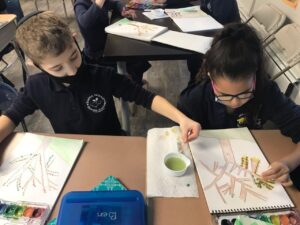
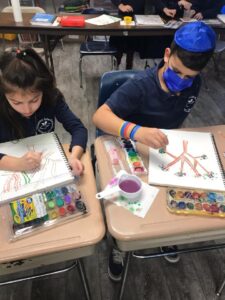
Fourth Grade
This week in ELA kids identified and used main verb and helping verbs in sentences. Correctly used the past and present tense form of the verb HAVE. Identified and used commas correctly in given sentences. Kids also completed persuasive writing activities.
In math students added and subtracted fractions with like denominators. Identified mixed number on the number line, changed improper fractions to mixed numbers, and changed improper fractions to mixed numbers.
In Social Studies we read and discussed about Mid Atlantic states and where people live and work. Read about state government and what they do. Identified three public services the state provide and why people pay taxes.
4th Grade Science
Students learned and observed the response of a plant to a stimulus; understand how organisms detect and respond to stimuli; distinguish learned and inherited behavior.
Fifth Grade
Greetings and salutations!
This has been a pretty good week for 5th grade!
They practiced with singular and plural nouns. They continued reading their novel with some amazing class discussions. The 5th graders are quickly wrapping up their novel. Next week, they will begin their essay.
In science, students described and learned the structures and processes involved in the food-making process of plants; they recognize photosynthesis as an adaptive characteristic of plants that improves their ability to survive in an ecosystem.
Middle School
Middle School ELA and Social Studies
6th Grade
Greetings and salutations!
In ELA the 6th grade practiced with subject and object pronouns.
They finished reading Hatchet and began working on their essay on literally conflict.
In Social Studies the 6th grade wrapped up their Ancient India Part1 and took their quiz. They also began leaning about the Mauryan Empire of Ancient India.
7th Grade
Greetings and Salutations!
In ELA the 7th graders practiced with subject pronouns and object pronouns.
They continues to read their class novel, The Master Puppeteer, and discuss the themes of loyalty and betrayal as they are shown in the book. The 7th graders will soon be finishing this class novel and starting their essay.
In Social Studies the 7th grade continued their exploration of the American colonies. They were particularly interested in the history of New York and how it came to be New York.
8th Grade
8th Graders had a great week!
In Grammar, we continued our study of pronouns by discussing subject and object pronouns. In reading, we started our novel study of Animal Farm. We discussed the book as an allegory for the Russian Revolution and discussed which animal character stands for which historic person. Jeffrey Shutman was particularly impressive in class discussion!
In Social Studies, we are Midway through our World War II unit. We finished the week with Pearl Harbor and wrote a journal comparing the Rise of Hitler to the Rise of Stalin.
Middle School Math
5th grade learned about division of fractions and applying that knowledge to challenging problems.
6th grade is reviewing fraction and decimal operations.
7th grade learned about statistics and how to extrapolate information from a graph.
8th learned how to graph linear inequalities on a coordinate plane and how to solve absolute value equations.
Middle School Science
6th grade
The students become familiar with the processes involved in volcanic eruptions; During a lab students observe what happens during a volcanic eruption and how it occurs.
7th Grade
7th grade students have been fabulous in Science. They have been investigating how our body works on a cellular level. Students have learned about the various types of cells such as prokaryotes, eukaryotes, plant and animal cells. The differences between animal and plant cells and the functions of the organelles. Shout out to all of the 7th Grade Fabulous Job! Special shout out to Mikai, Asher, Madison , Kobe and Ella. Fantastico!!! Happy Thanksgiving to all.
8th Grade
Students are discovering what it means to be alive! Students will be completing a Scientific Explanation answering the essential question “What does an organism need to be deemed alive?” They are investigating various articles and will watch a few videos to begin their investigation, so they can determine a position and make a claim. Once their investigation is complete, students will make their claim and support it with evidence from the sources they used to complete their investigation.
Jewish History
7th Grade finished the first unit for the year and is having a test on Tuesday! We learned about creation and used history to prove that Hashem created the world, controls the world, and cares about the world. Now that we established the foundation, we are moving on to the foundation of the Jewish Nation!
8th grade is continuing our study of the times of the second Bais HaMikdash. We learned about how the Greek Empire split into three and control of Eretz Yisroel flipped between the Ptolemaic and the Seleucid Greeks! This had a major effect on Jewish History!




